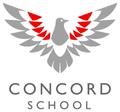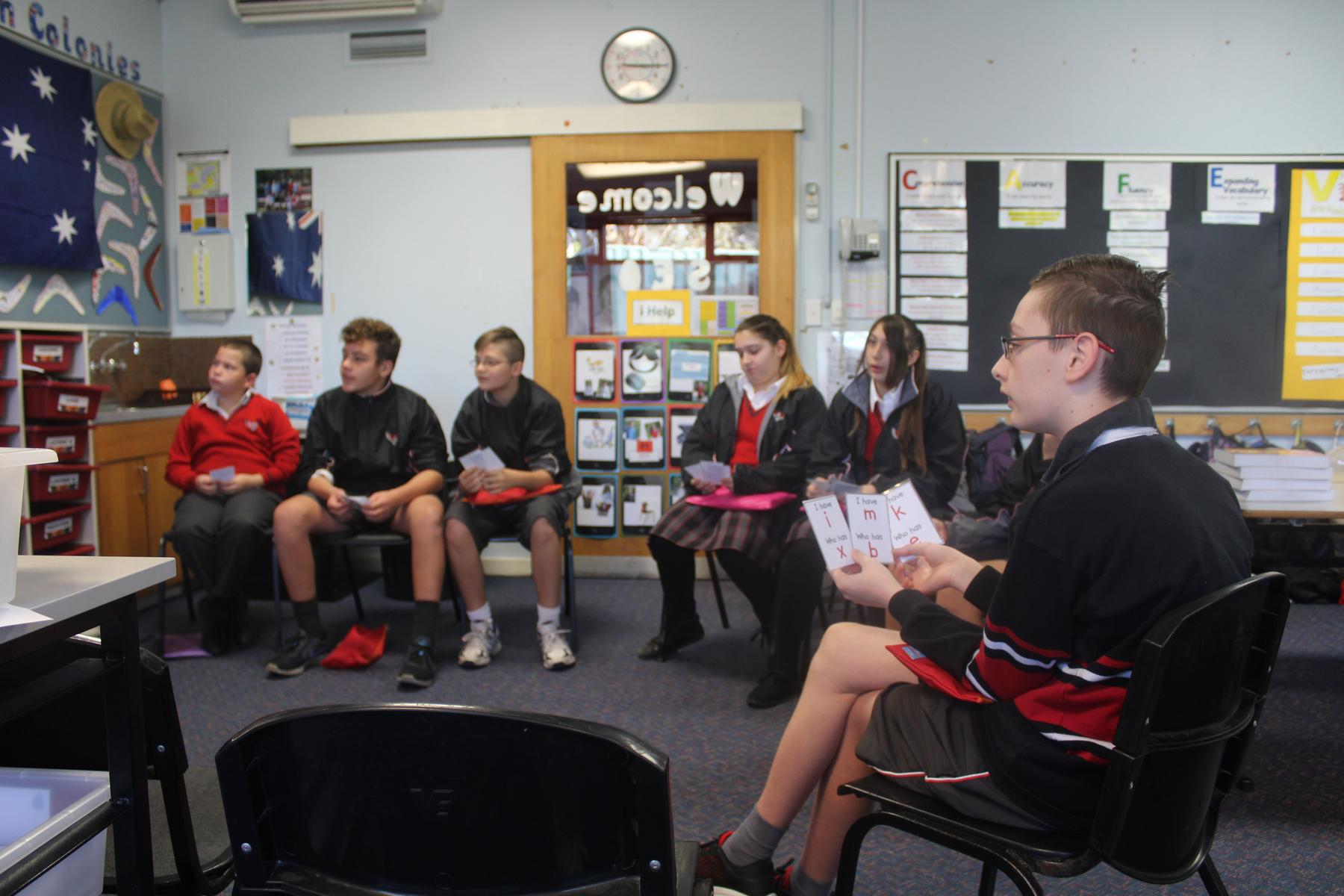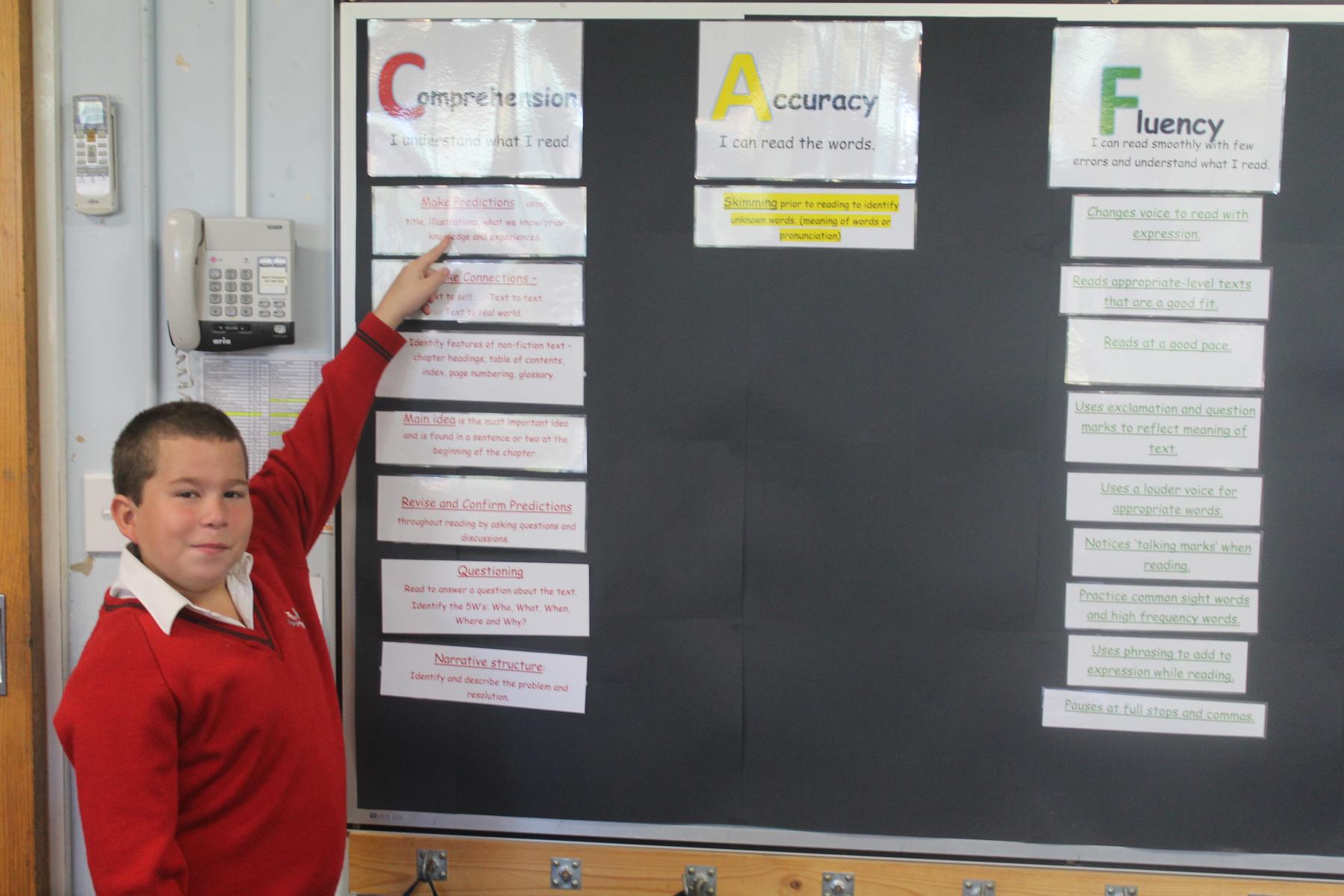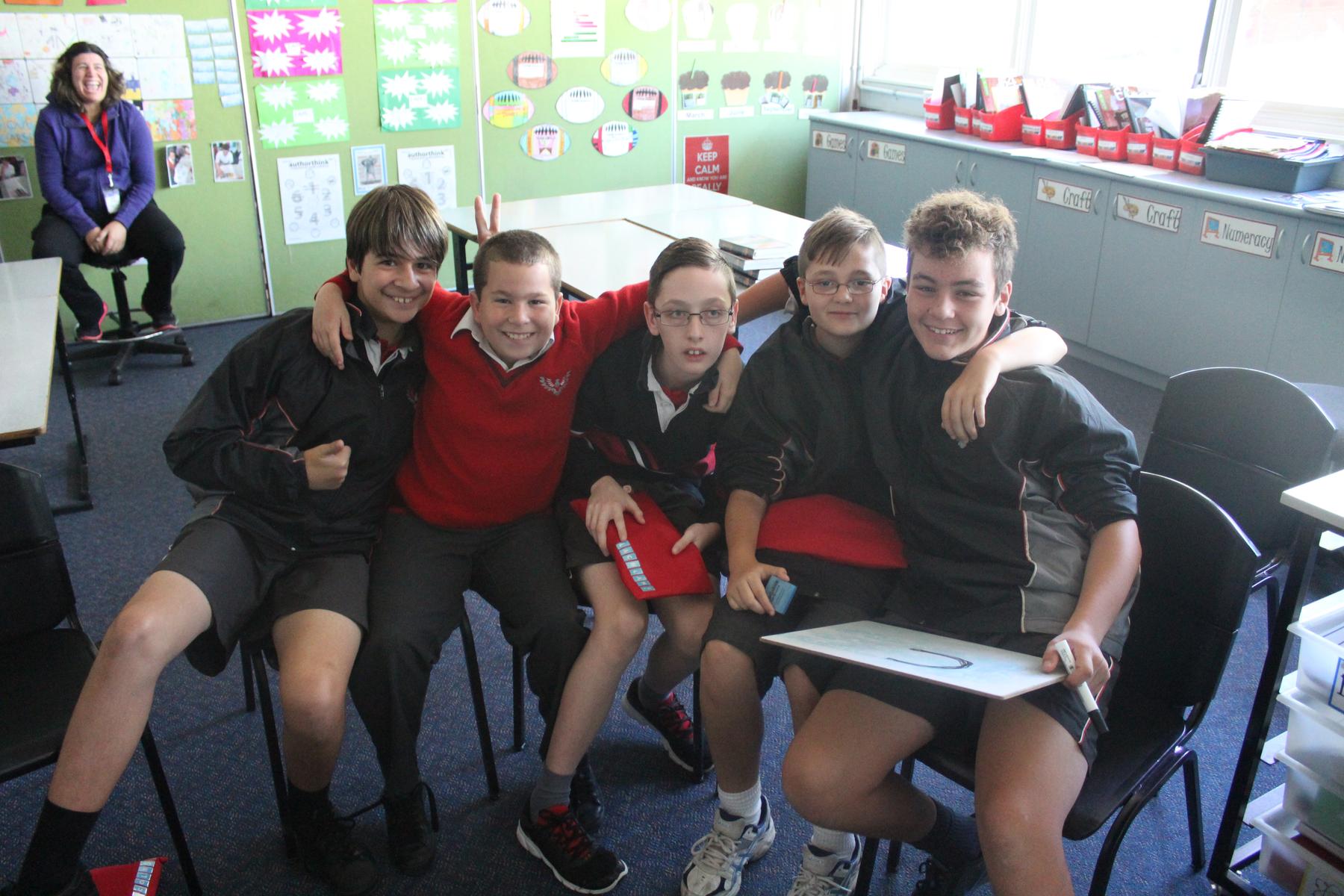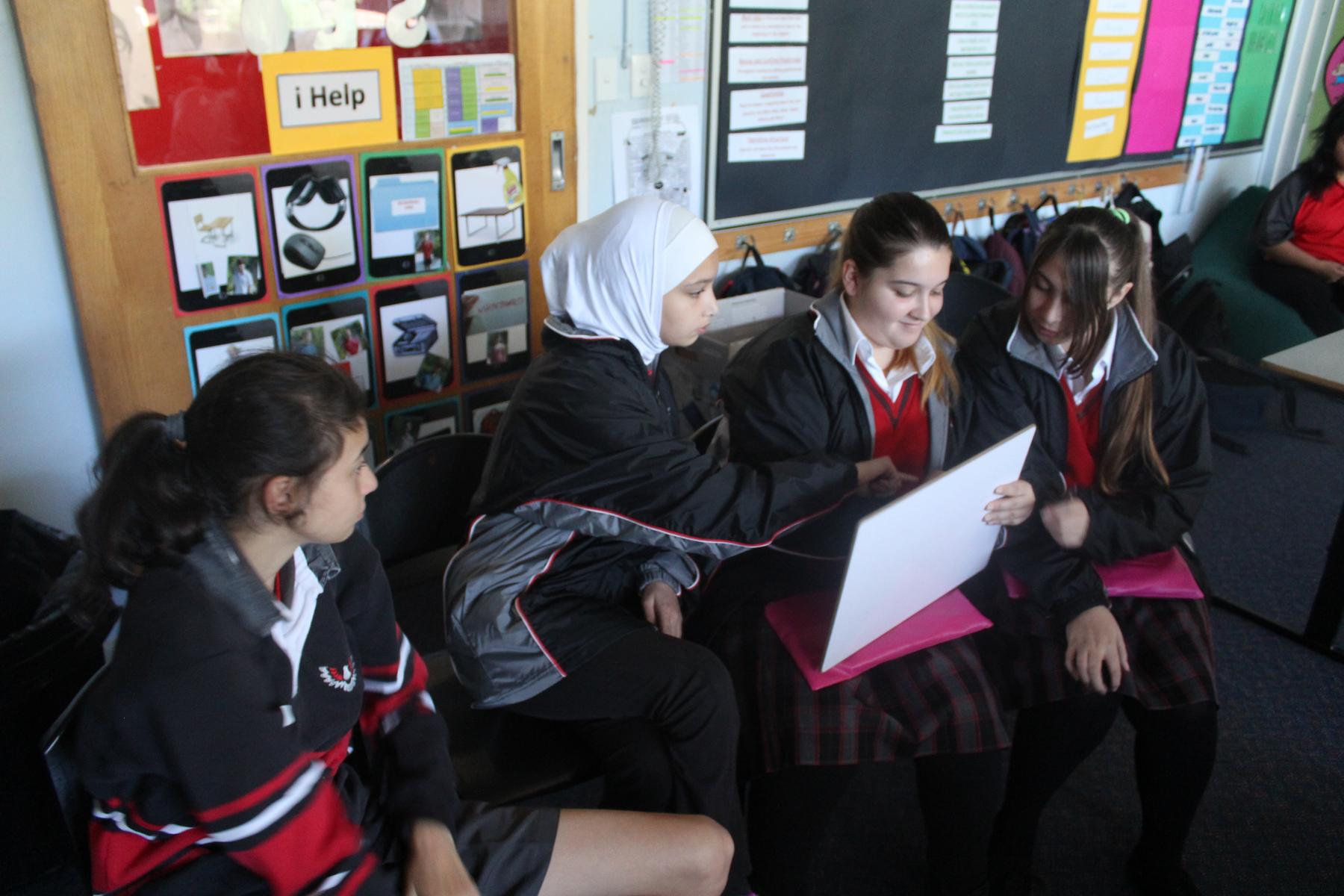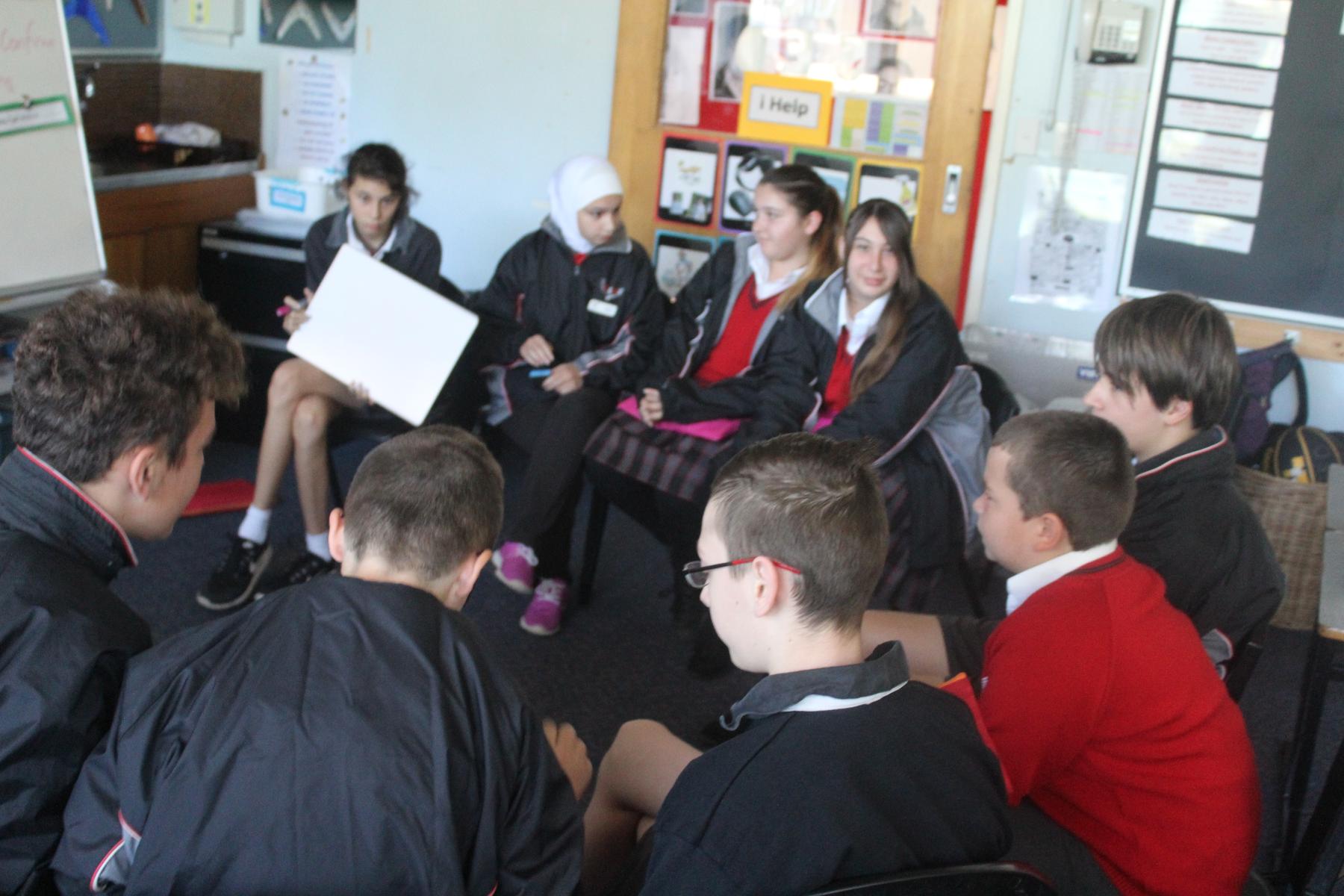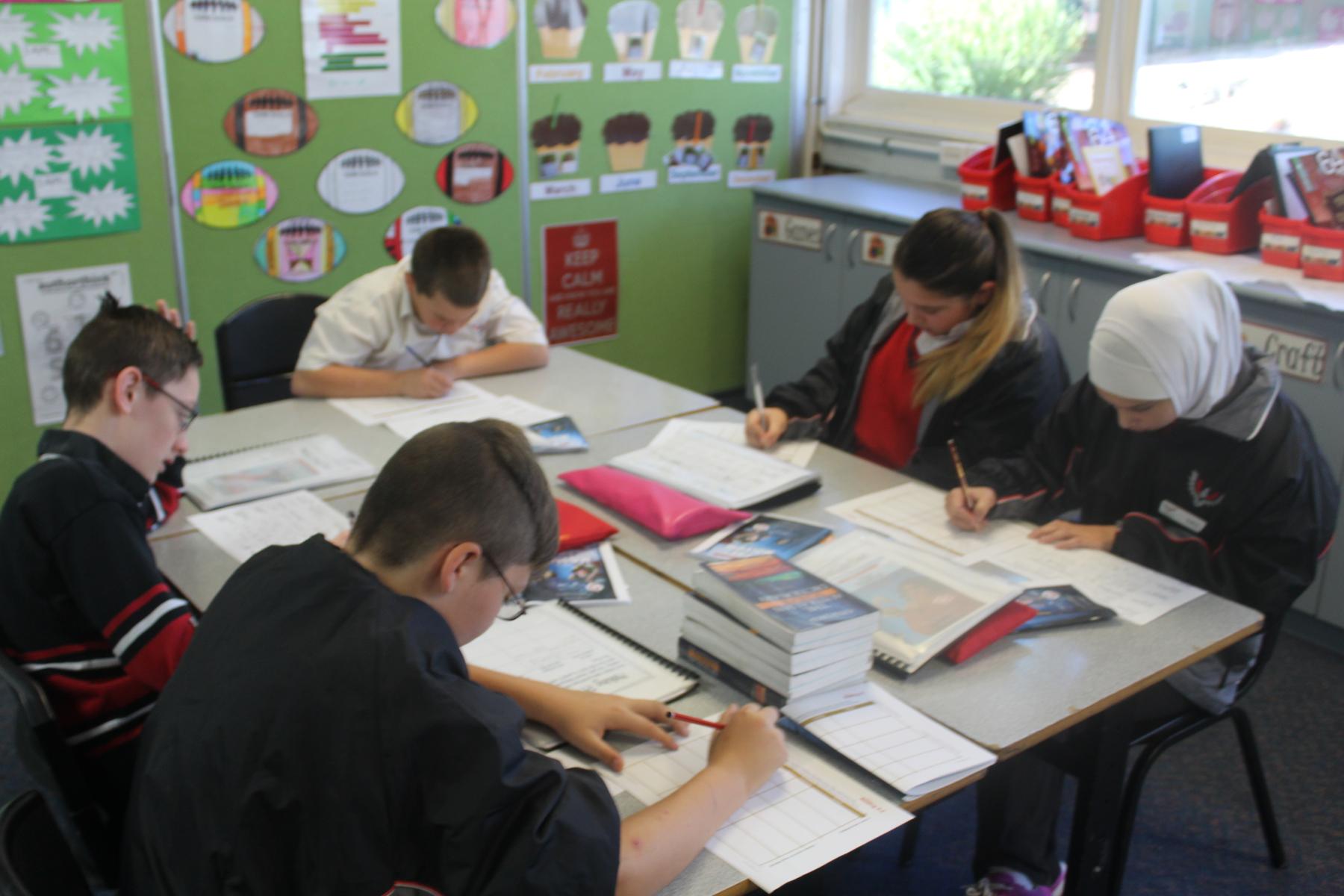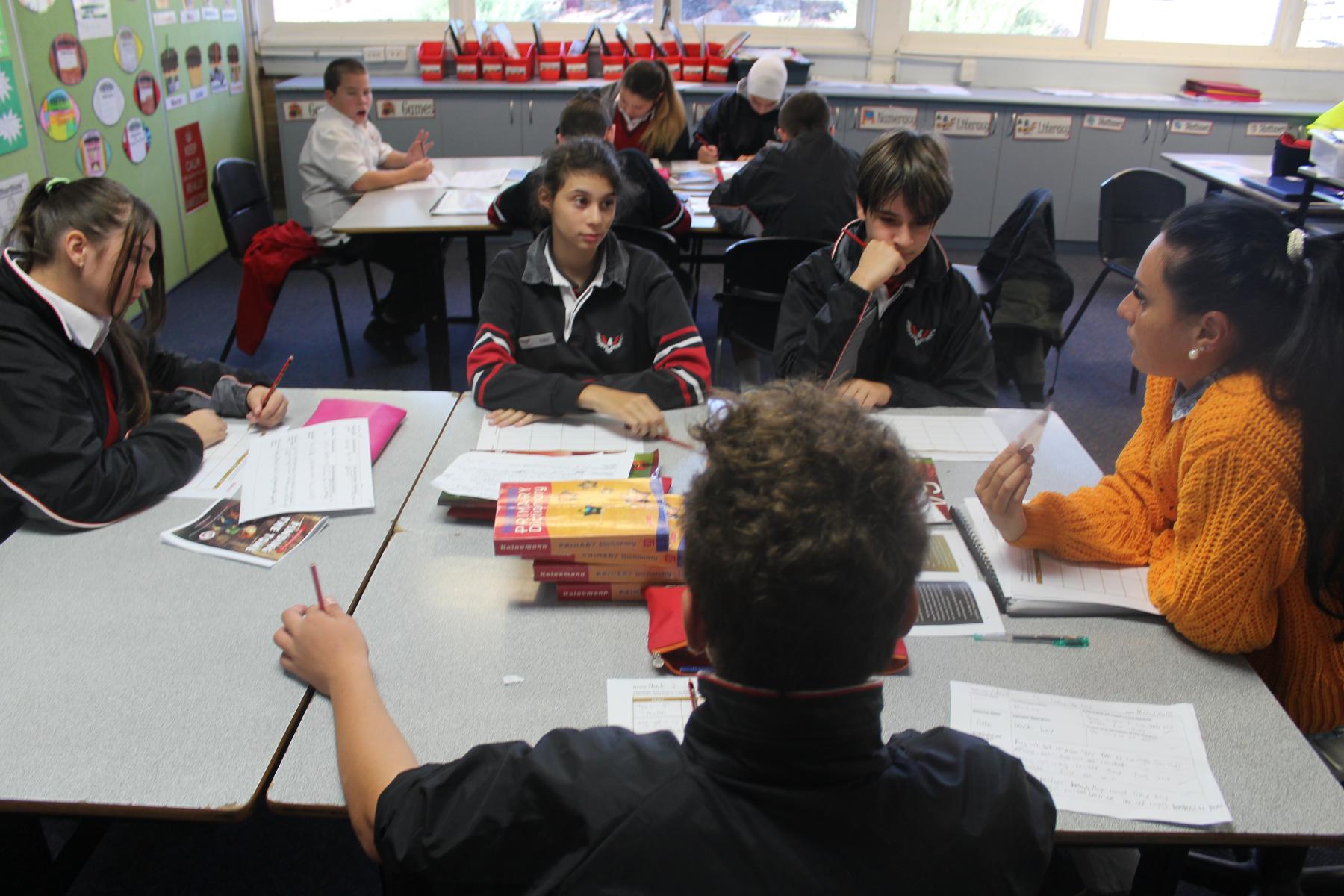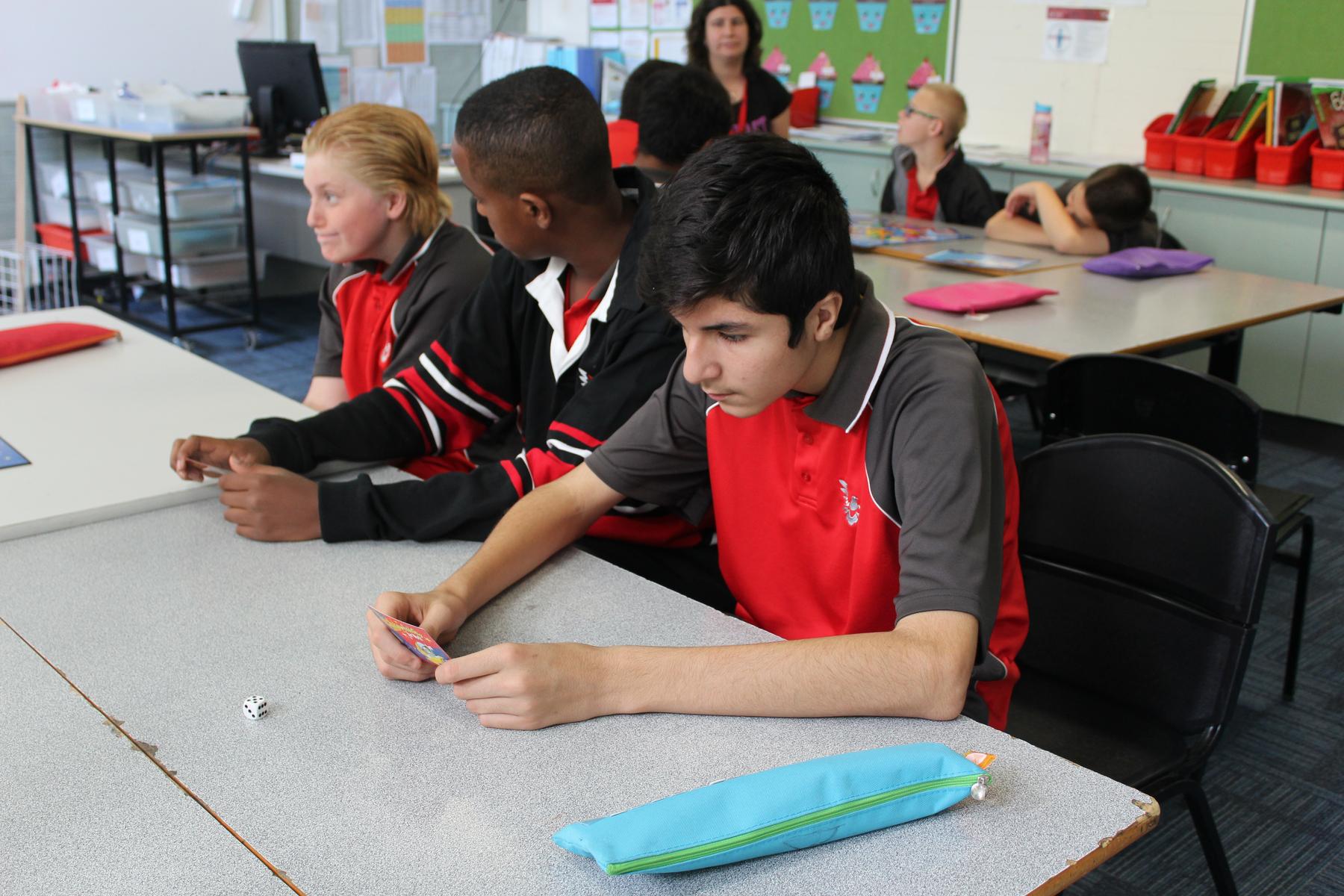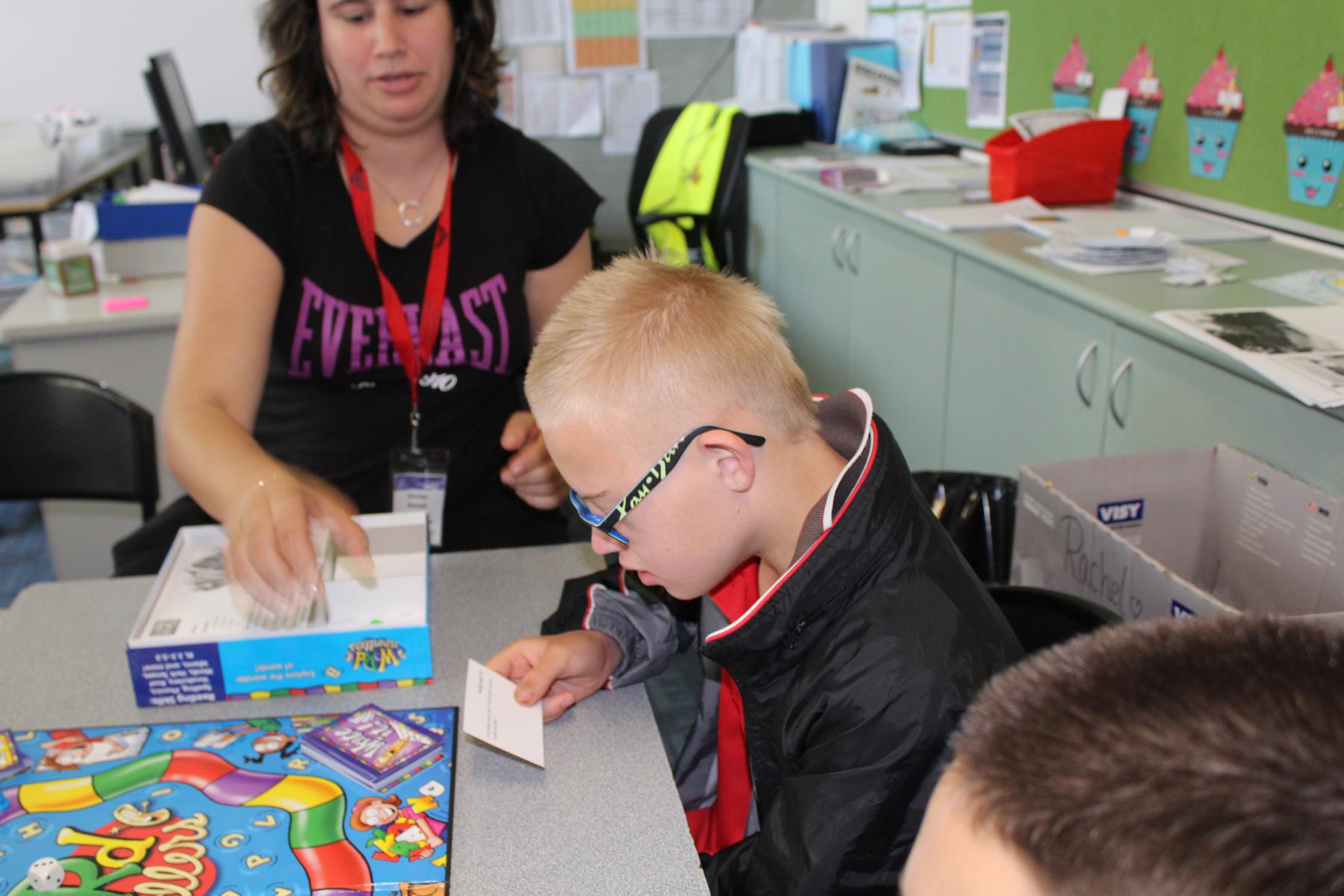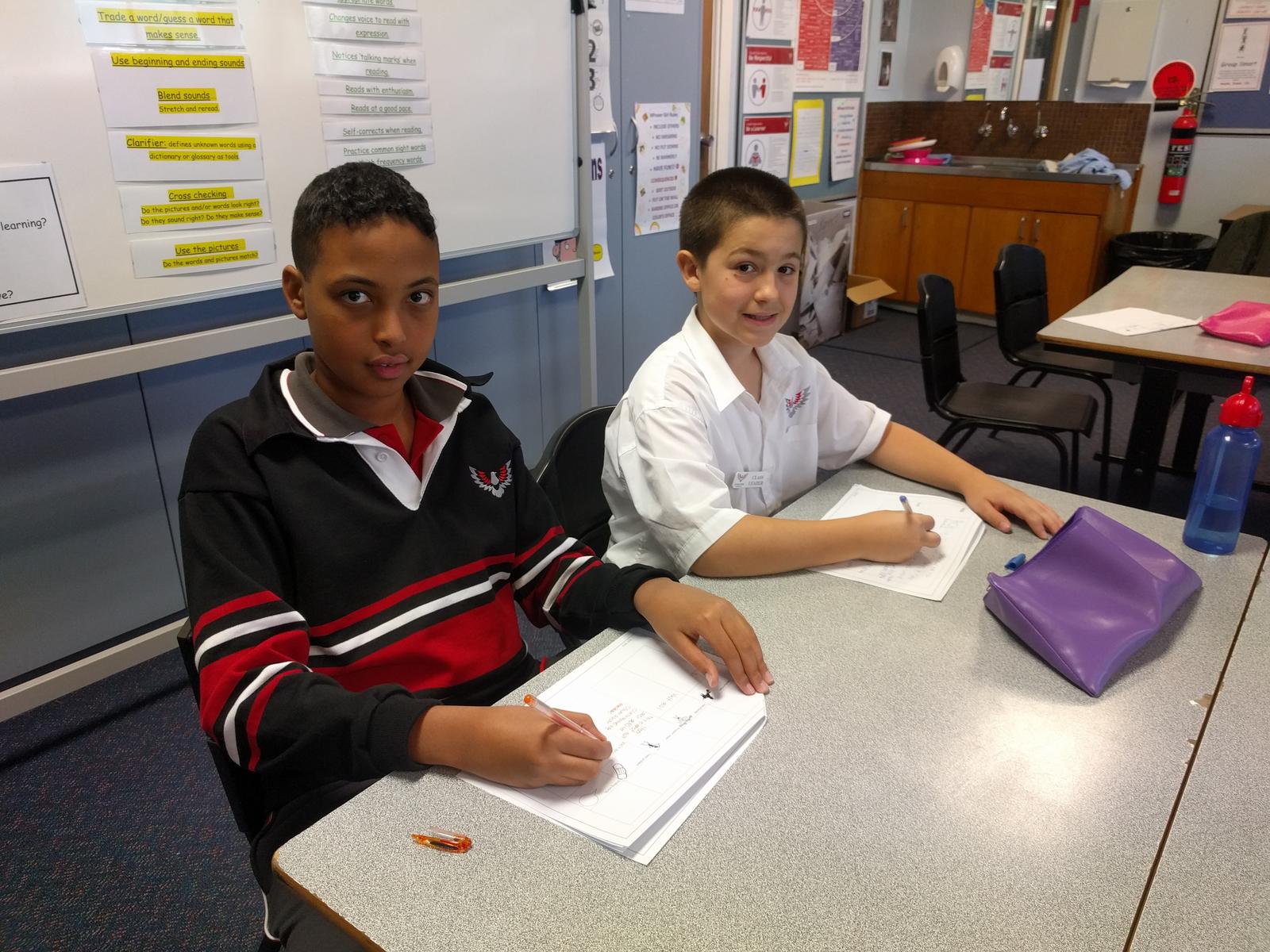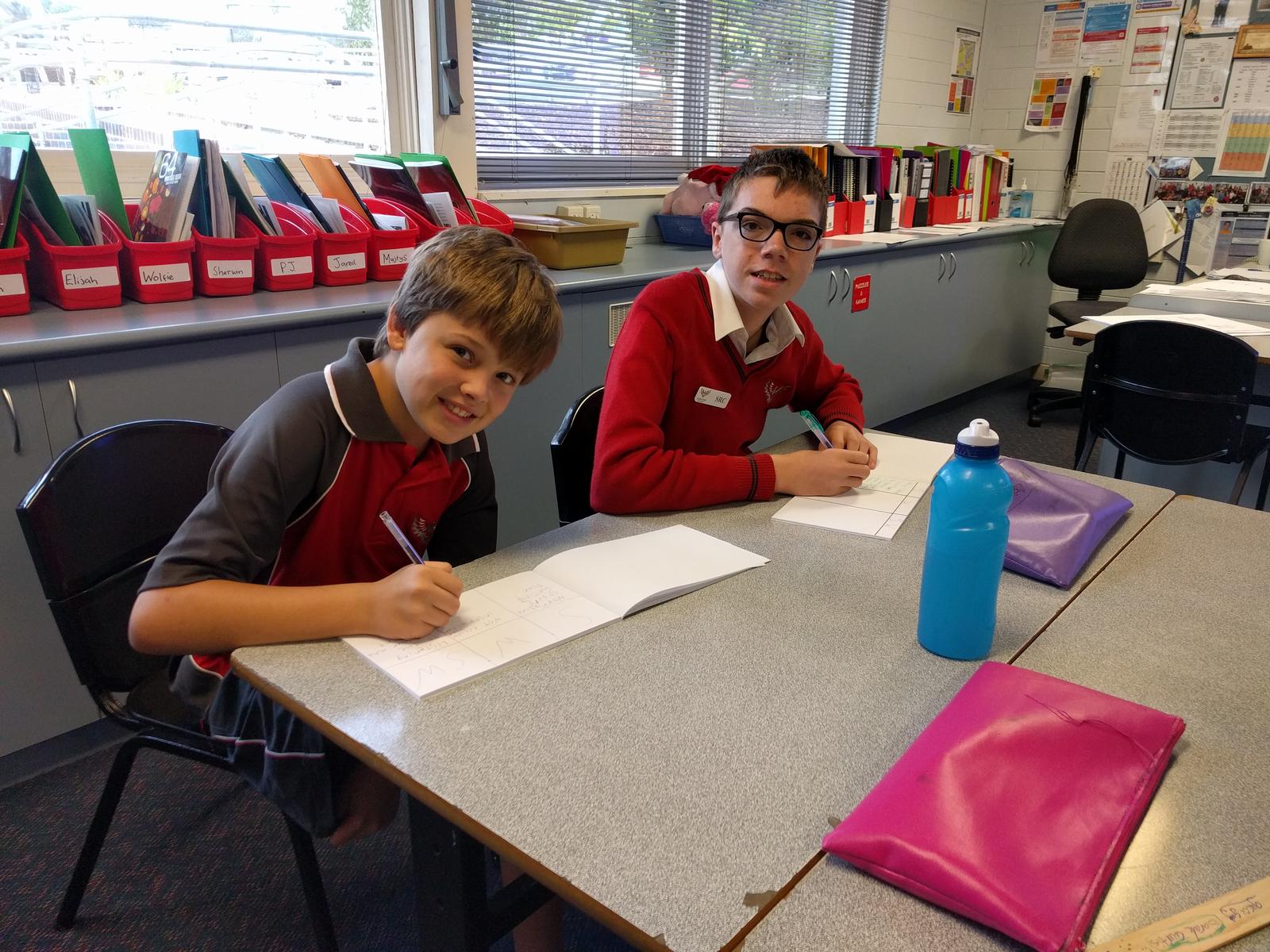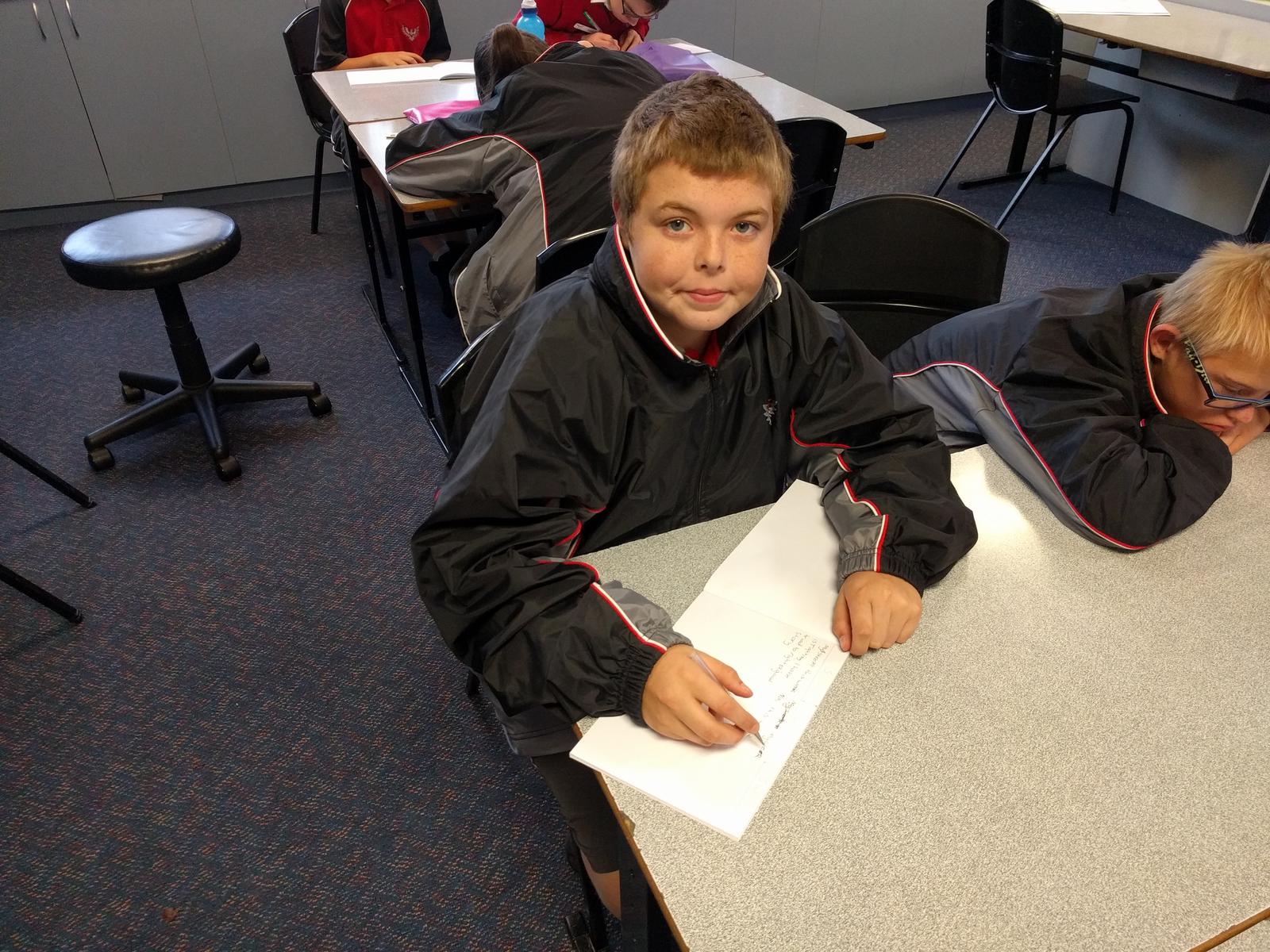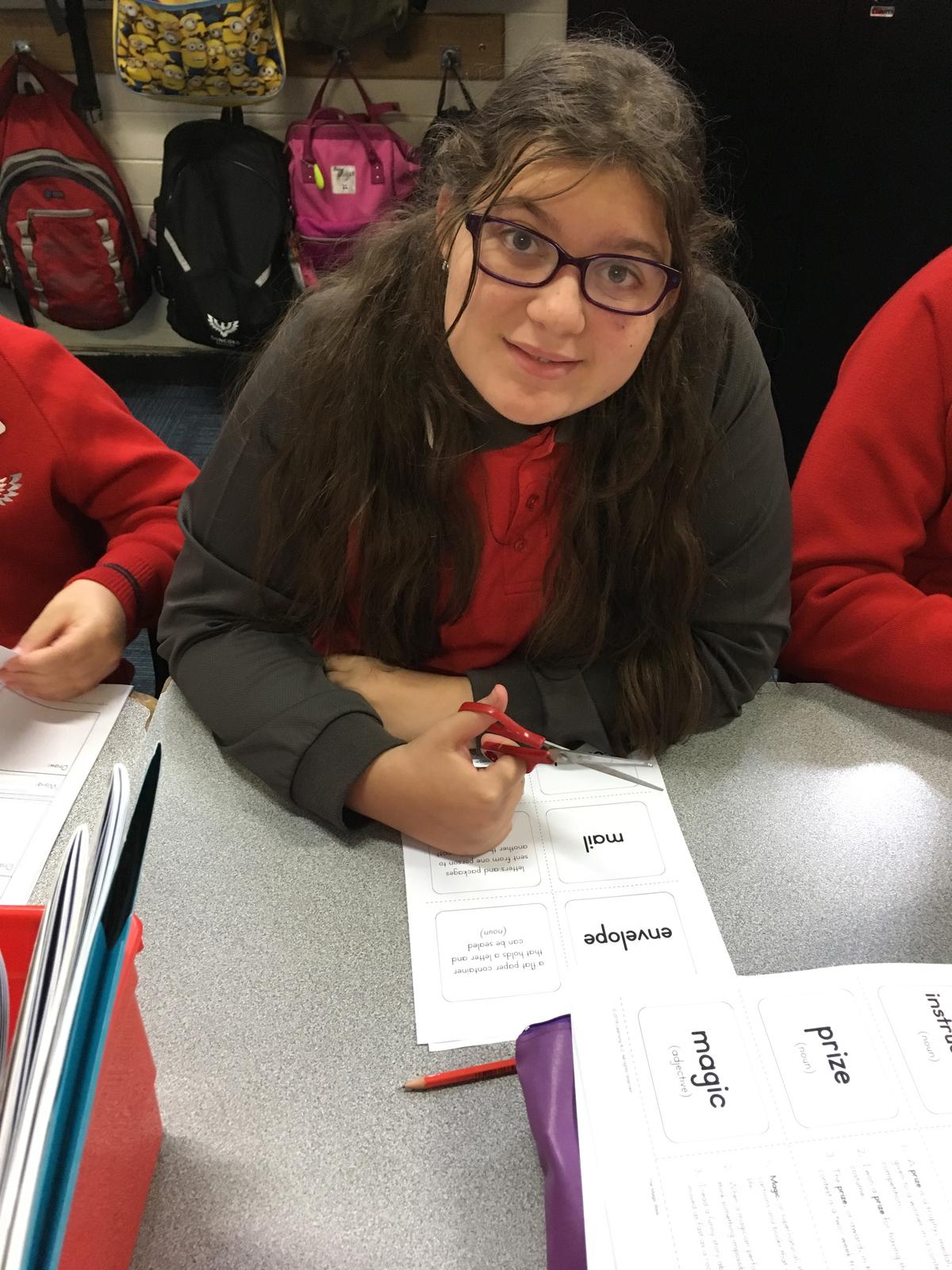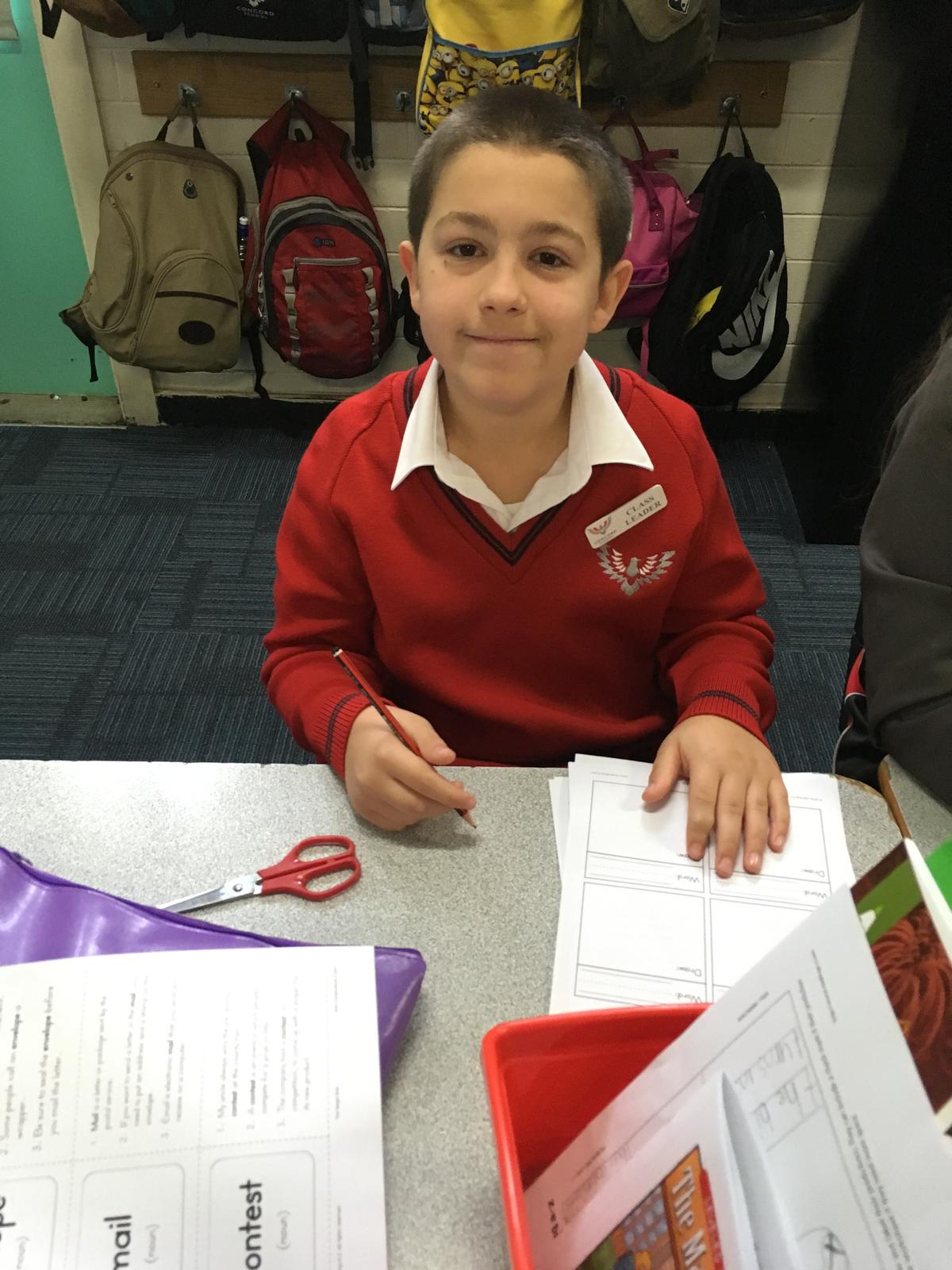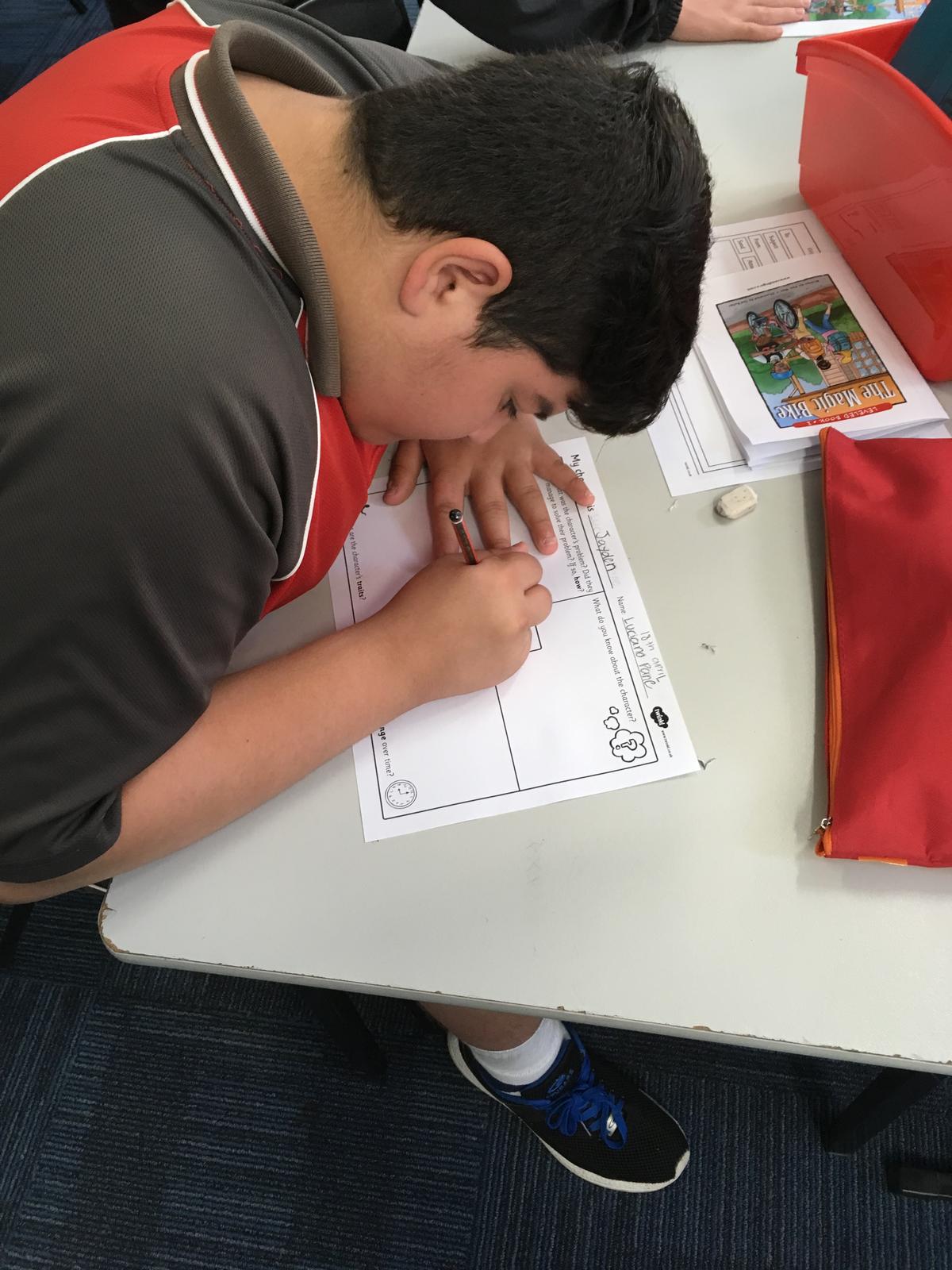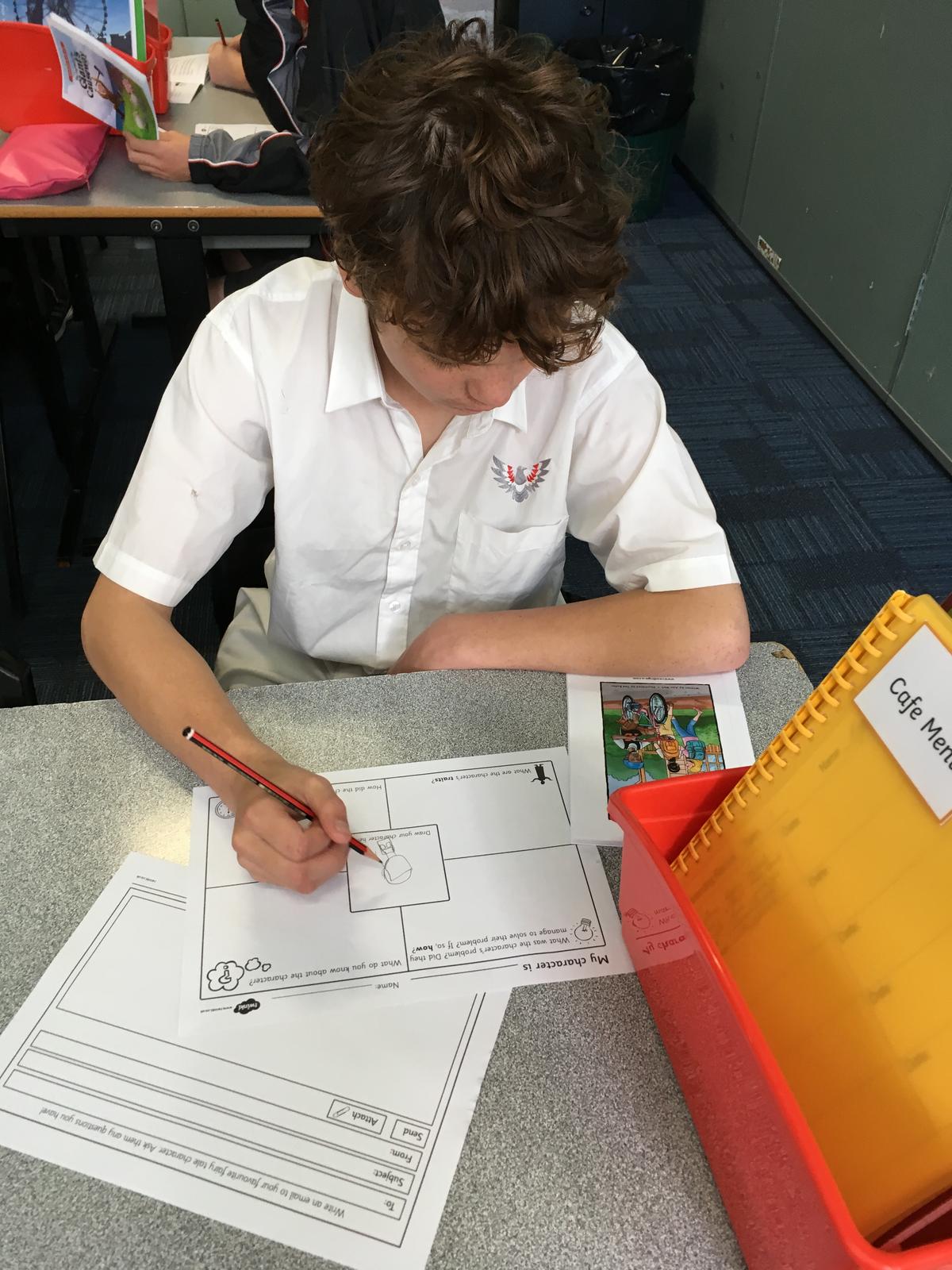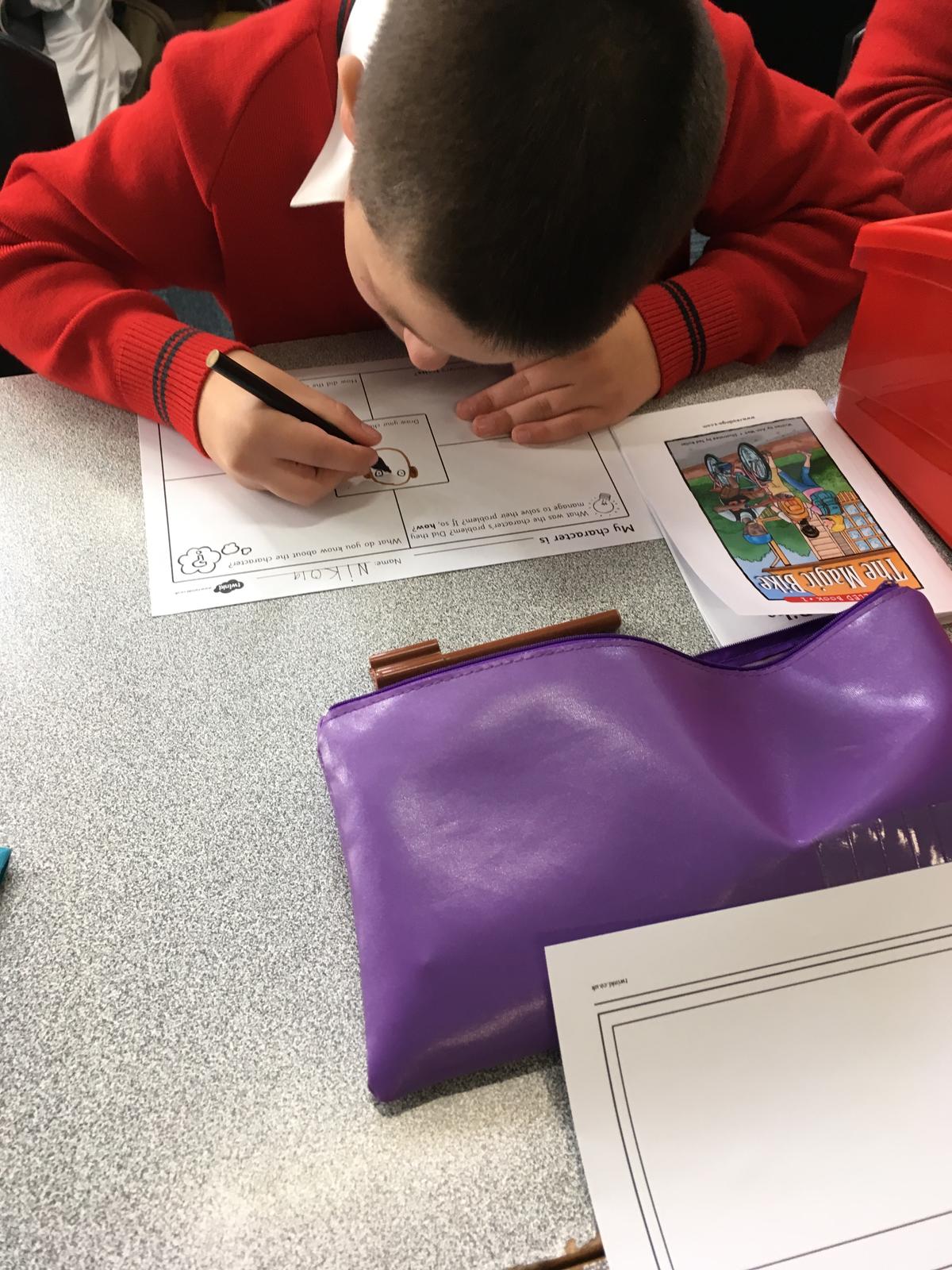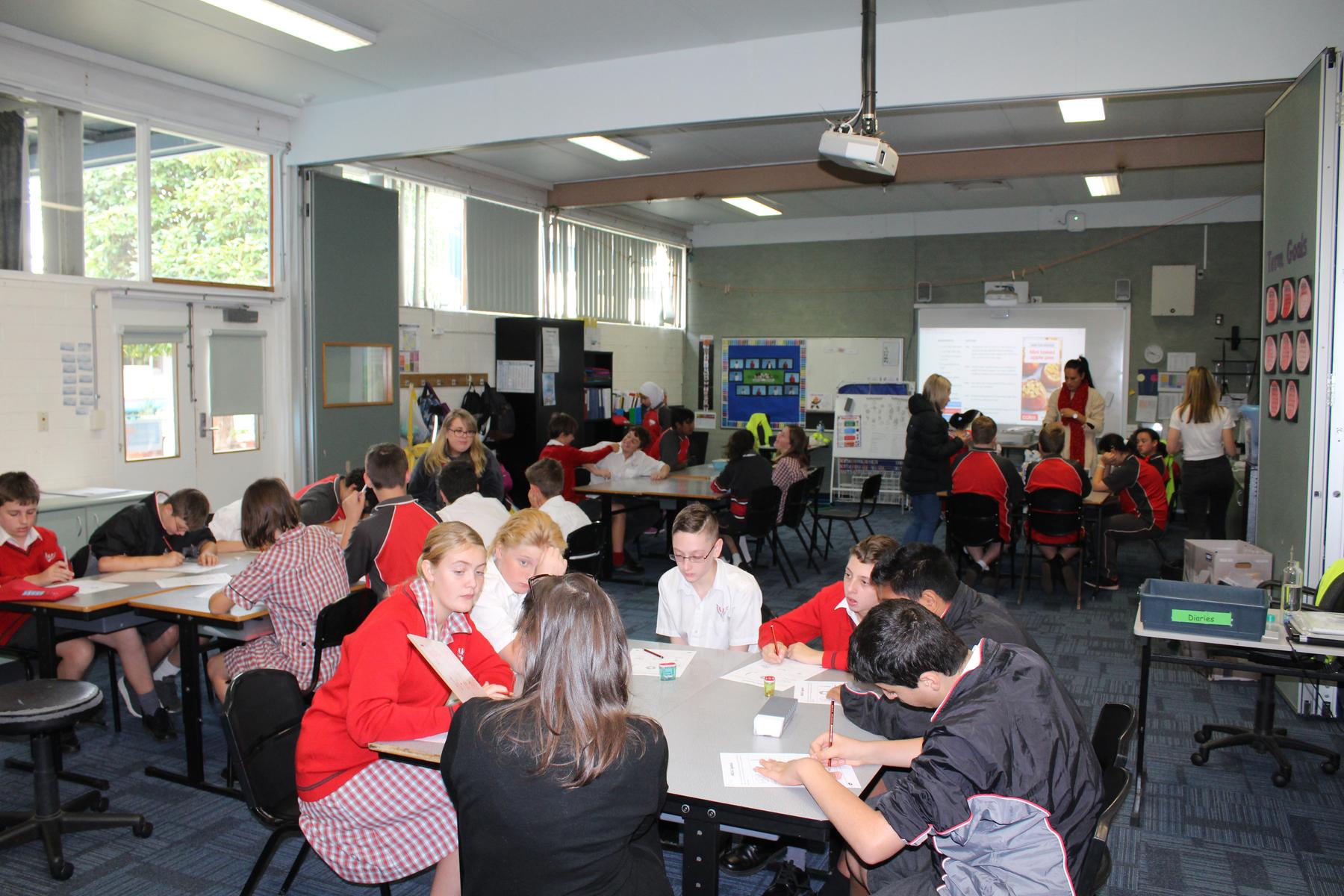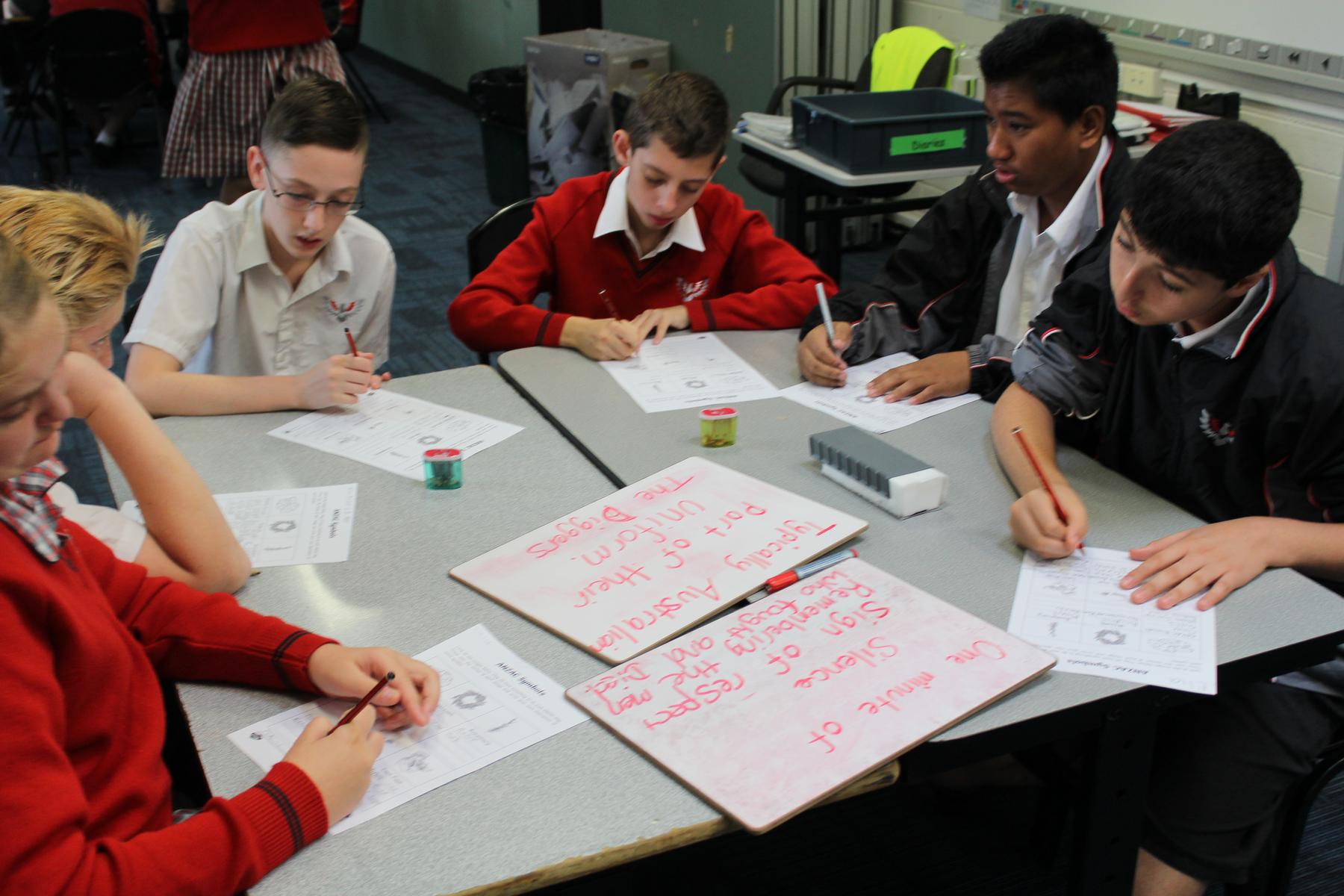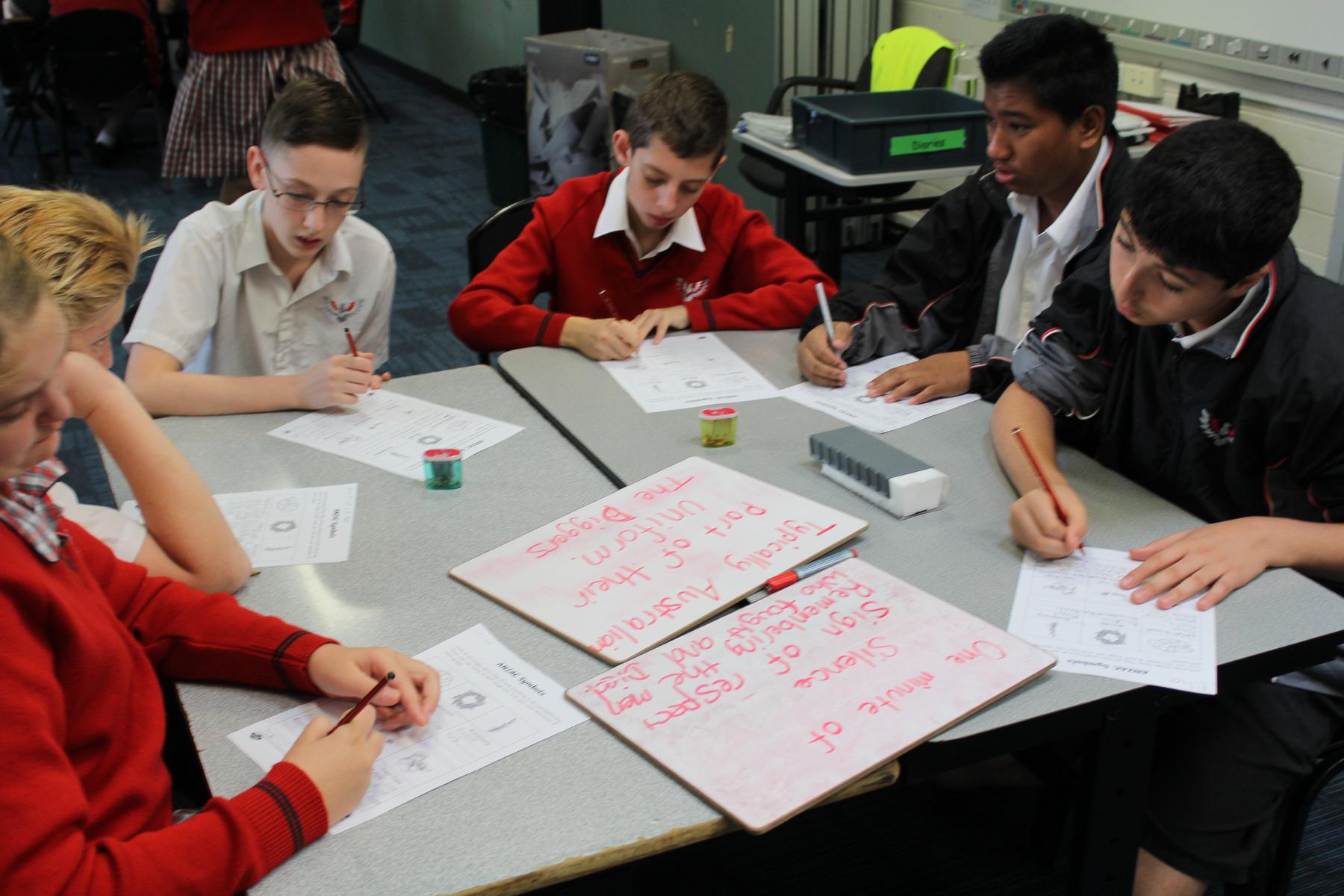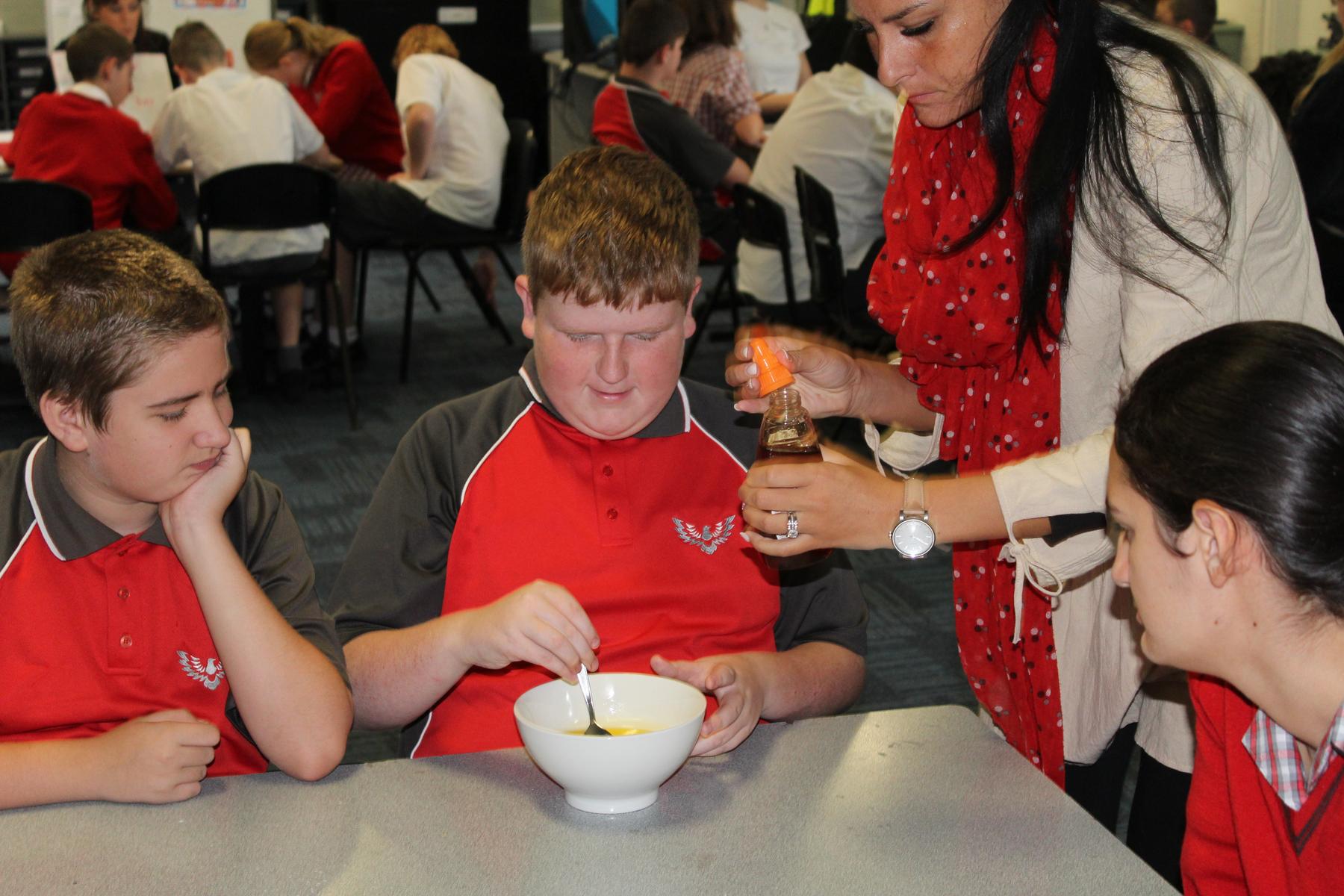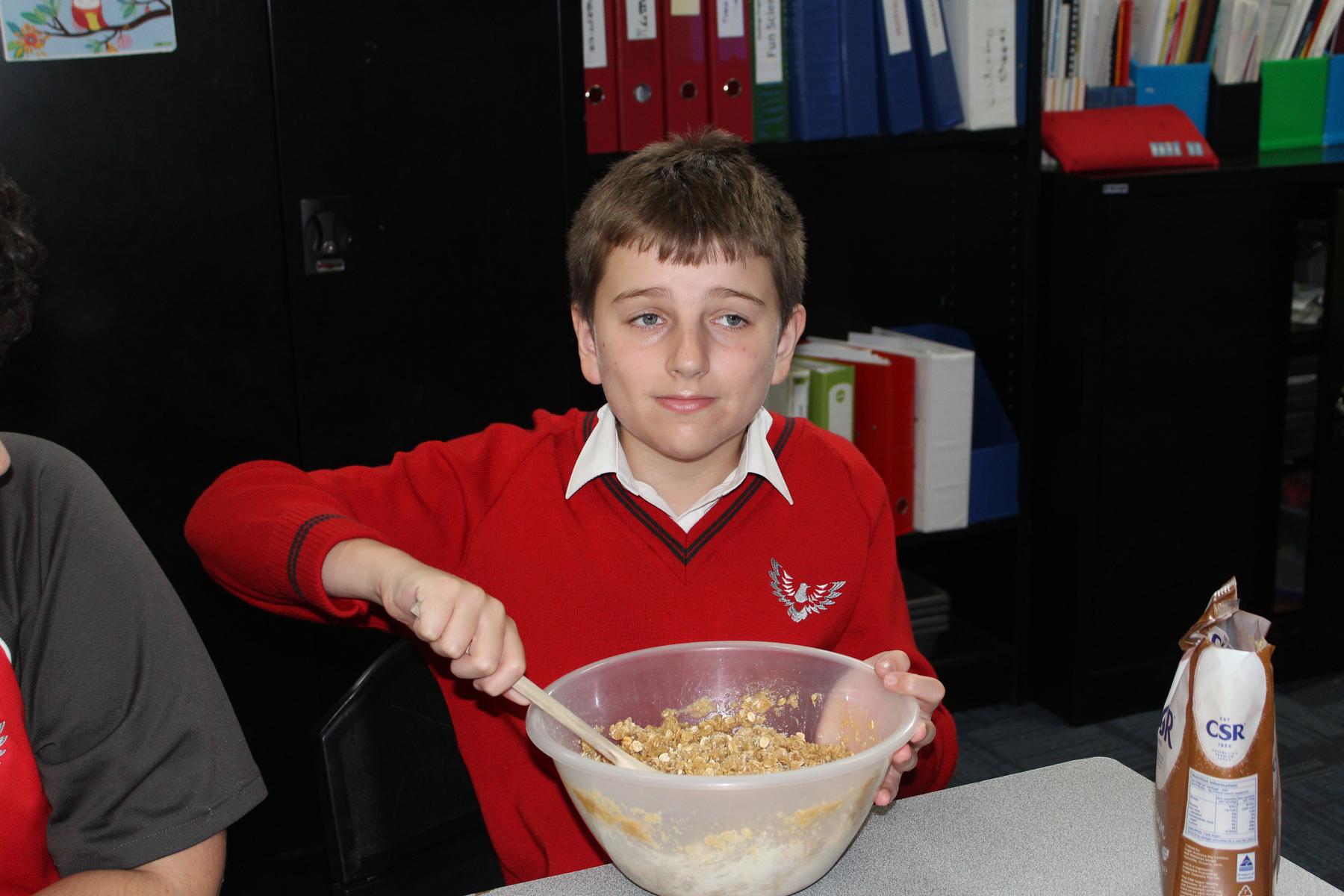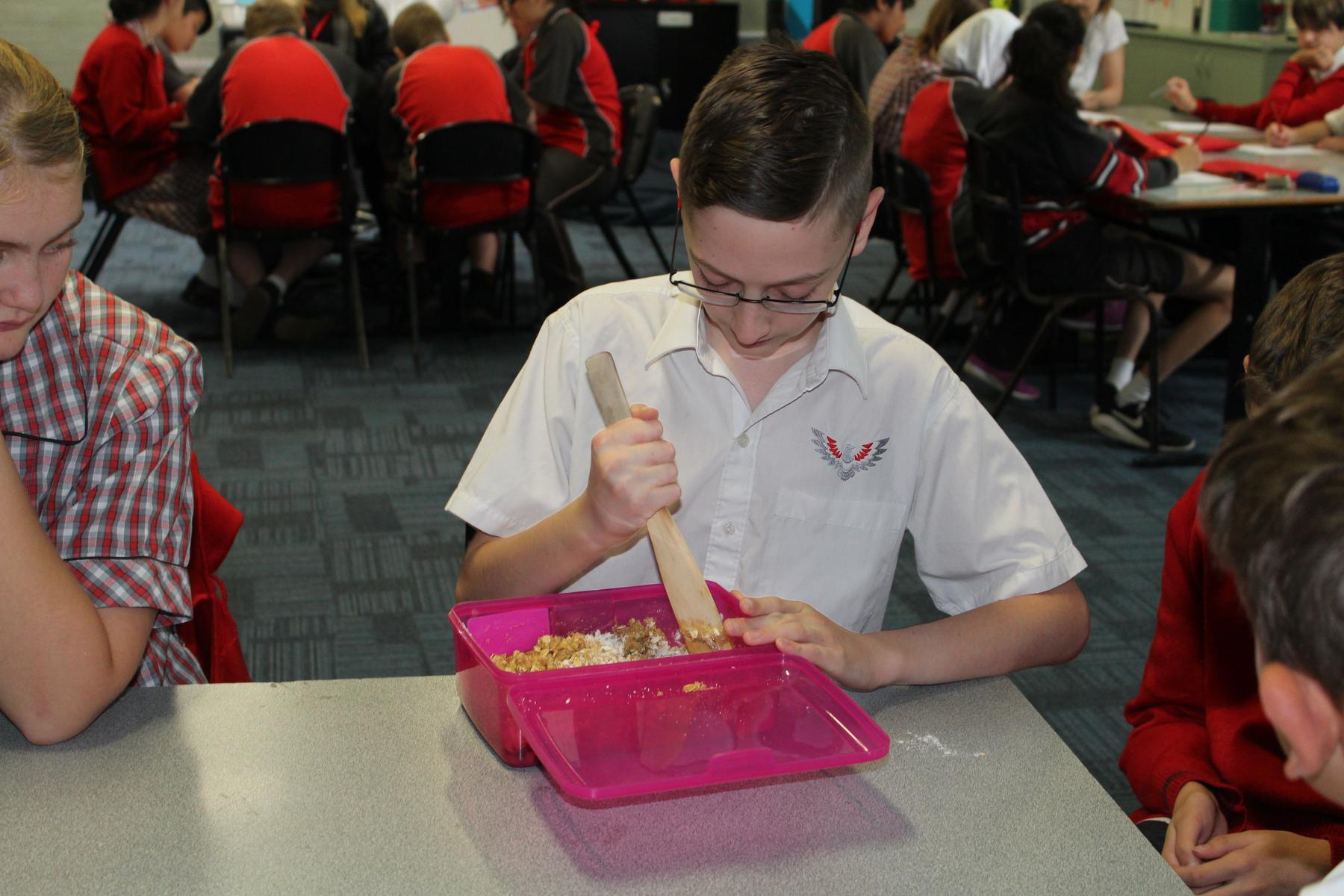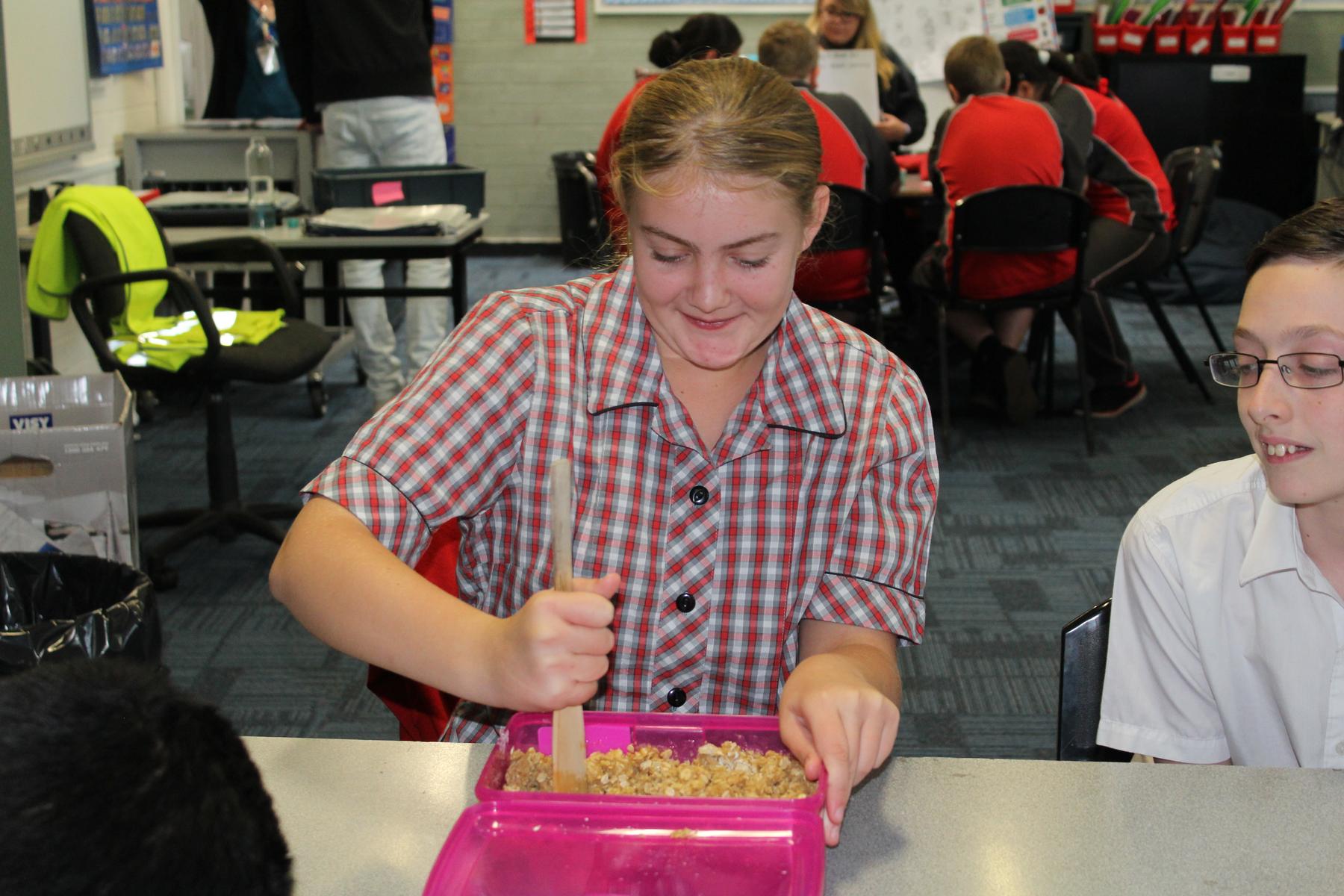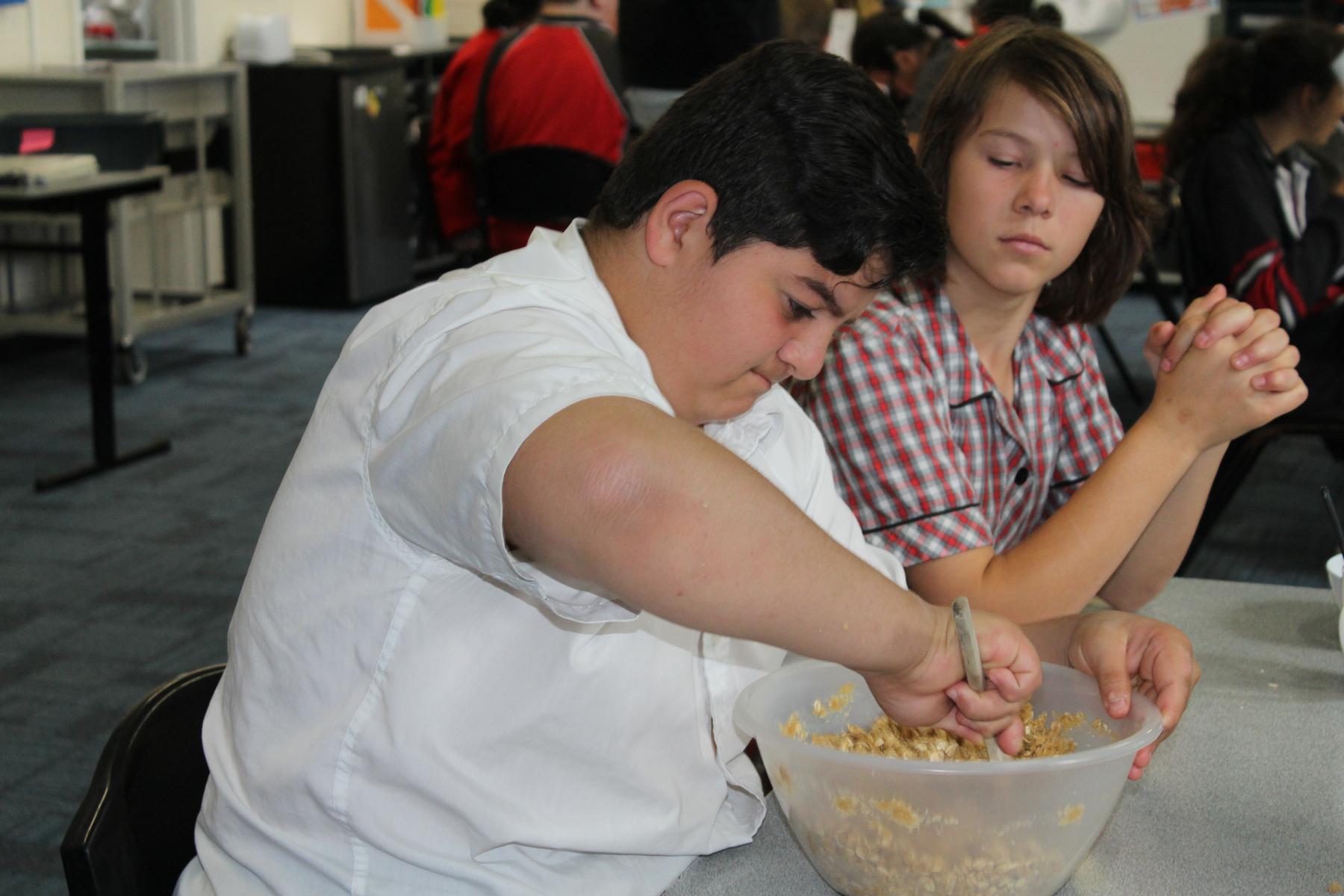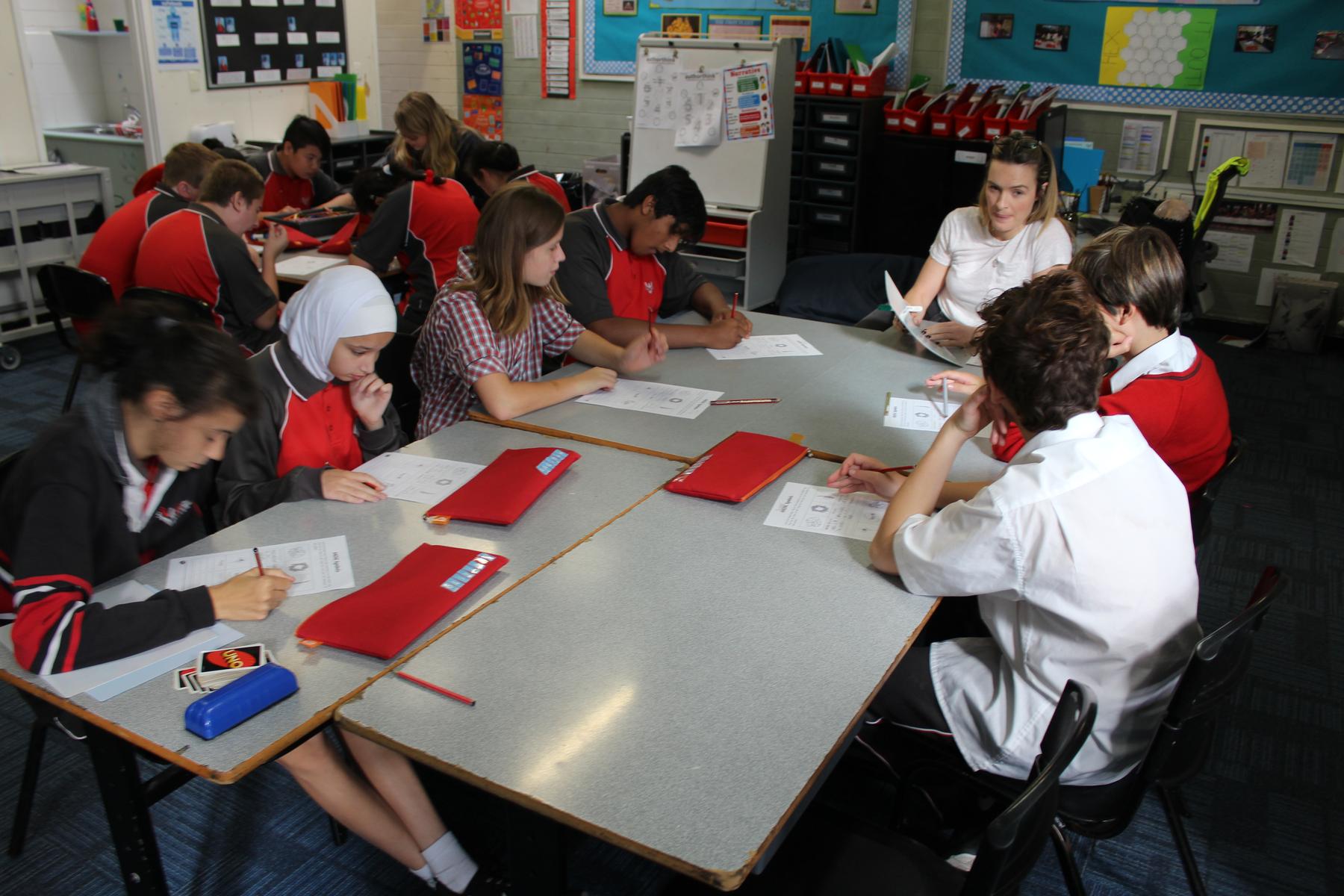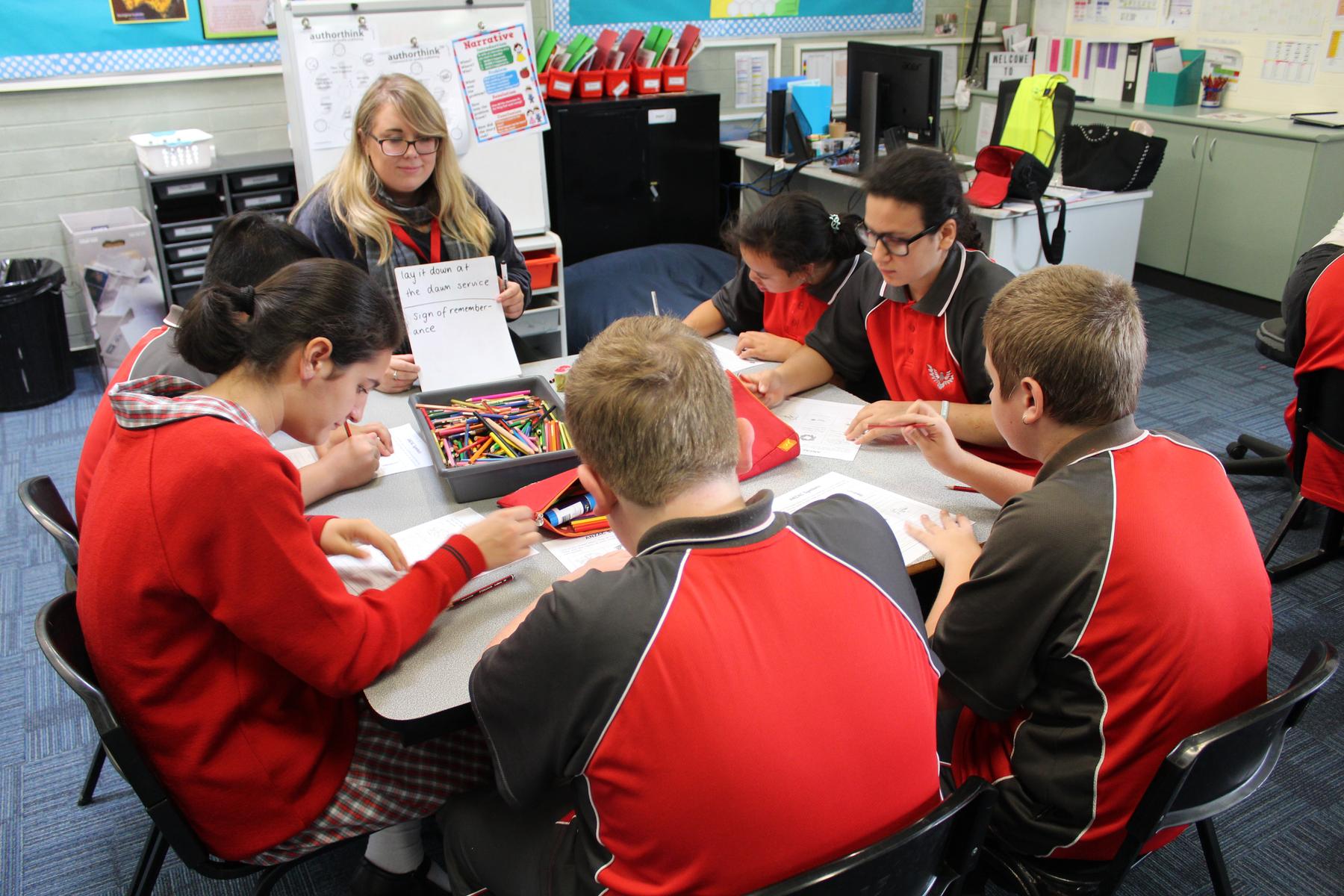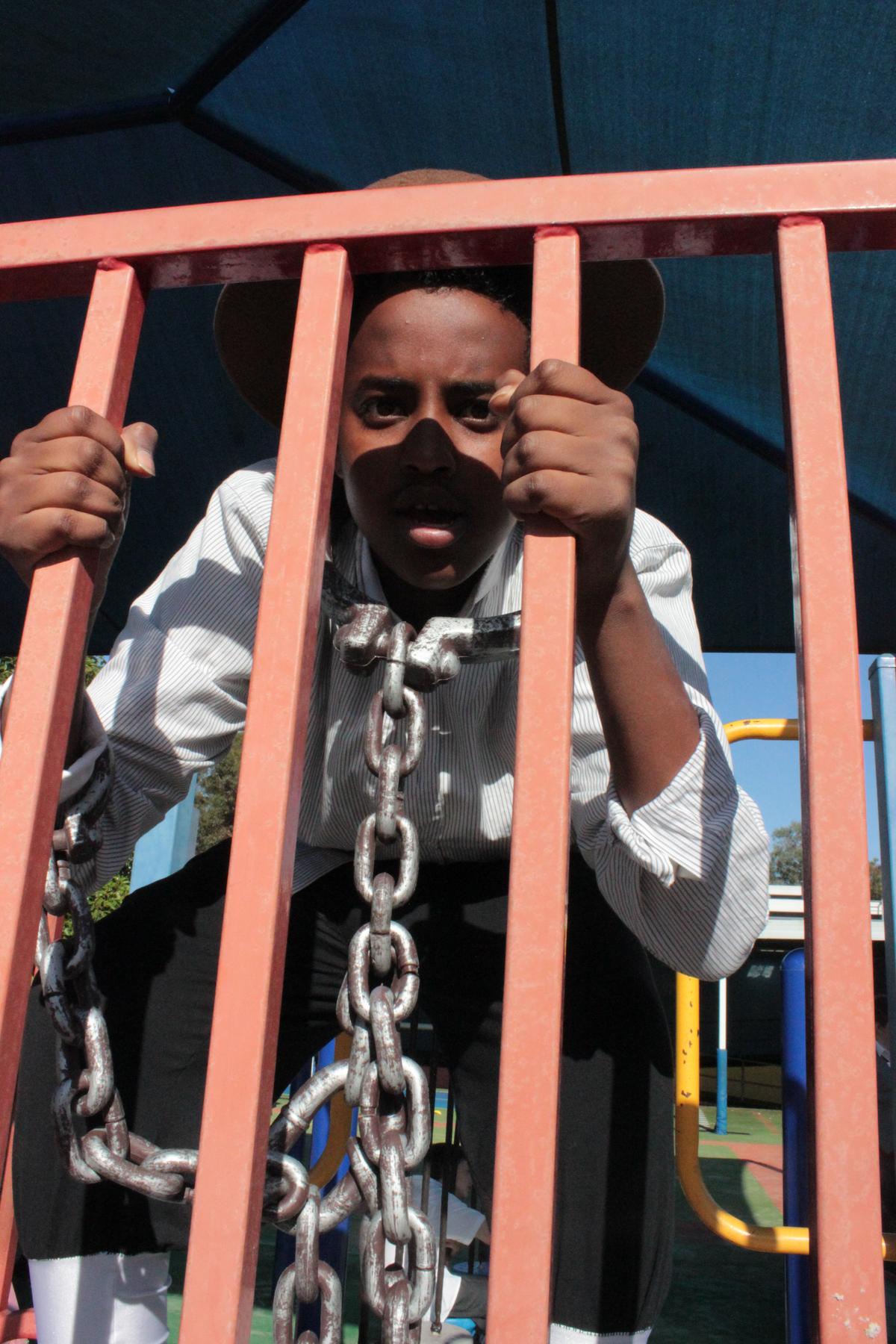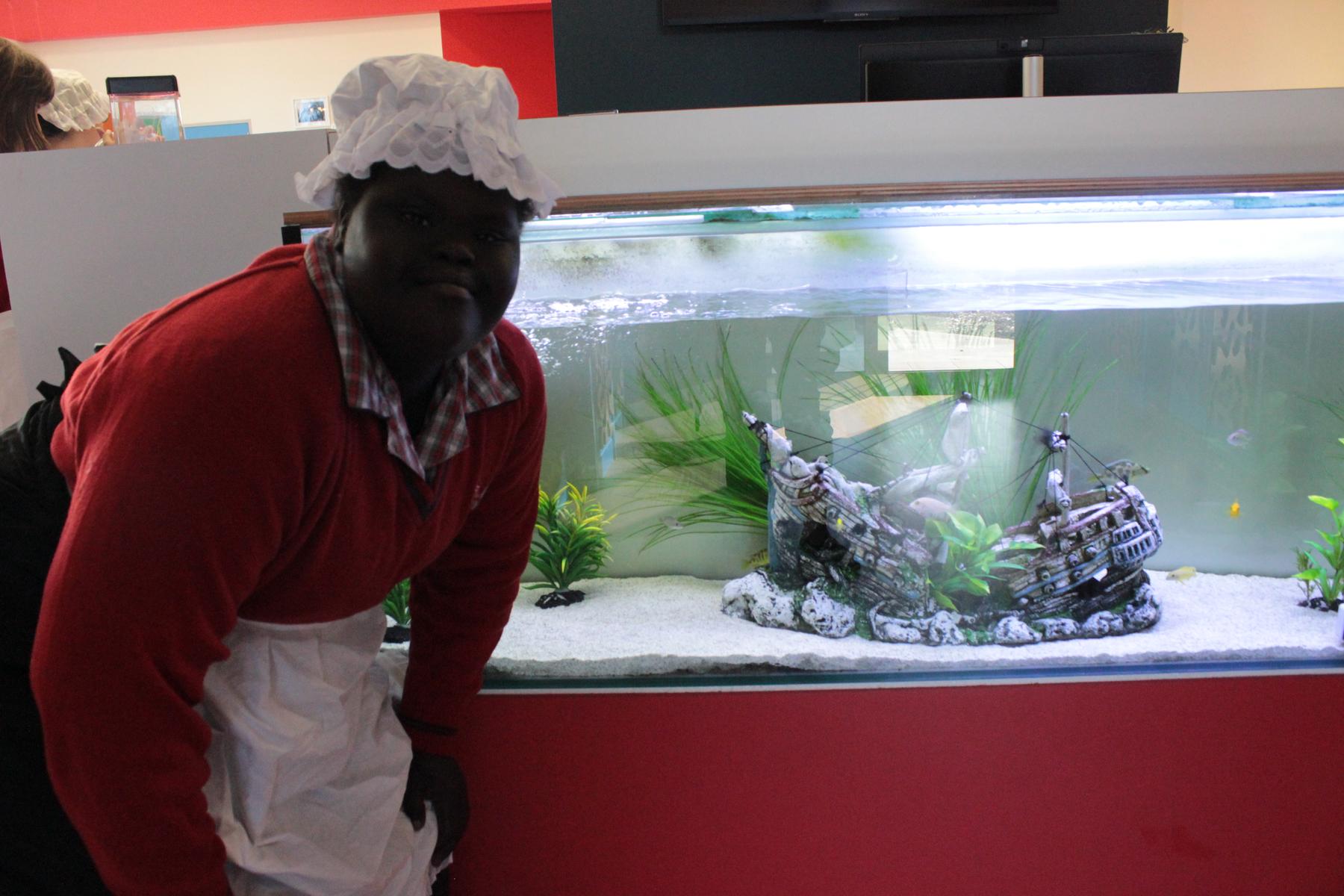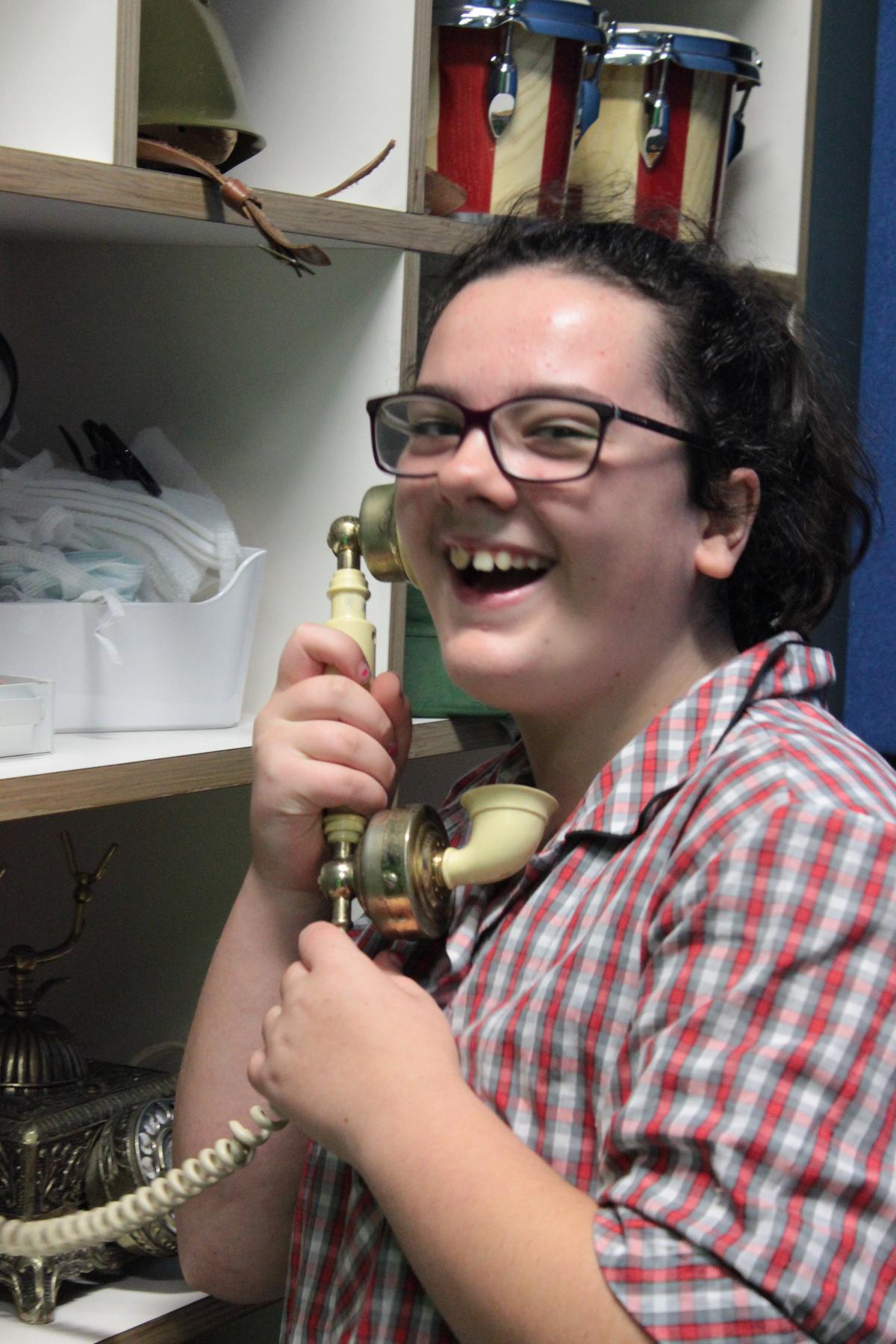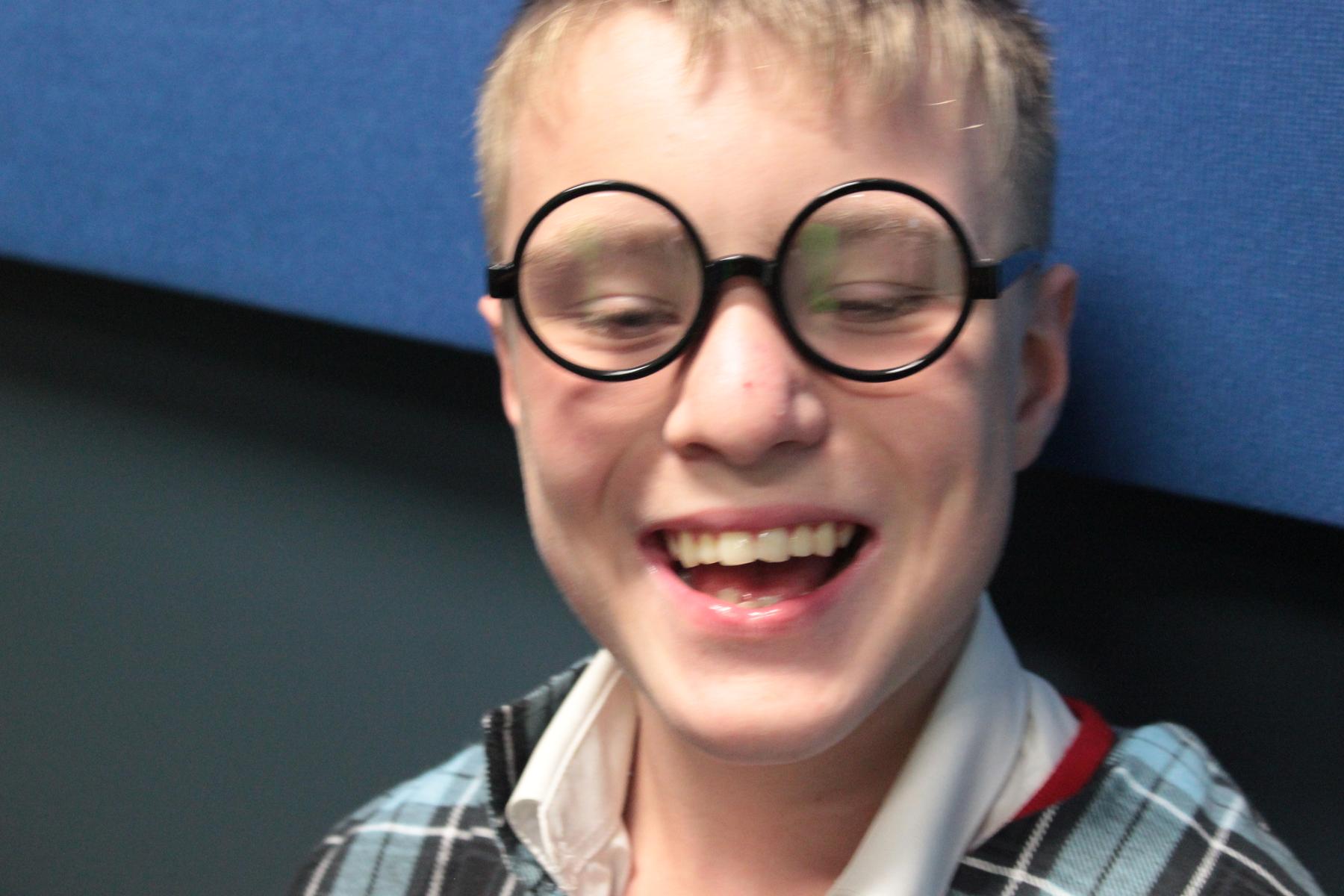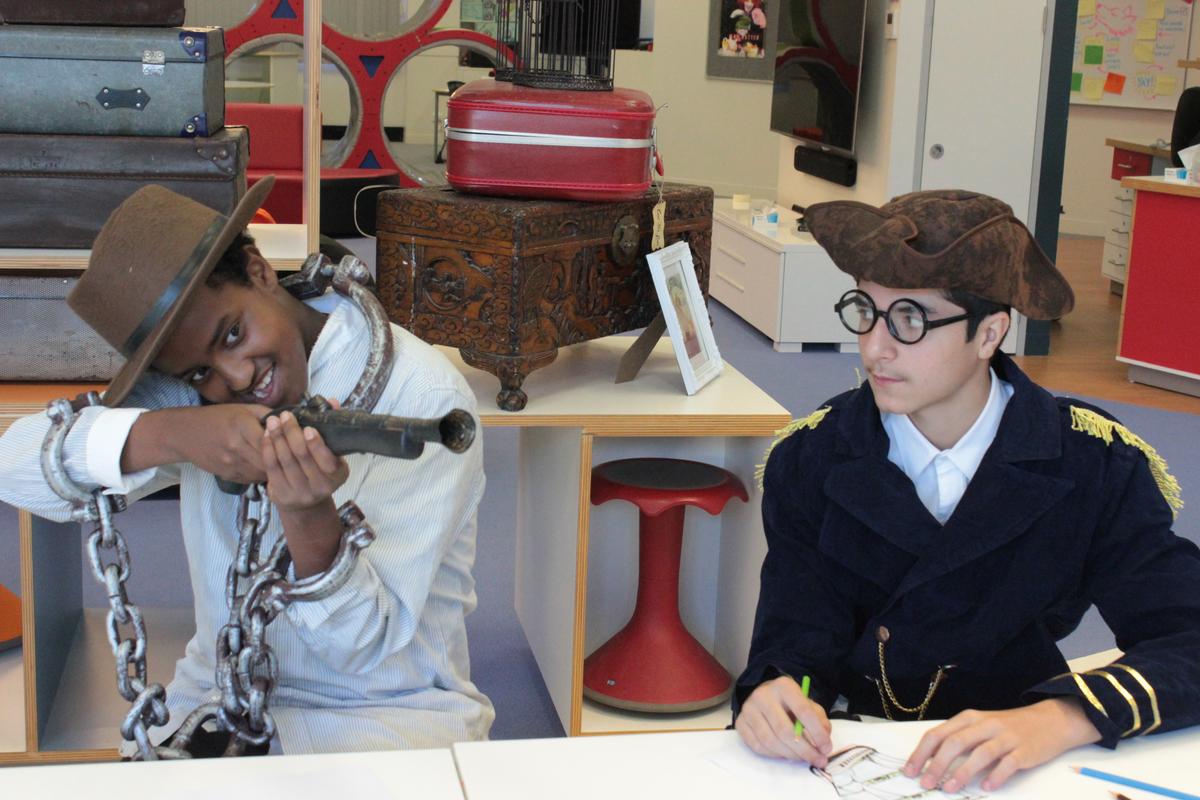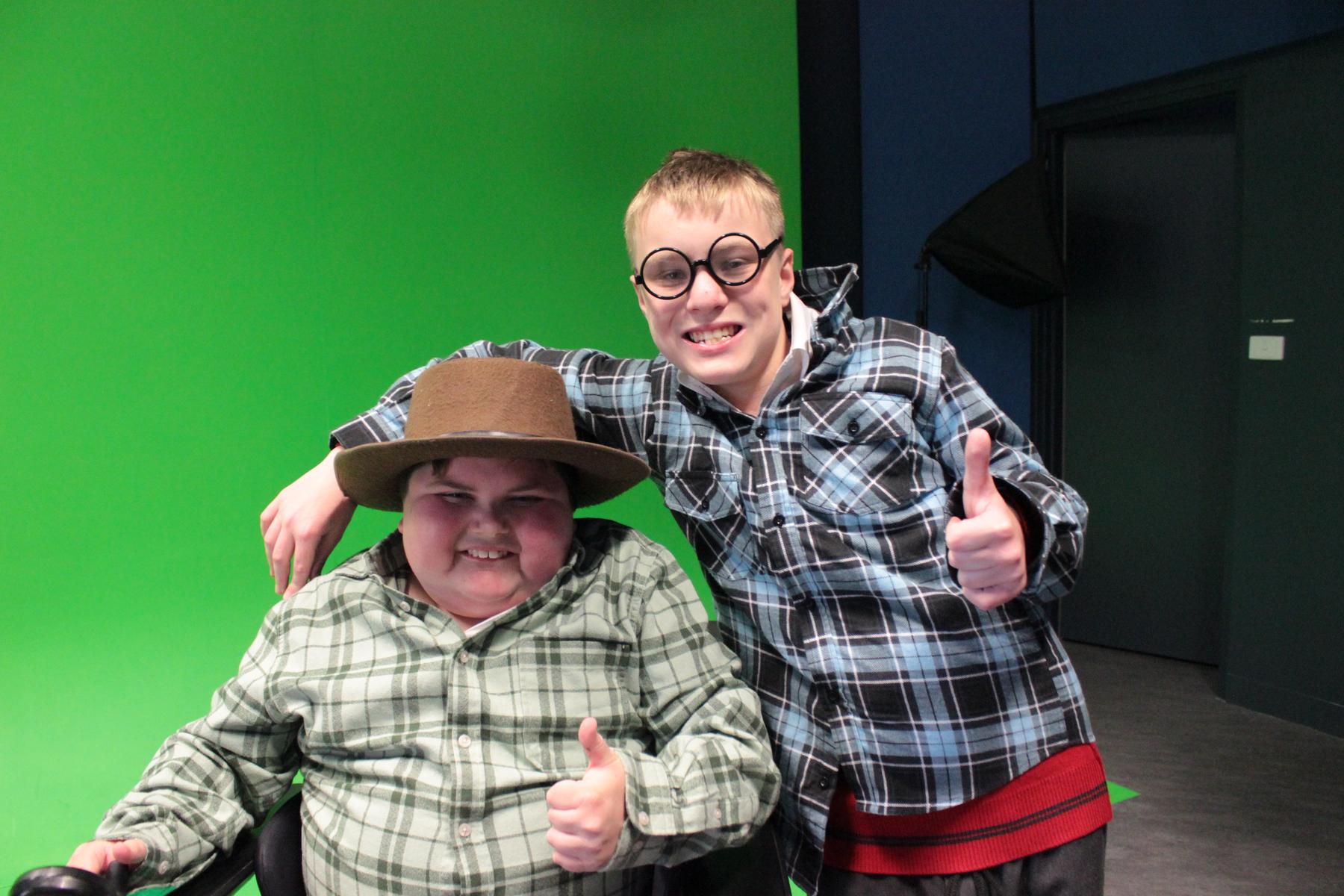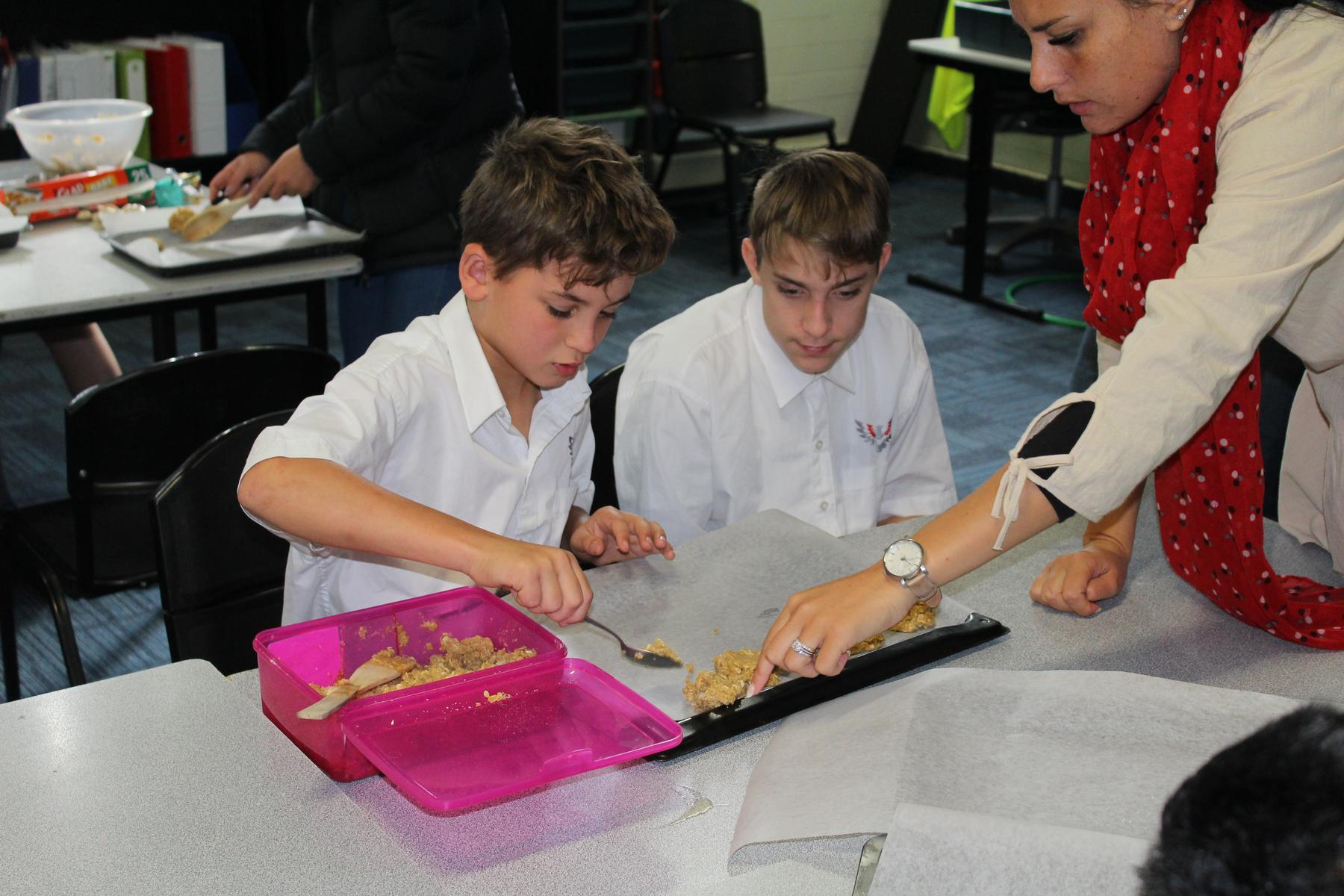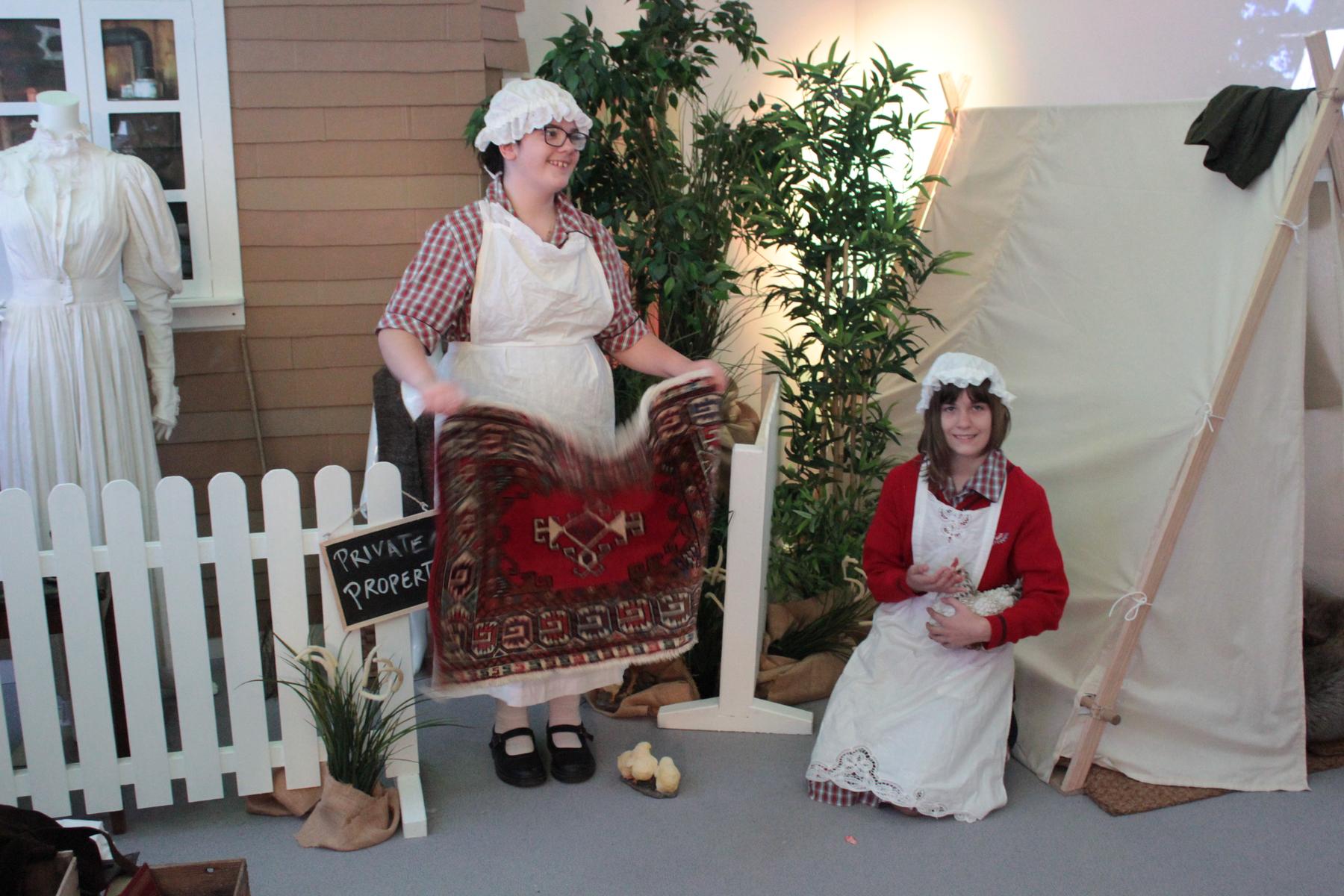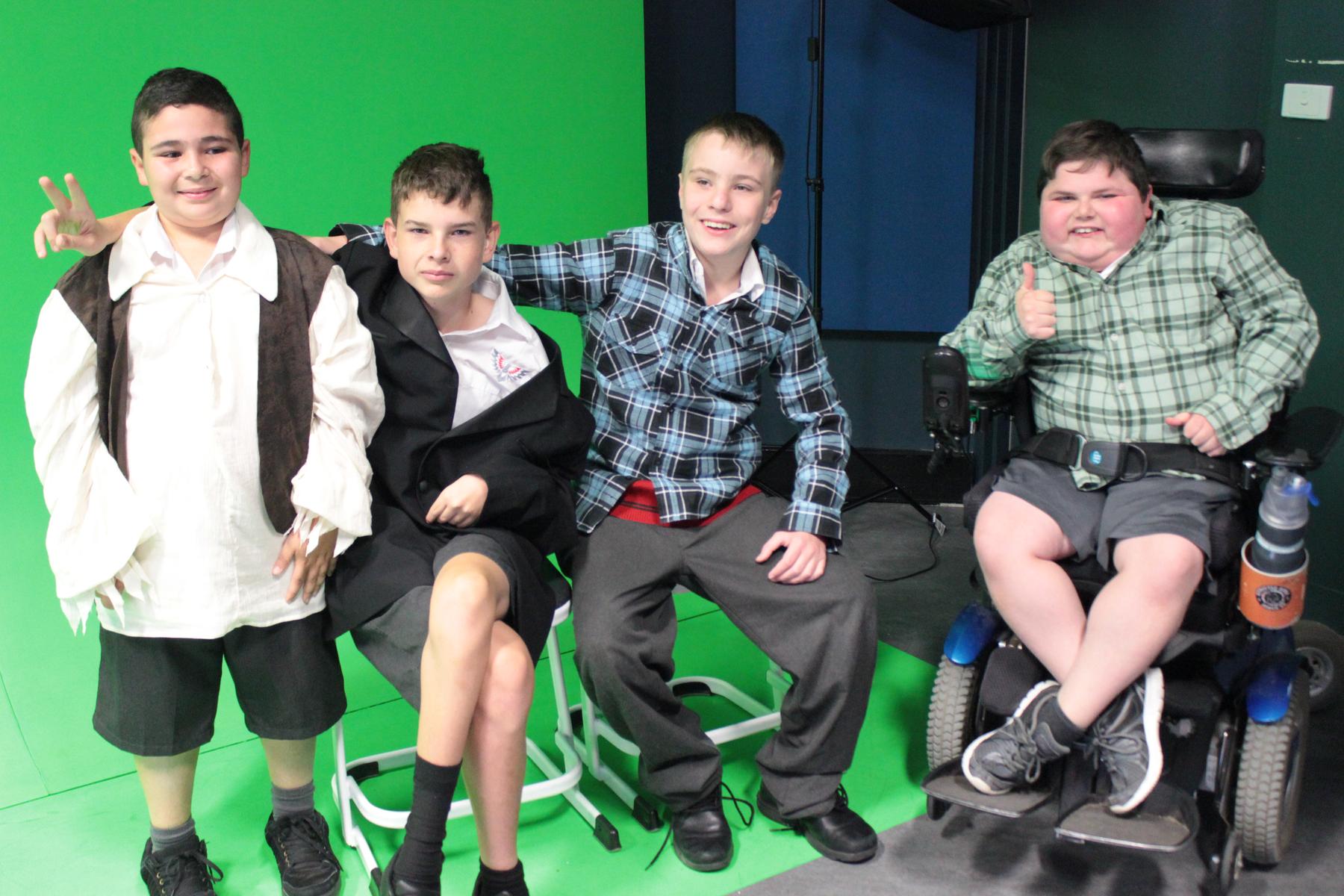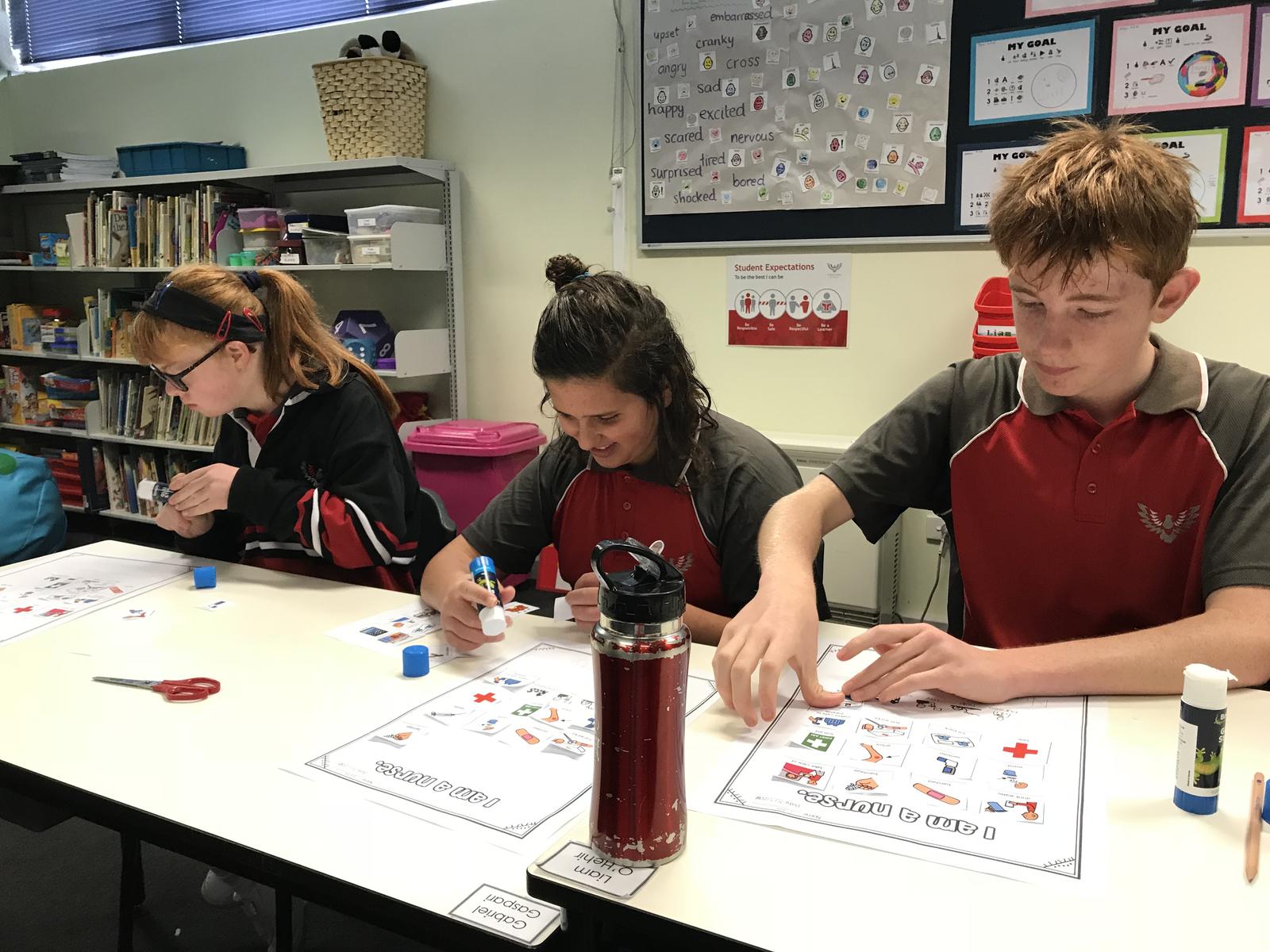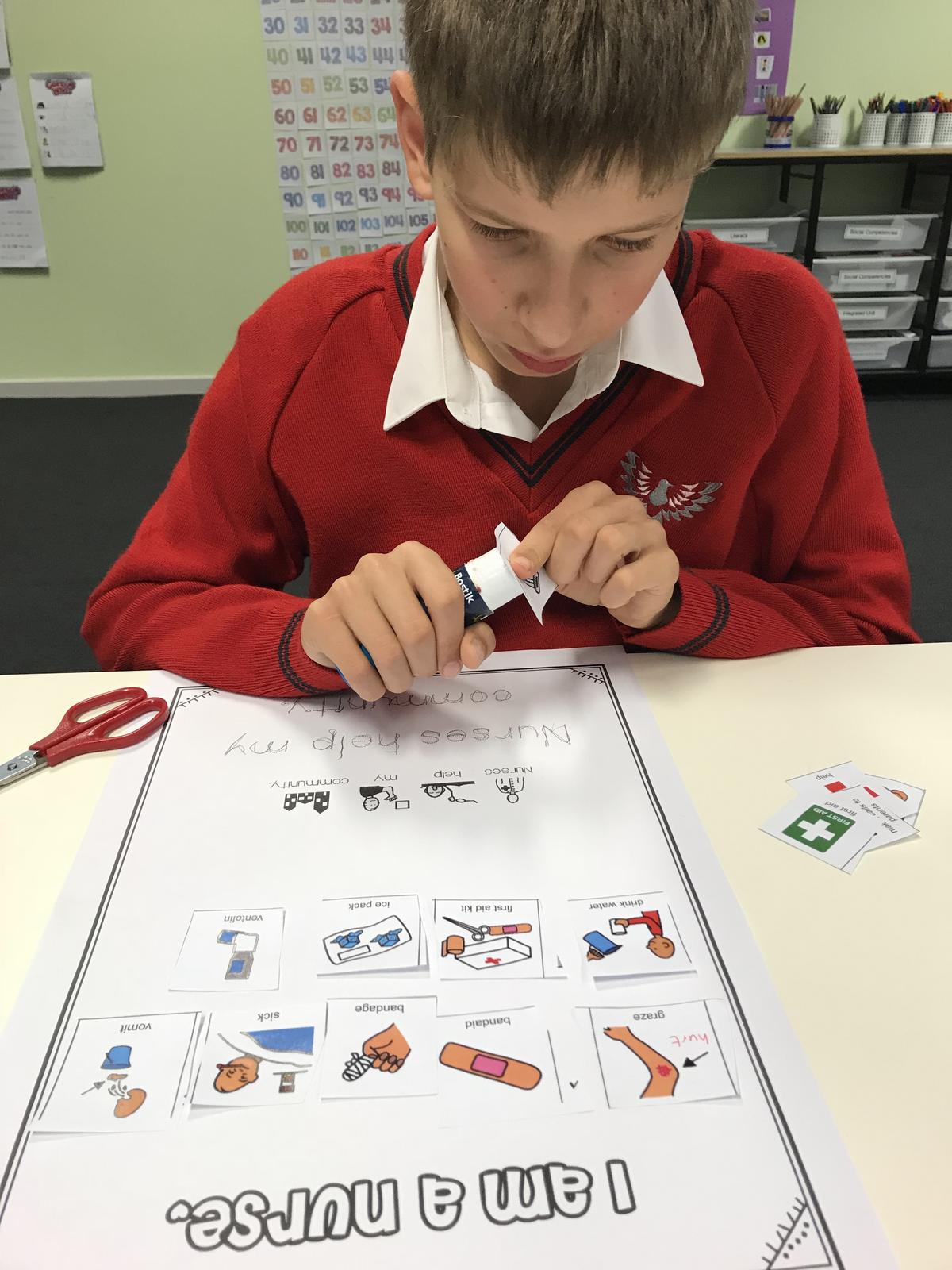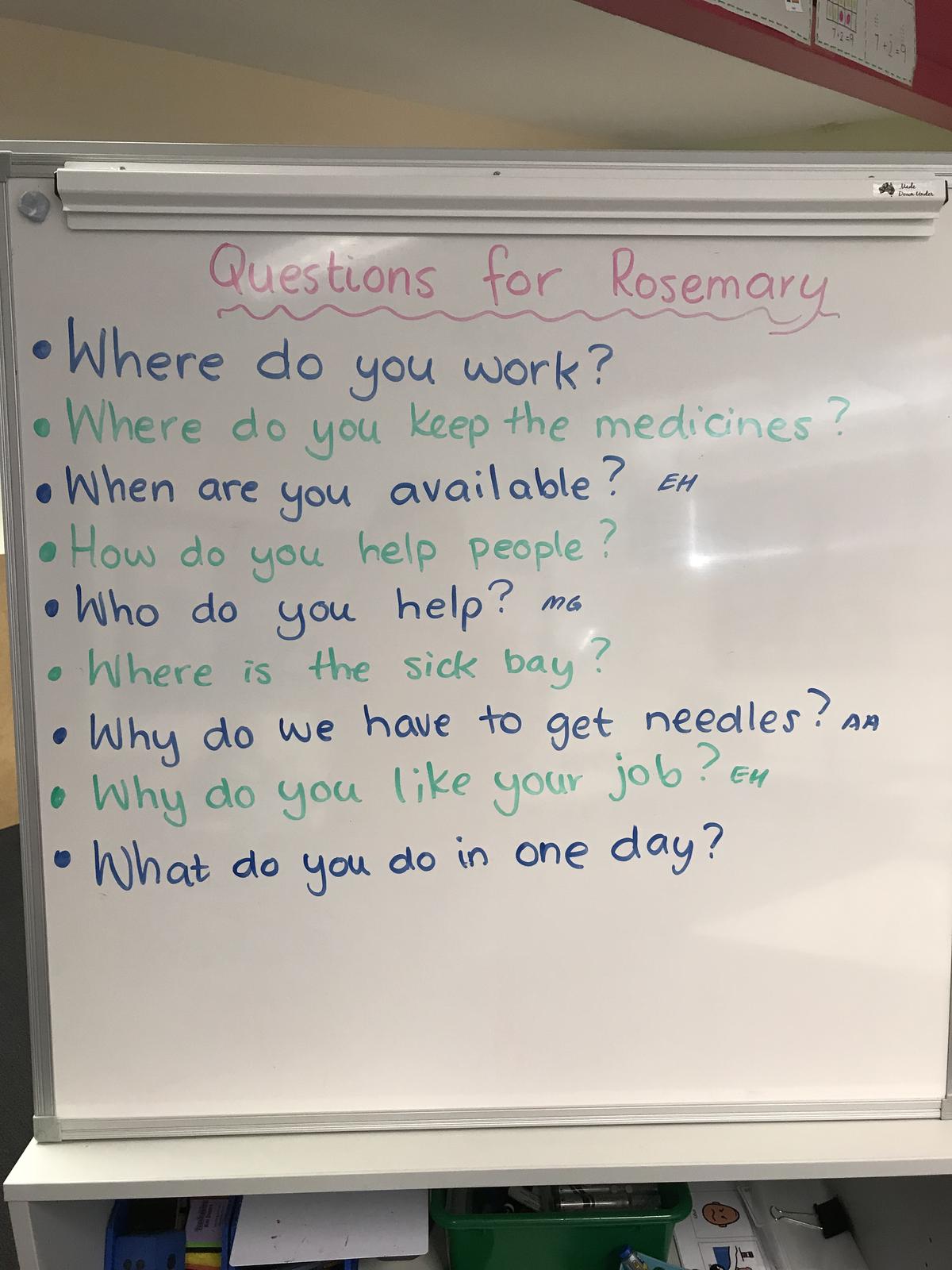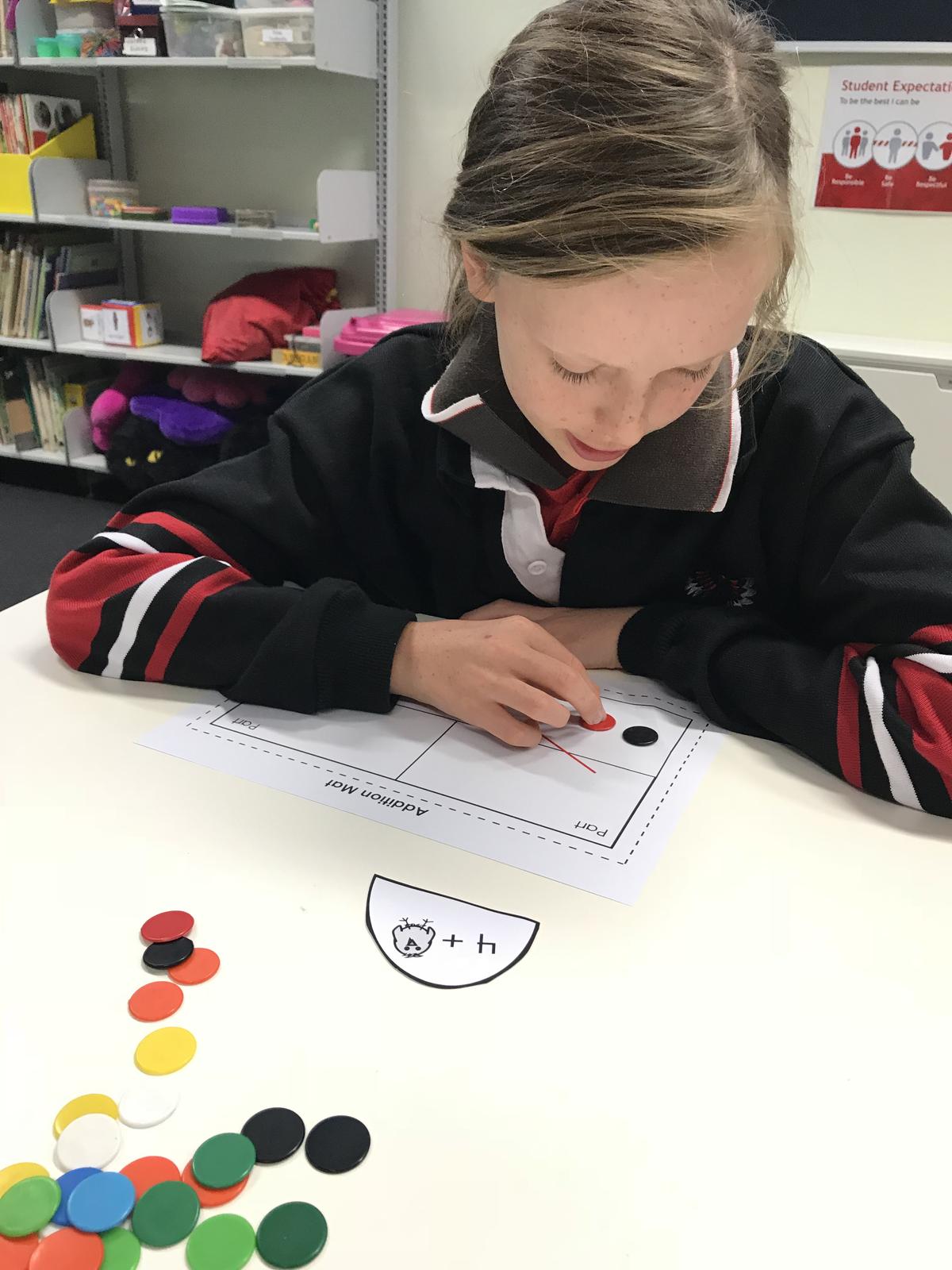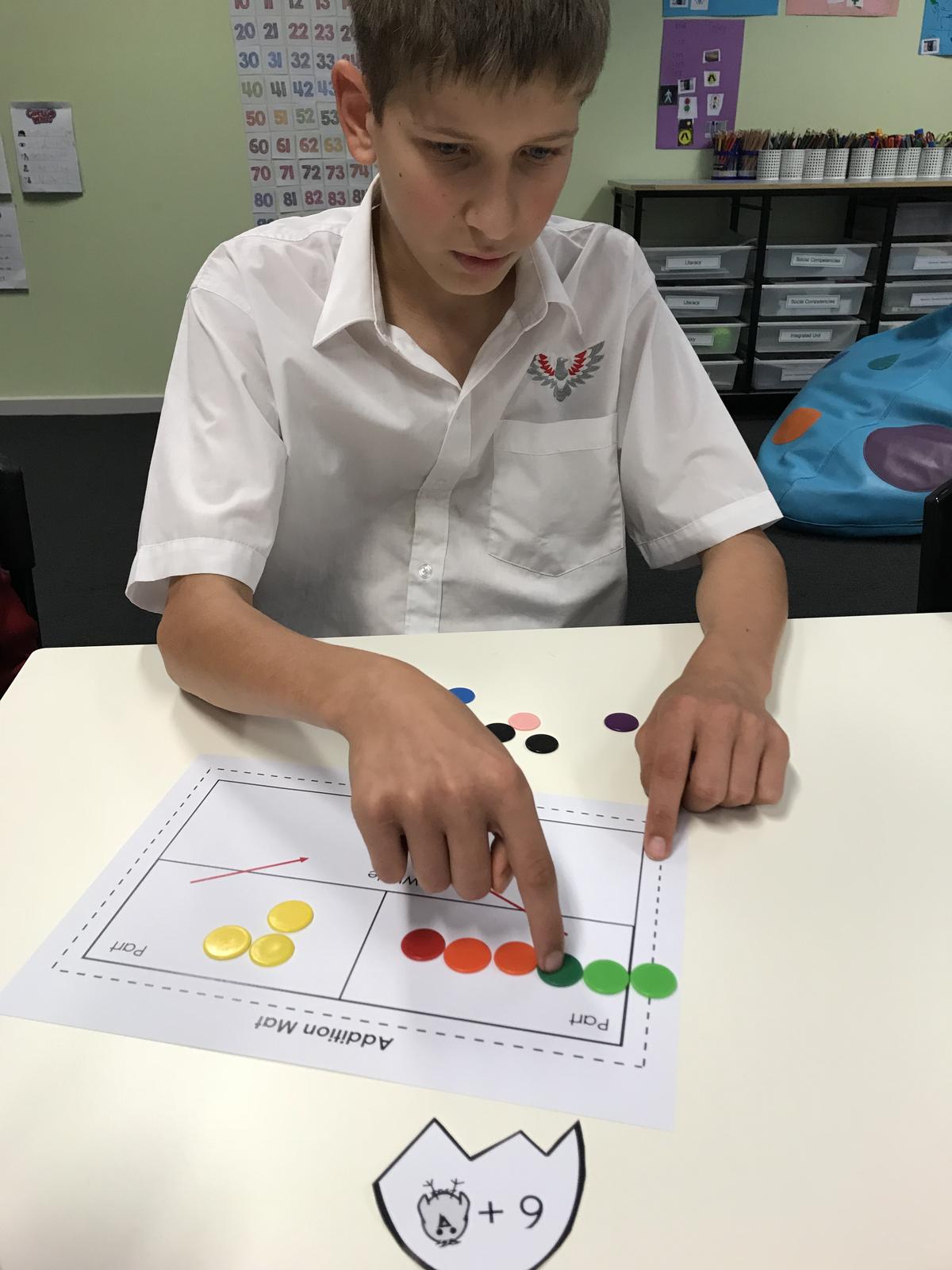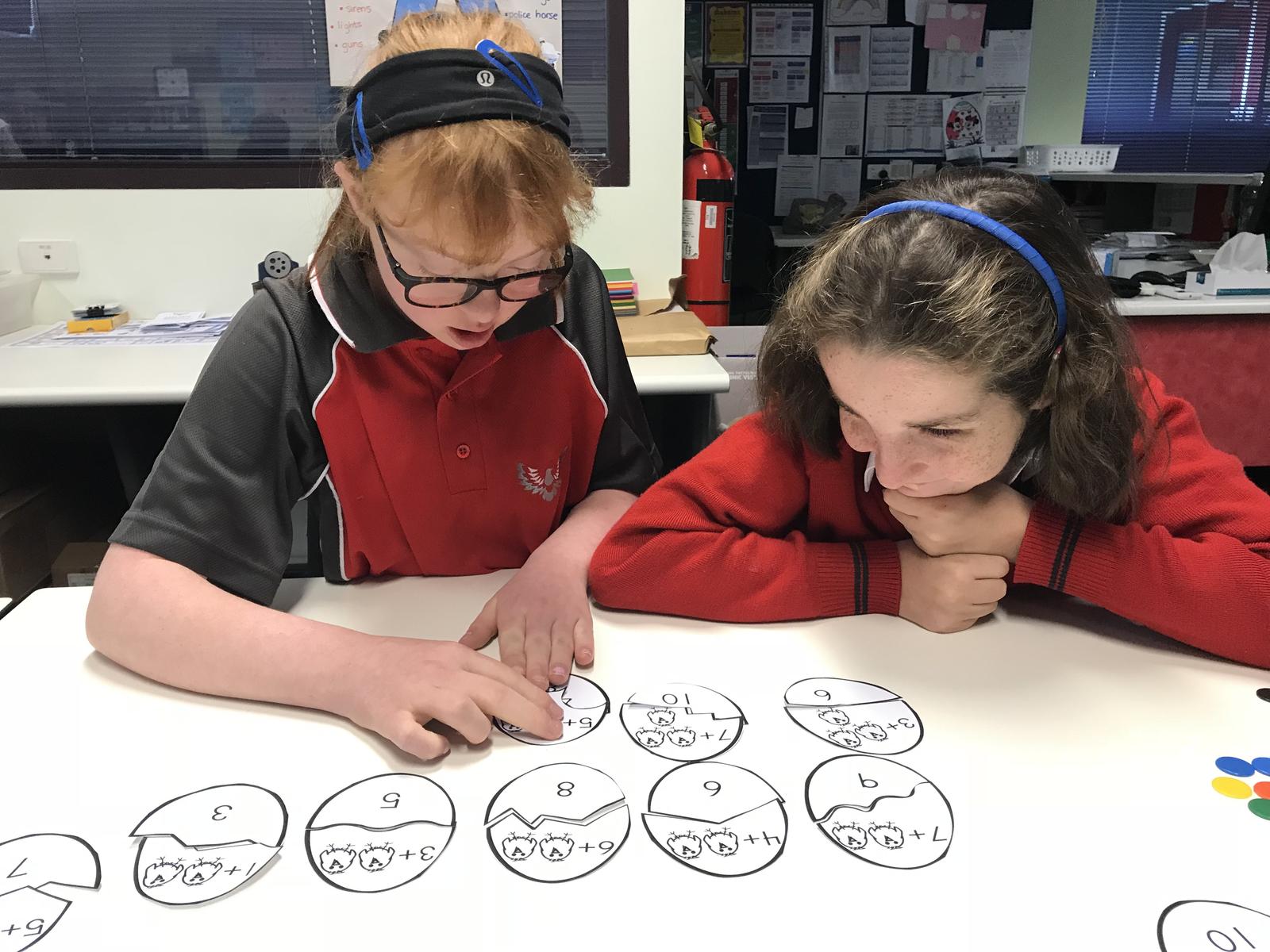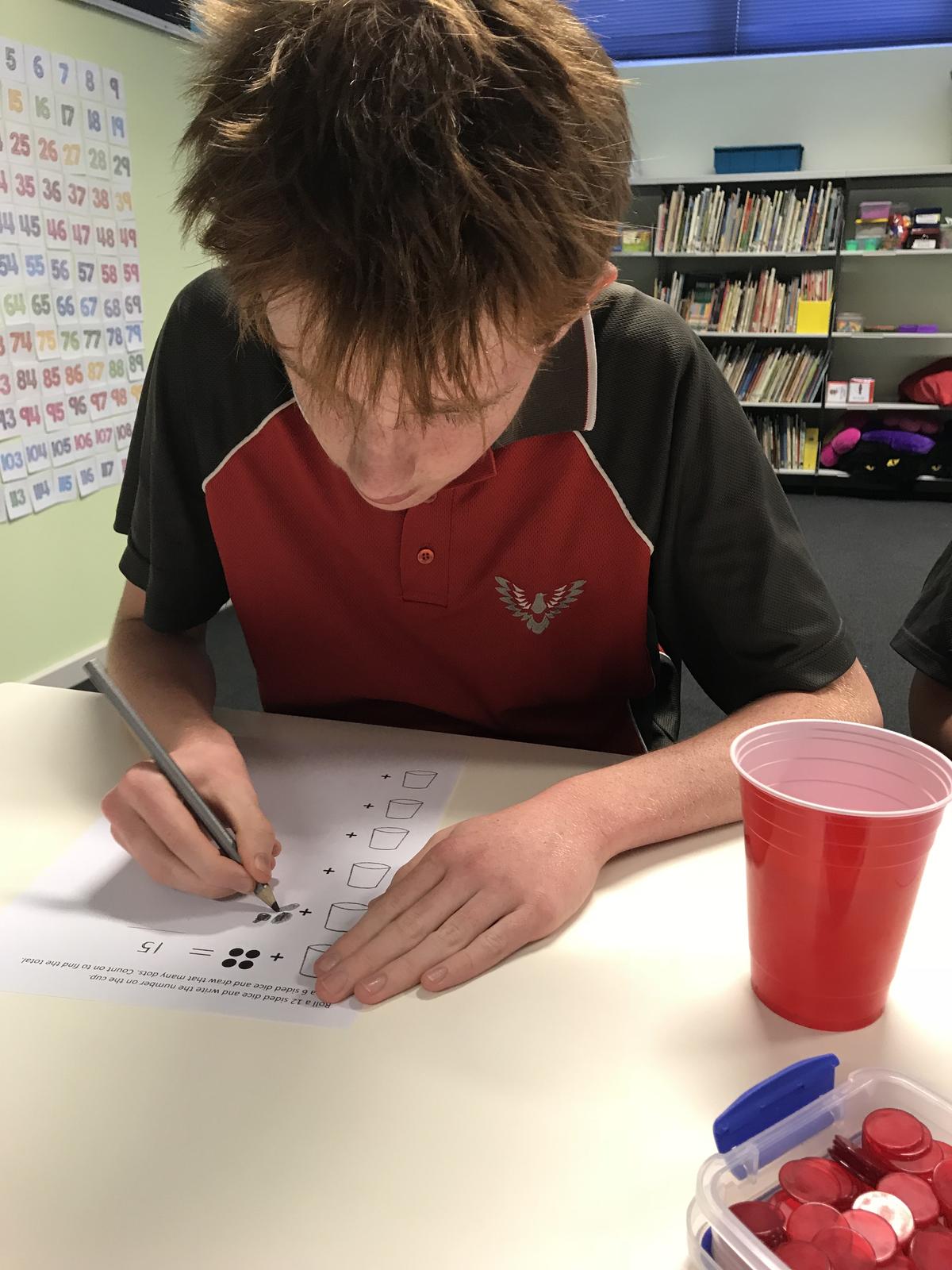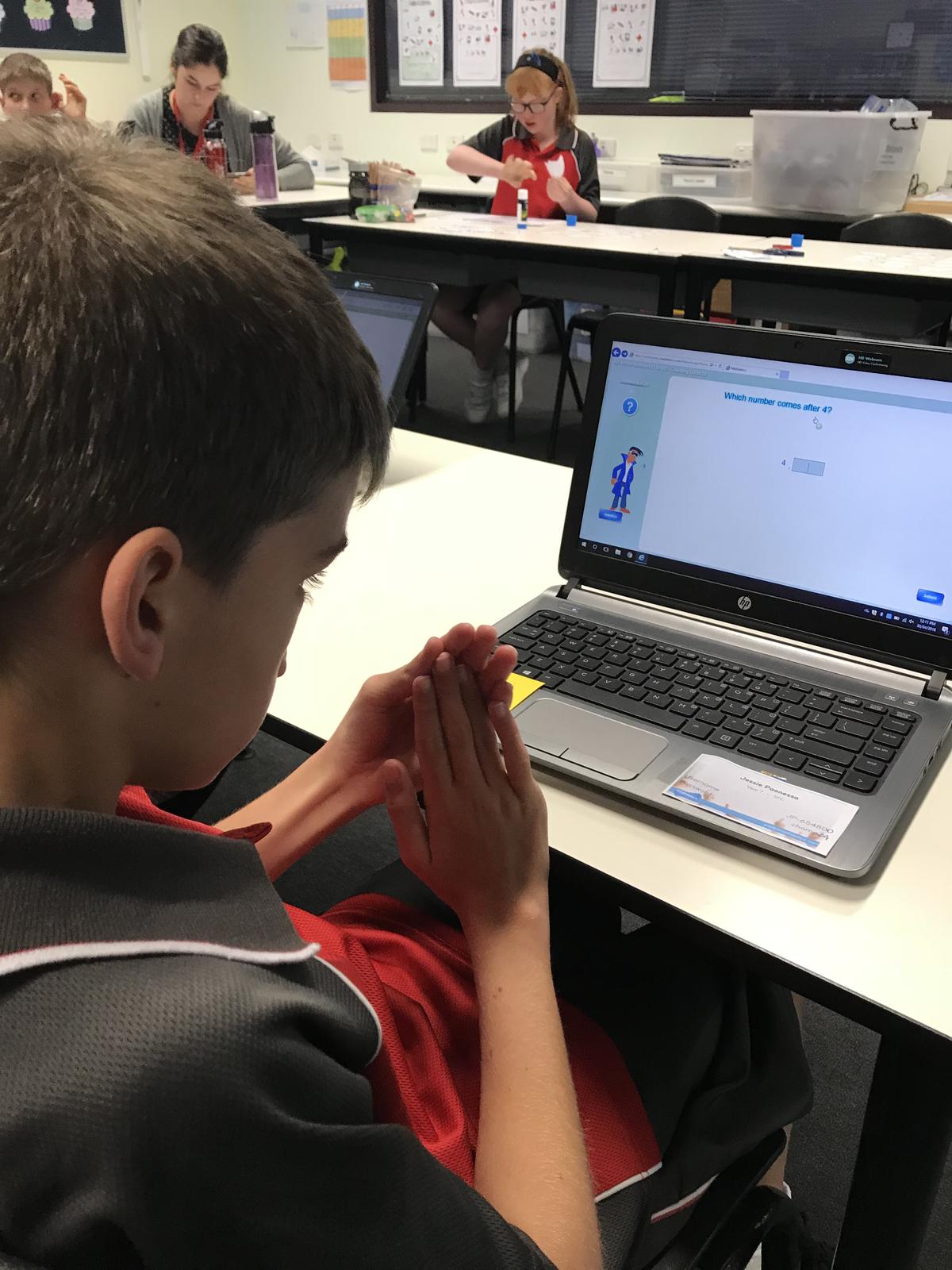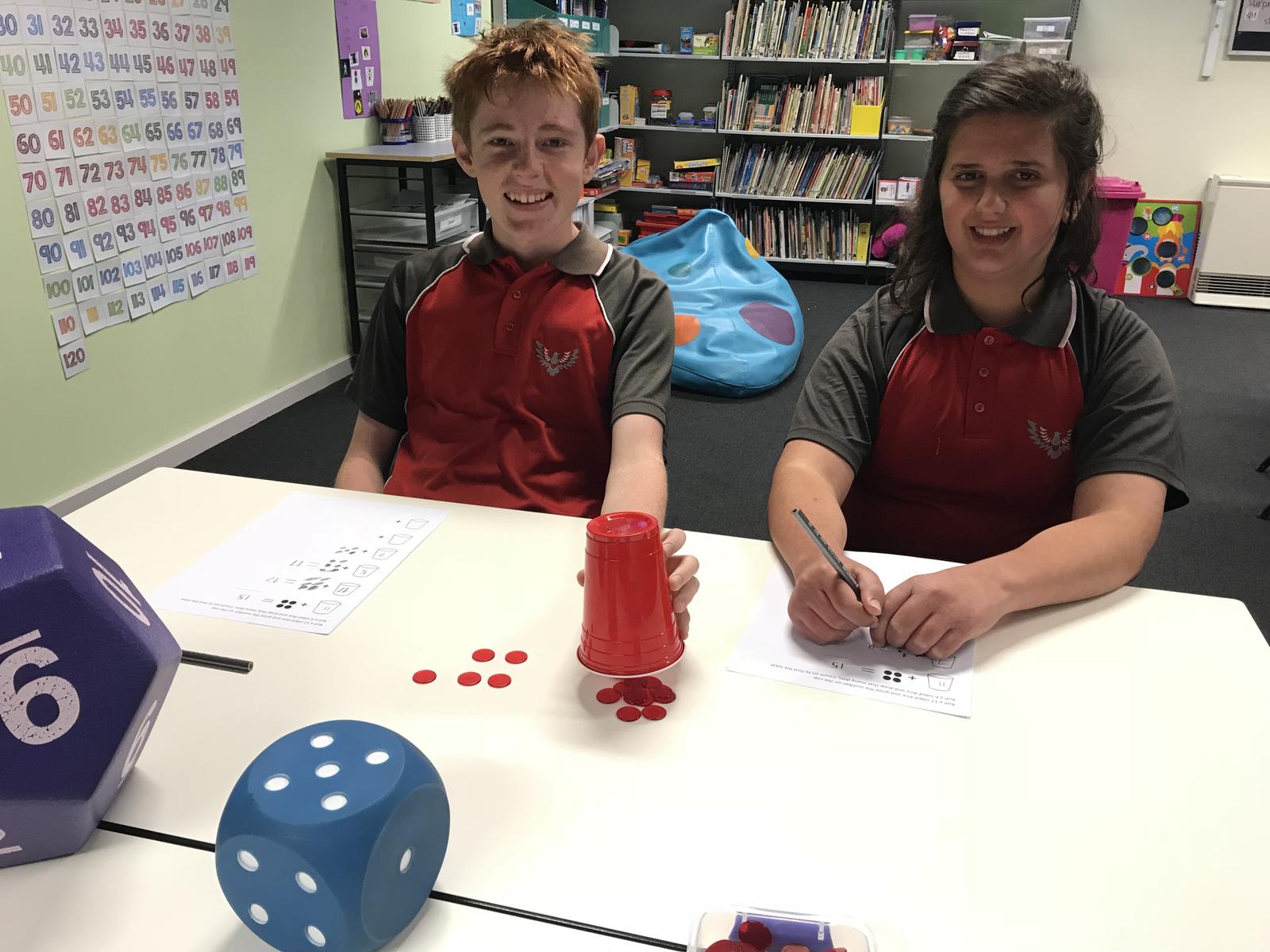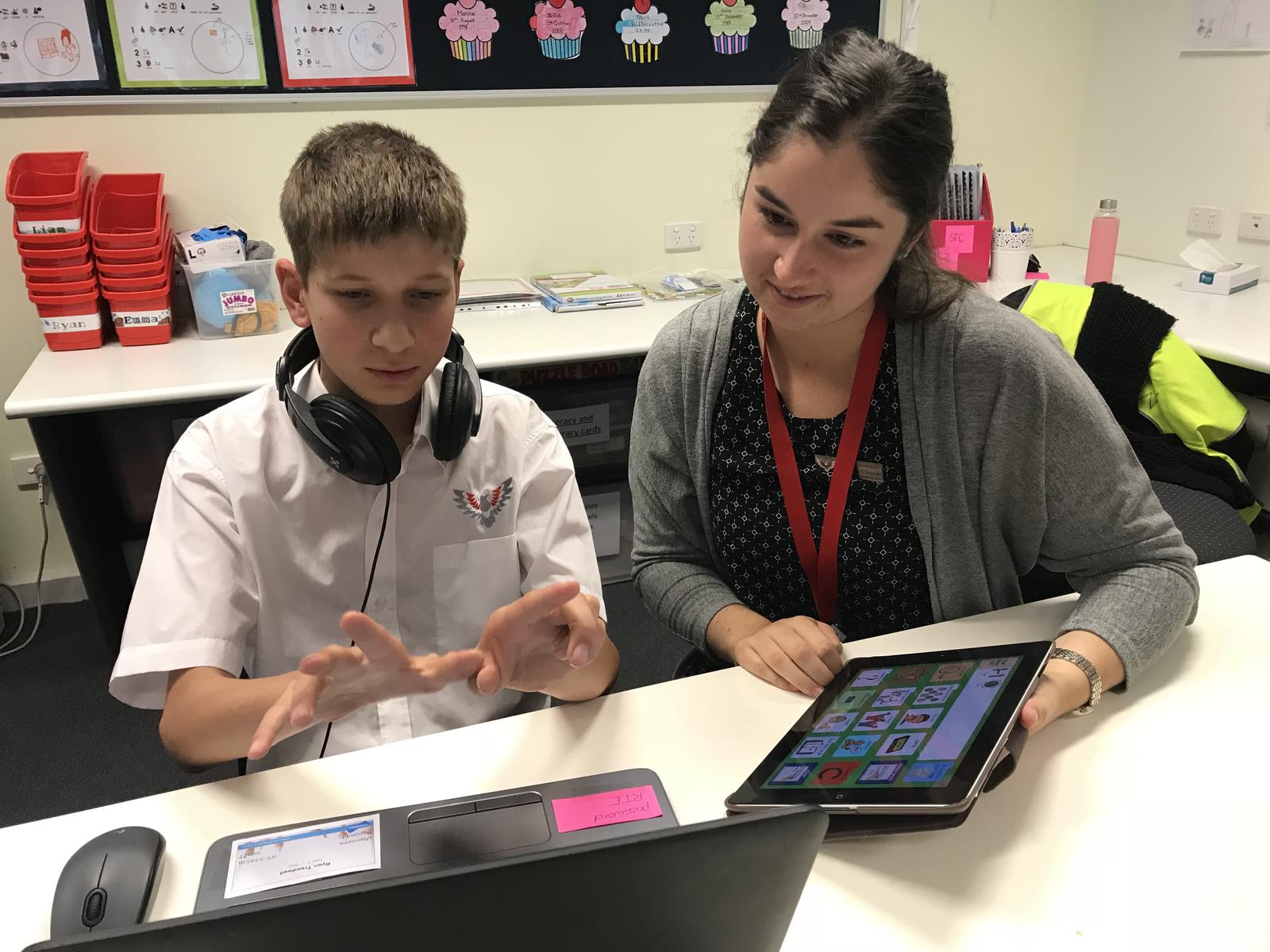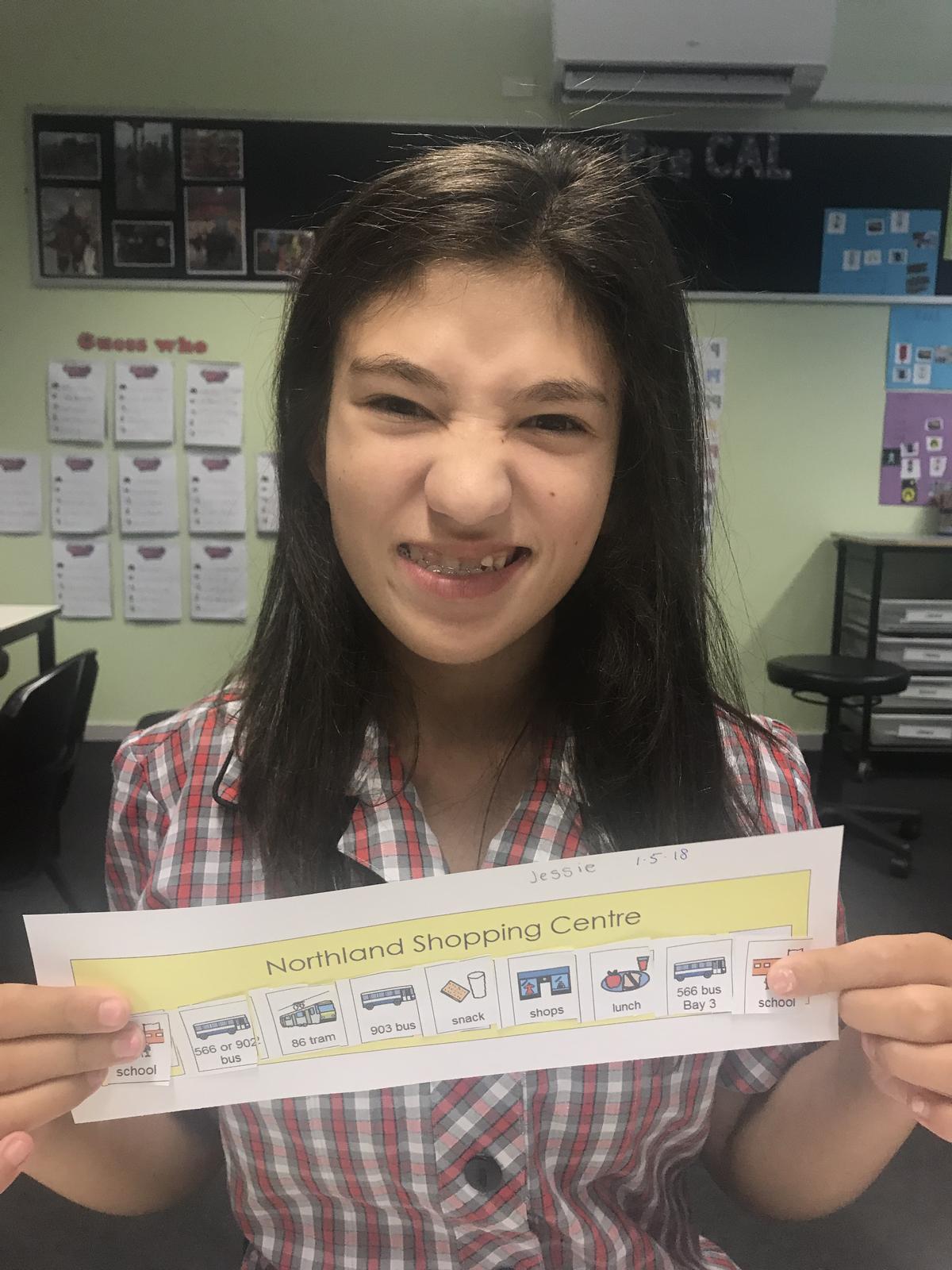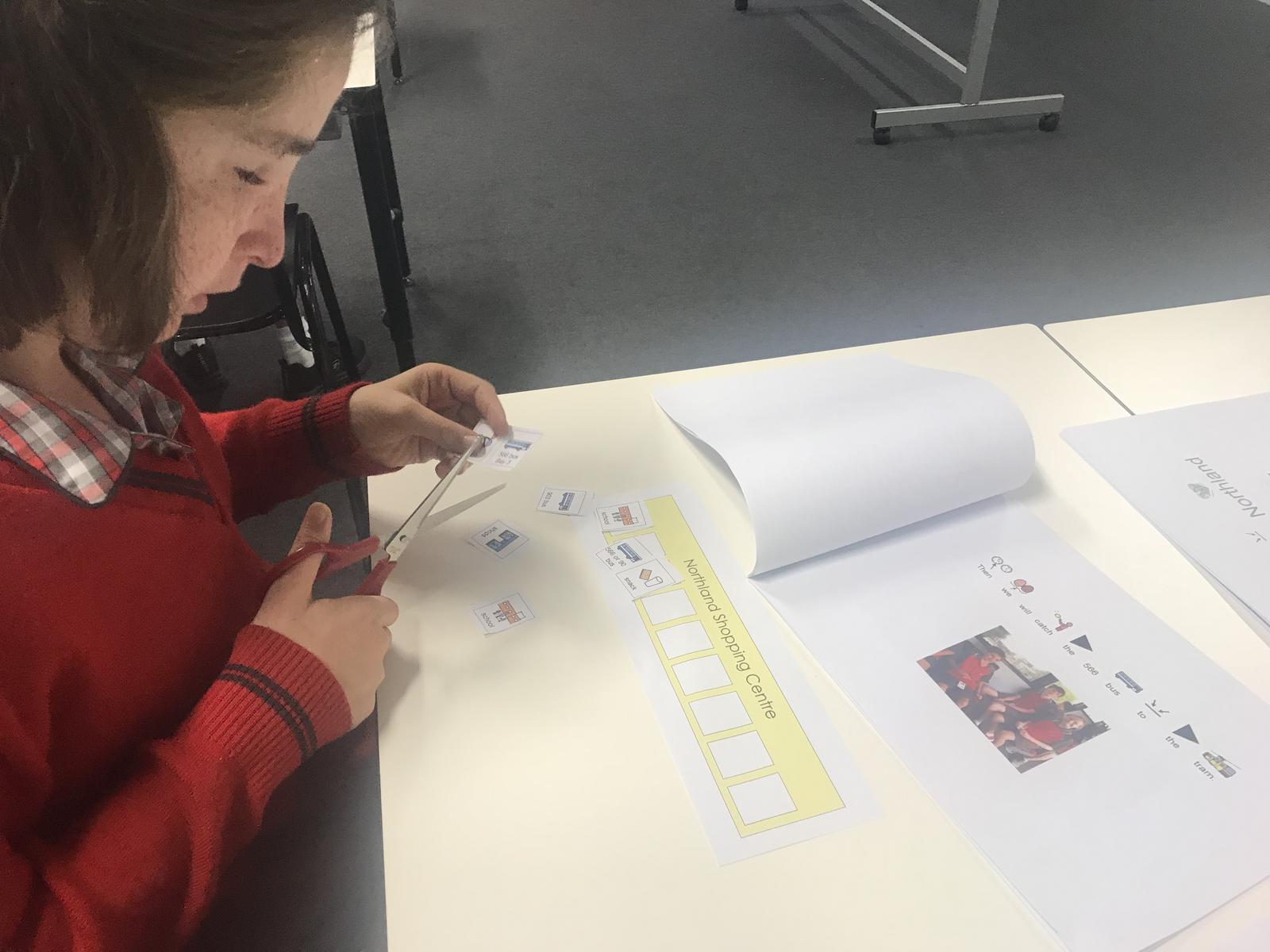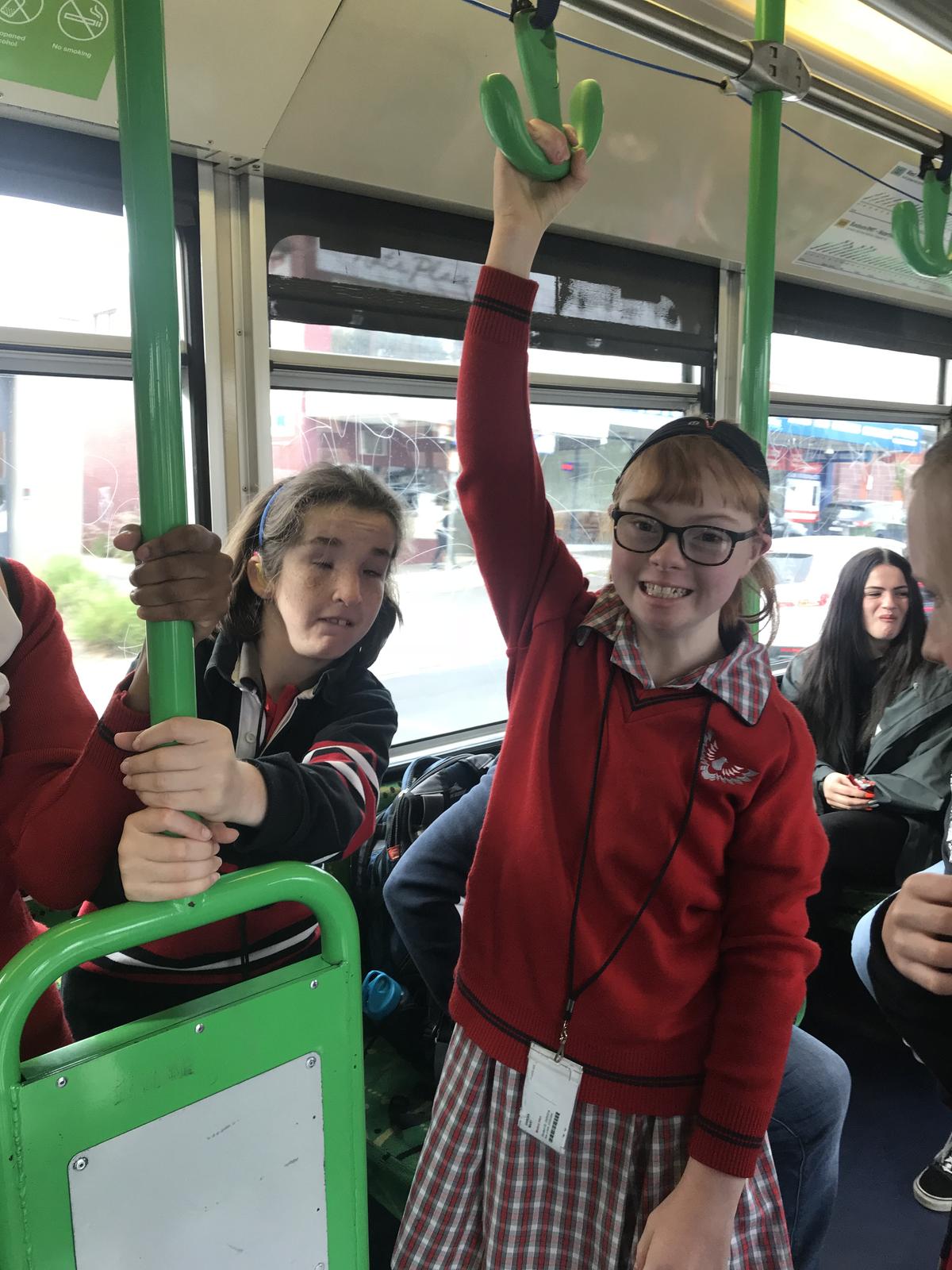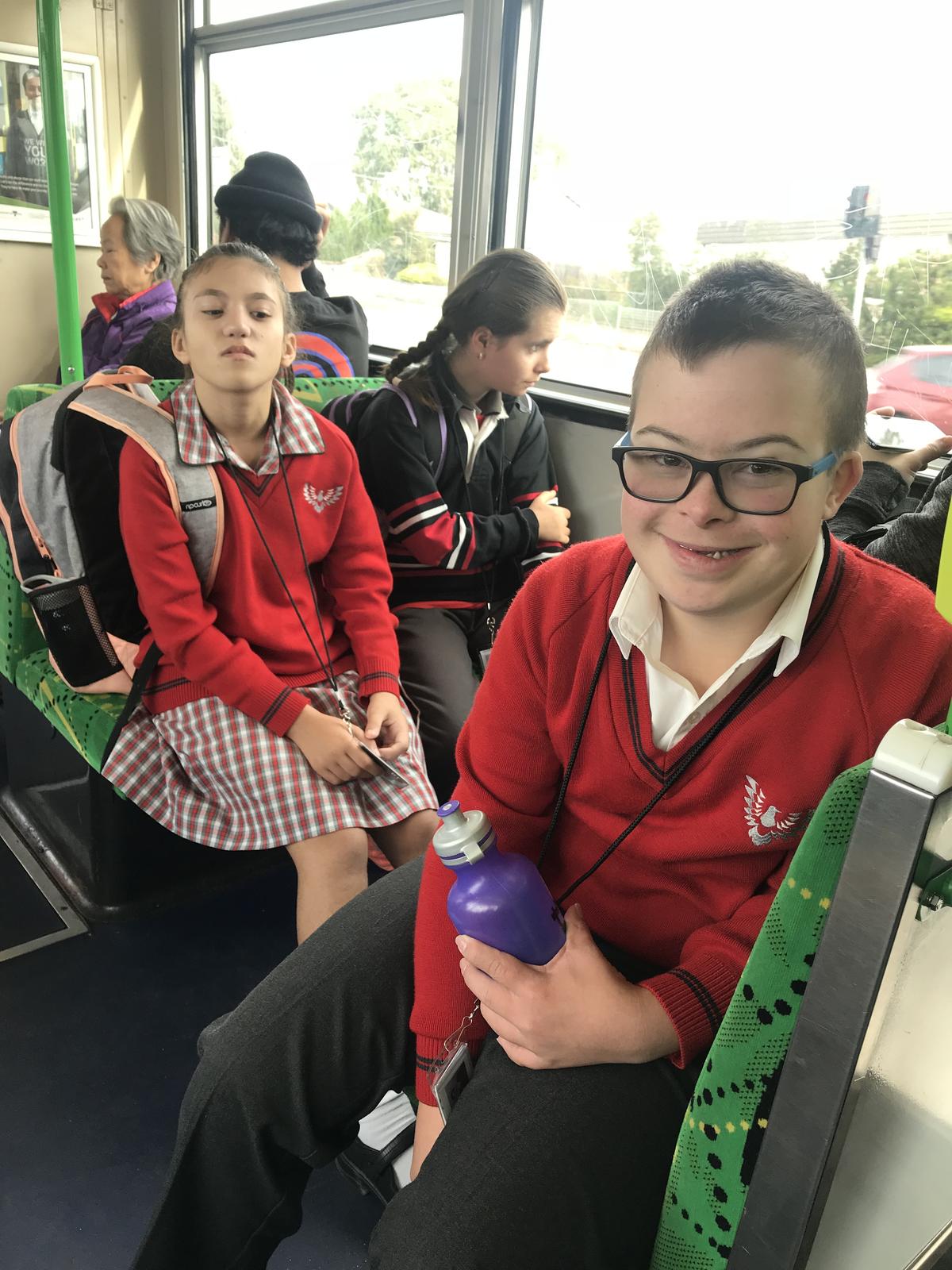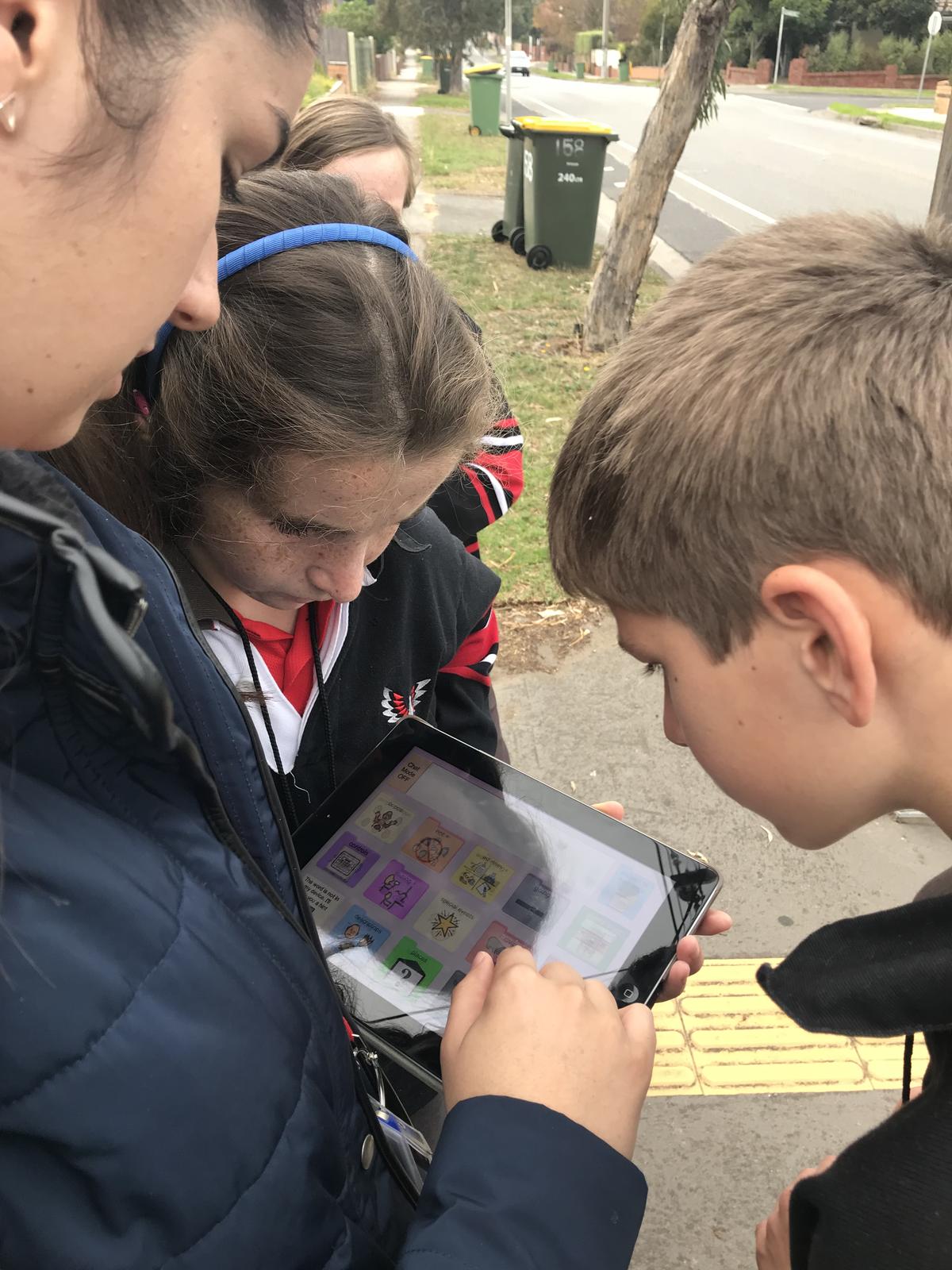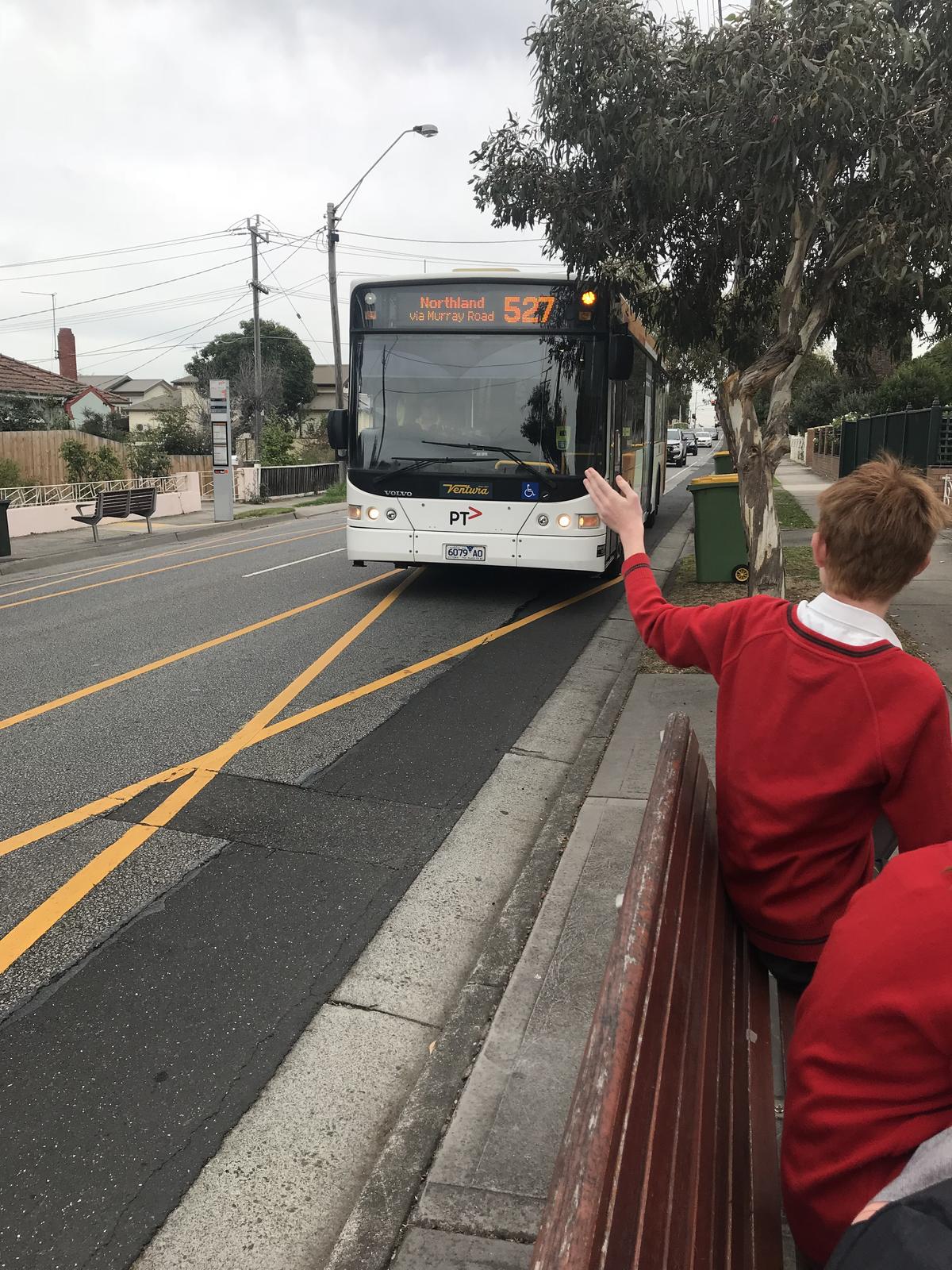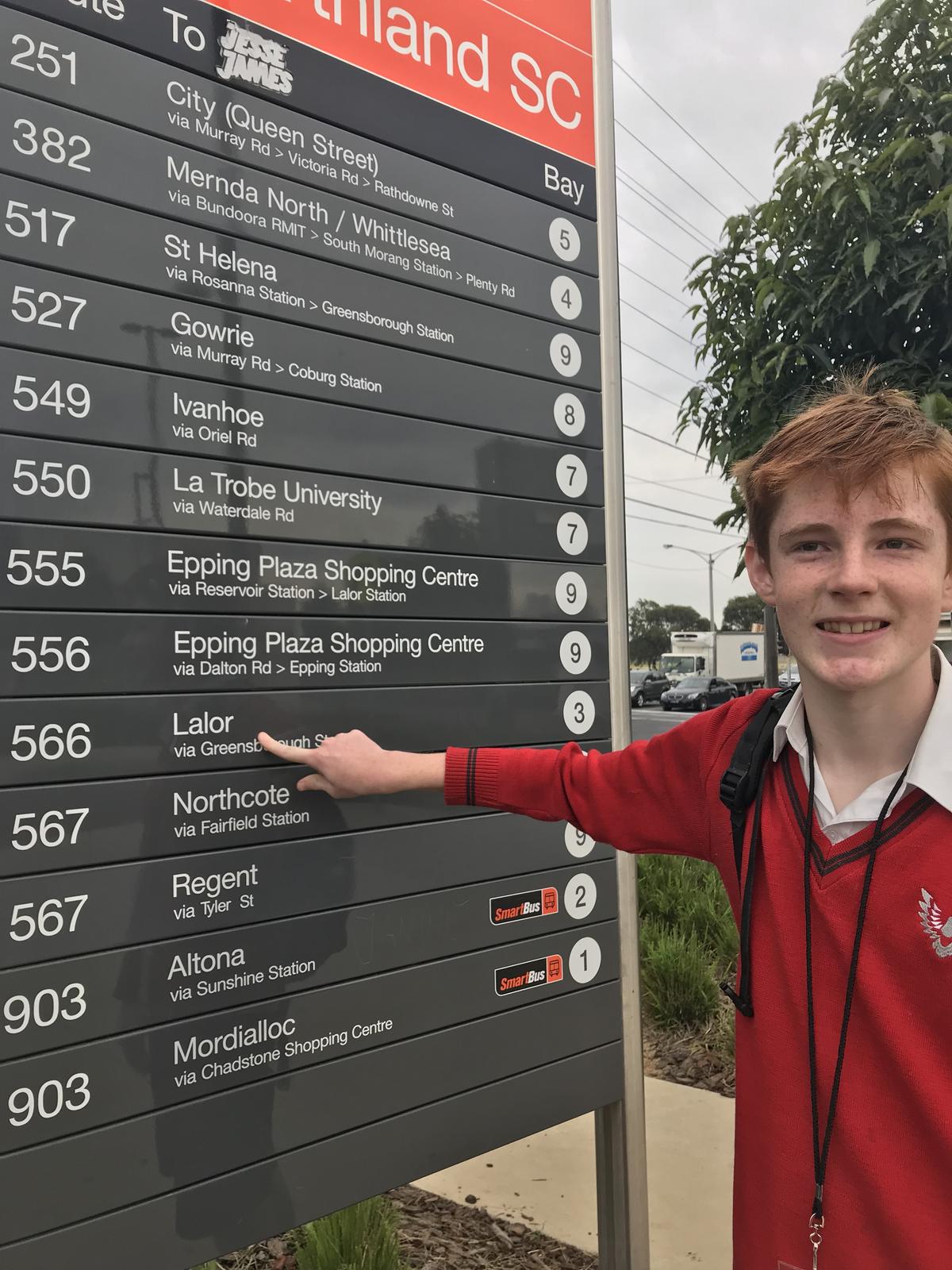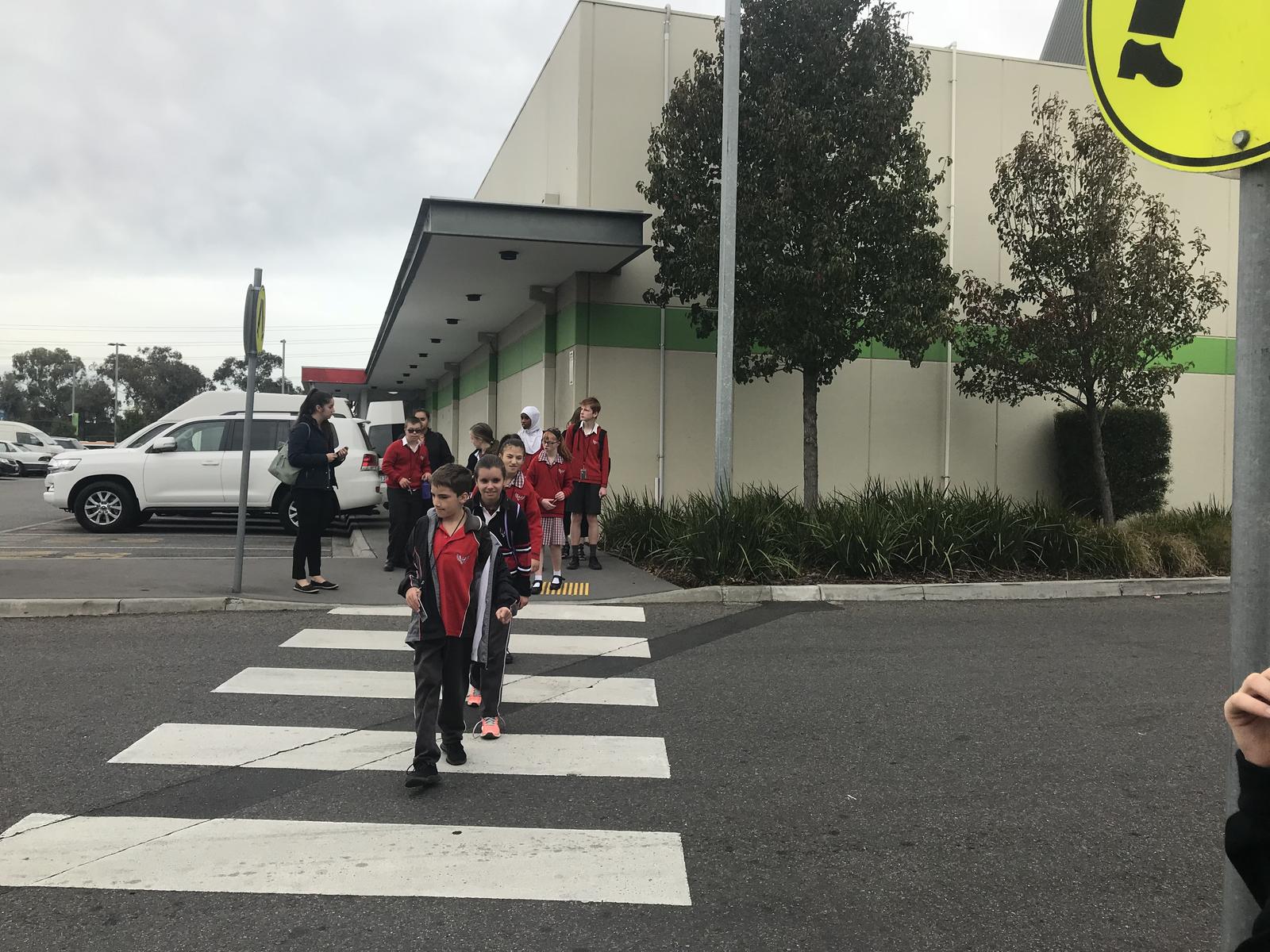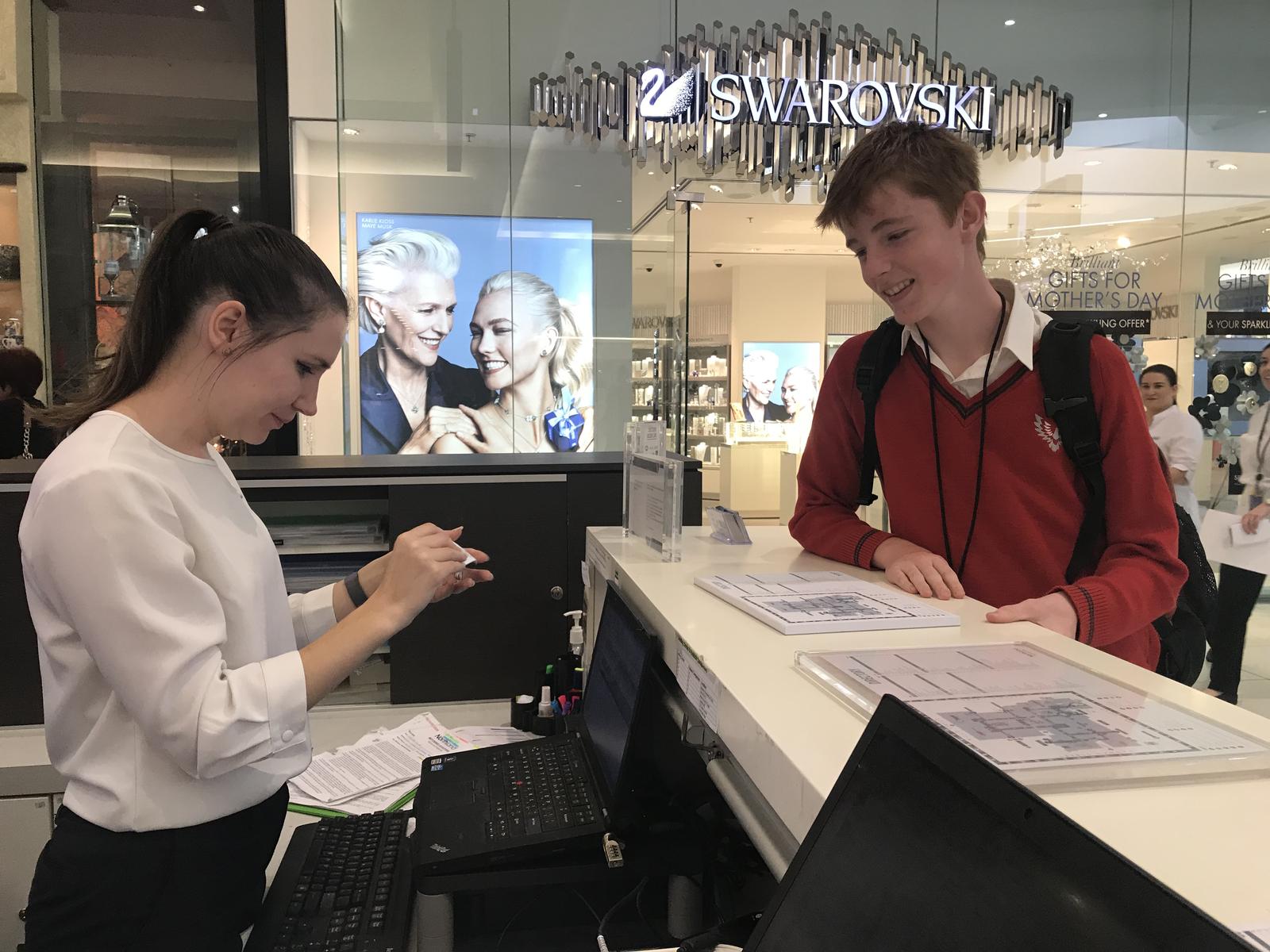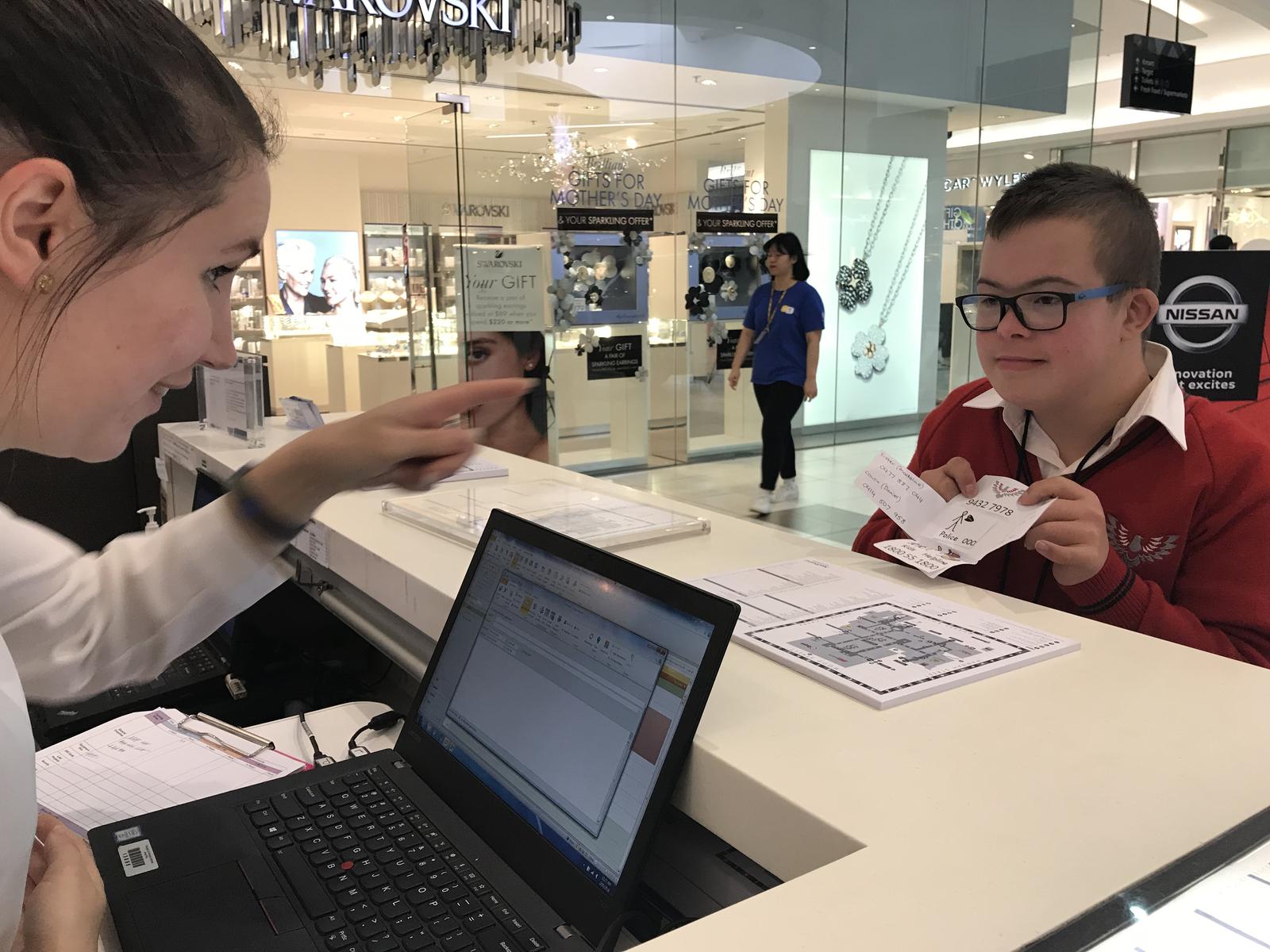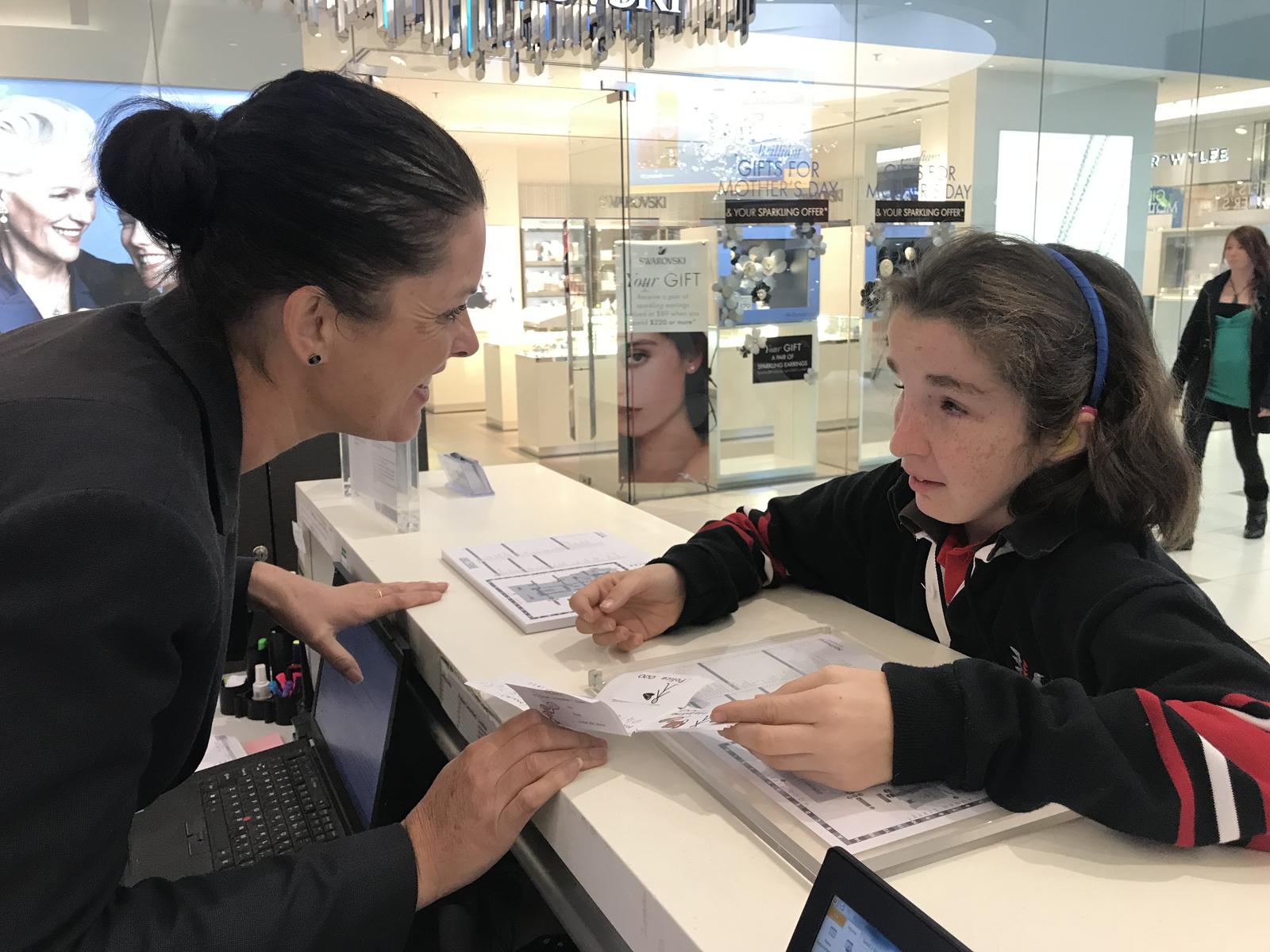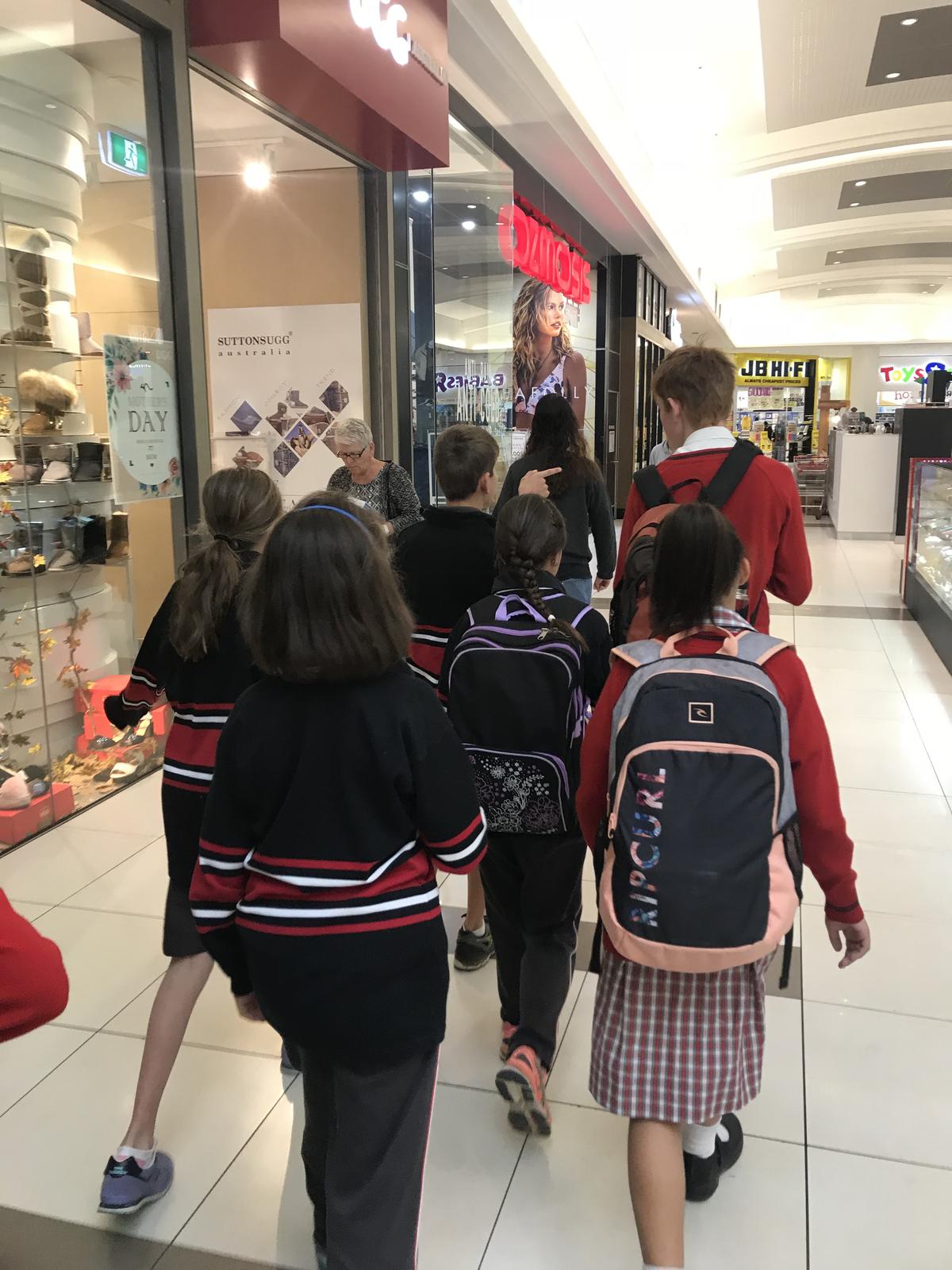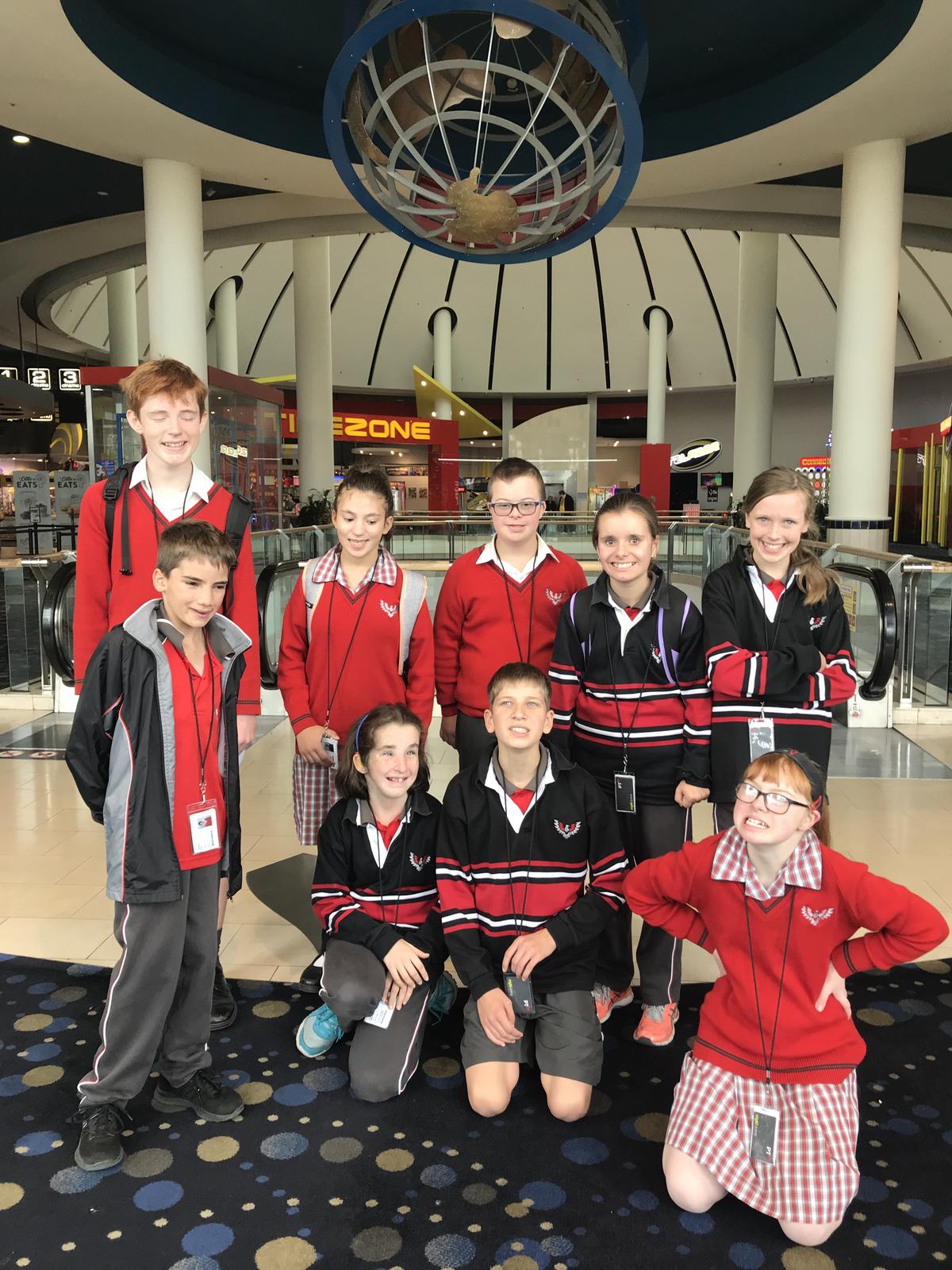Secondary 7/8 Learning
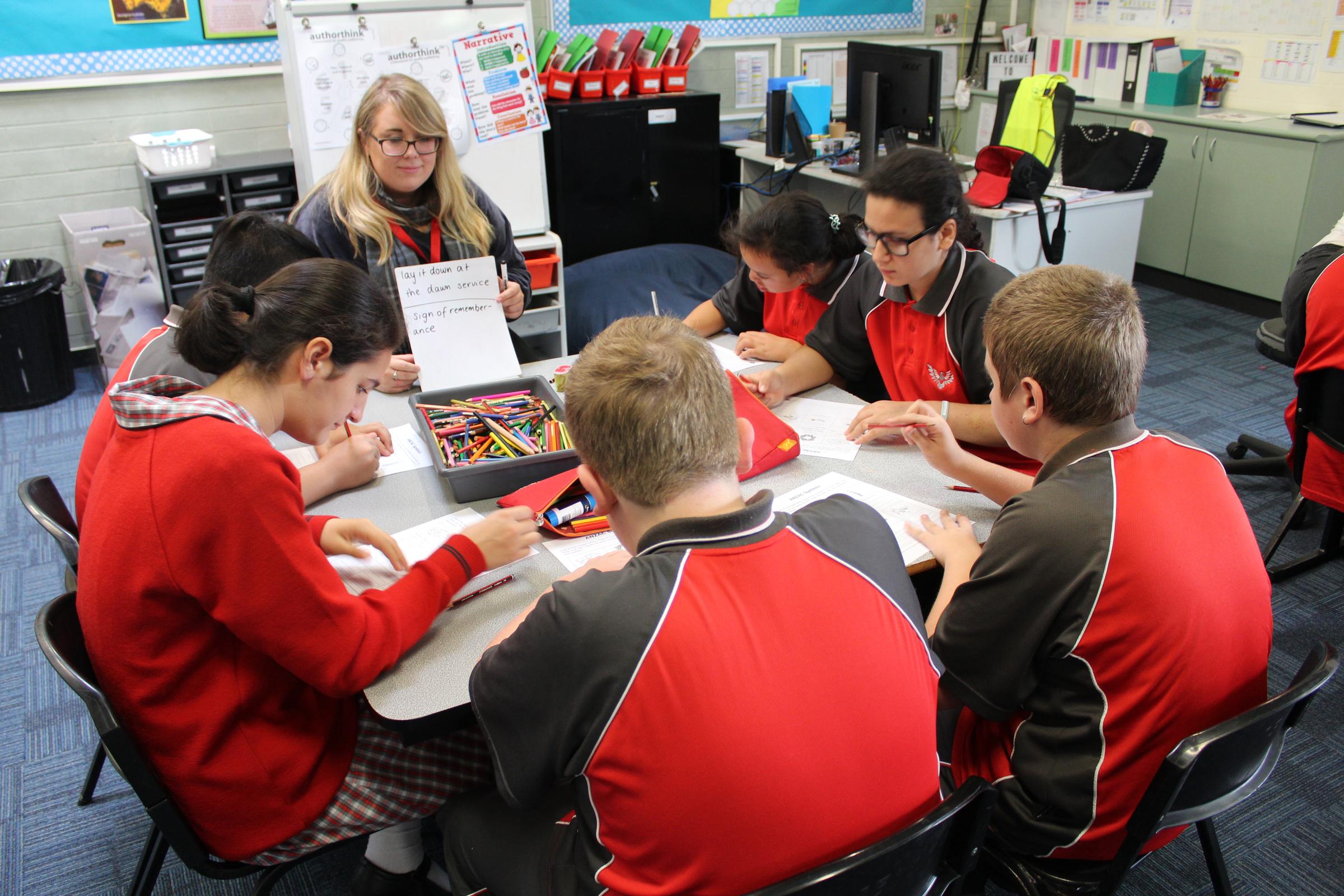
Welcome Back
Term 2 is well underway; all students and staff are reinvigorated after their holiday and are engaged in learning.
Mathematics
All Secondary 7/8 classes will be working on addition for four weeks then moving to subtraction for four weeks. Our other content focus for the beginning of term will be time. Students will be working at their assessed levels to achieve their learning outcomes which are based on the Victorian Curriculum.
Addition learning begins with counting all items, connecting number names, numerals, including zero, initially up to 10 and then beyond; at this level students are given a lot of teacher support and resources. Students then move to working with numbers up to 100; recognise, model, read, write and order and locate these numbers on a number line. Other students will be working to group, partition and rearrange collections up to 1000 in hundreds, tens and ones to facilitate more efficient counting when adding. They will also learn to recognise and explain the connection between addition and subtraction.
Time learning will begin with students comparing and ordering the duration of events using the everyday language of time and connecting days of the week to familiar events and actions. Students will then:
- Describe duration using months, weeks, days and hours
- Name and order months and seasons
- Tell time to the minute and investigate the relationship between units of time
- Convert between units of time
English
All reading groups will be working with fiction texts for the beginning of term 2, with a focus on the comprehension strategies; predicting, questioning and visualising. Predictions are made using: the title, illustrations, what students know, their prior knowledge and experiences. It is important to build students background knowledge to give them a better chance to understand and comprehend the text. Classes may discuss that a prediction is a guess using information and that relevant information is needed to predict. For students to utilise this strategy they should be asking themselves:
What do I already know about the topic from other lessons, TV, movies, friends and family?
What do I already know about books I have read?
Have I looked at the title, front cover and text layout?
What do I already know about texts that have this layout?
What can I predict this text will be about?
Students will constantly revise and confirm their predictions throughout reading by asking & answering questions and participating in discussions.
Students are working through the authorthink process to publish their own narratives. They have used a graphic organiser to plan their ideas so that their story will have a clear beginning, middle and ending. They have accessed the website: www.scholastic.com/teachers/story-starters/ and used the prompts that explore the themes of Adventure, Fantasy, or Sci-Fi to create a quick 1 page narrative.
Social Competencies
MPower Girlshave been investigating ways in which all individuals are different through self-identity and self-perception. They recognise that all individuals are unique and beautiful. They have watched youtube clips to explore and discuss the messages that are sent through the media that can be positive or negative and how media and popular culture can influence one’s self perception. Girls discussed what characteristics make up a confident Power Girl – healthy, happy, friendly, honest and confident. They then designed and shared an A4 poster of what they believe represents a Power Girl.
Rock and Water boys participated in a session covering ‘Bullying Prevention’ delivered by specialist staff from Bully Zero Australia. http://bzaf.org.au/
What is Bullying?
Bullying is when an individual or group uses its power and strength to repeatedly, deliberately and intentionally use words or actions against another or a group that hurts, threatens, excludes, harasses, humiliates verbally, physically, psychologically or electronically making the victim feel oppressed, traumatized and powerless.
Role of parents – what can you do?
- Parents need to actively listen and empower their children to talk about the bullying behaviour and not be afraid to speak their mind. - Speak openly and honestly, empathise, gather information and facts.- Take notes, record the responses, ask questions: what happened, who is involved, when did it occur, what did you do and who did you speak to? - Early intervention is the best solution. Should you notice symptoms or signs – do something – take action – ask for help if you need.- Speak to the teacher, school or organisation involved.
Integrated Studies
Australia became a nation on 1 January 1901 when six British colonies—New South Wales, Victoria, Queensland, South Australia, Western Australia and Tasmania—united to form the Commonwealth of Australia. This process is known as Federation. Students used a graphic organiser to investigate reasons for federating and reasons against federating. Sometimes the same reason can be both for and against. Once completed they shared their learning and discussed each point with the class.
Fun FACT to discuss with your child!
When sheep were introduced in 1824, they were easier prey for Tasmanian tigers than kangaroos. To protect the sheep, a hunter was rewarded in 1830. The hunters killed all the Tasmanian tigers and they became extinct. The last one died in Hobart Zoo in 1936.
All classes reflected about ANZAC Day; what it means and the importance of this commemorative day.
SEO, SCO and SSO joined to together to read an ANZAC story and to then make ANZAC biscuits.
Secondary Spectacular
Secondary 7/8 classes have all started ‘Hairspray’ Spectacular rehearsals on Fridays with Laura from Australian School of Performing Arts. Each class will have their own dance as well as being part of the whole section opening and finale dances. Laura has begun at the end – she has been teaching the students the dance for the finale; ‘You Can’t Stop the Beat’. The show has 2 lead characters, 5 support and 4 minor characters who have speaking roles. Students who were interested in auditioning for these acting roles were given a script prior to their auditions, which will be held tomorrow afternoon. Successful students will be announced at morning line-up on Monday and notified in writing
PreCAL Experience Days
SFC came back from the holidays happy to be back at school and ready for learning.
In Numeracy SFC have been looking at different addition words, strategies and materials to help us. We have made an addition anchor chart that is on display in our classroom. We use lots of different materials and objects to help us add numbers together. Some students have been using five and ten frames with counters to show adding ‘one more’ to a group. Others have been using the ‘count on’ strategy to find the total of two collections and practiced this through ‘What’s Under the Cup?’ activities.
In Literacy we have been reading class based experience books such as ‘Going to Northland’. The students have sequenced the events in the book in preparation for the experience day and then role played different scenarios to support independence when out in the community. Visual schedules have been used by the students to keep track of what will happen throughout their day. Students have also practiced asking staff at the information desk in the shopping centres for help, whether it be that they are lost, feel unsafe or need help to find a store.
Karen Hickling
Acting Secondary 7/8 Team Leader
